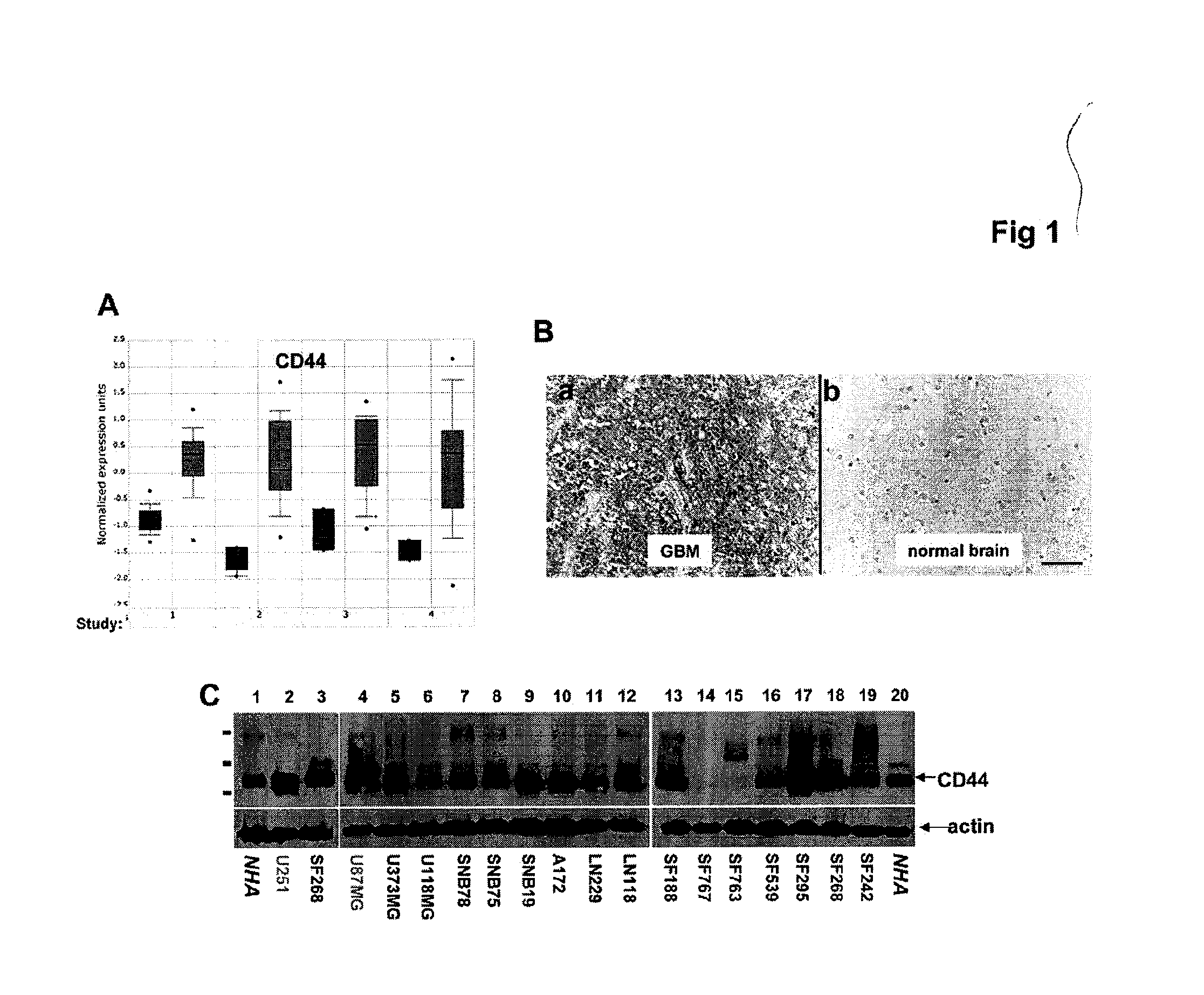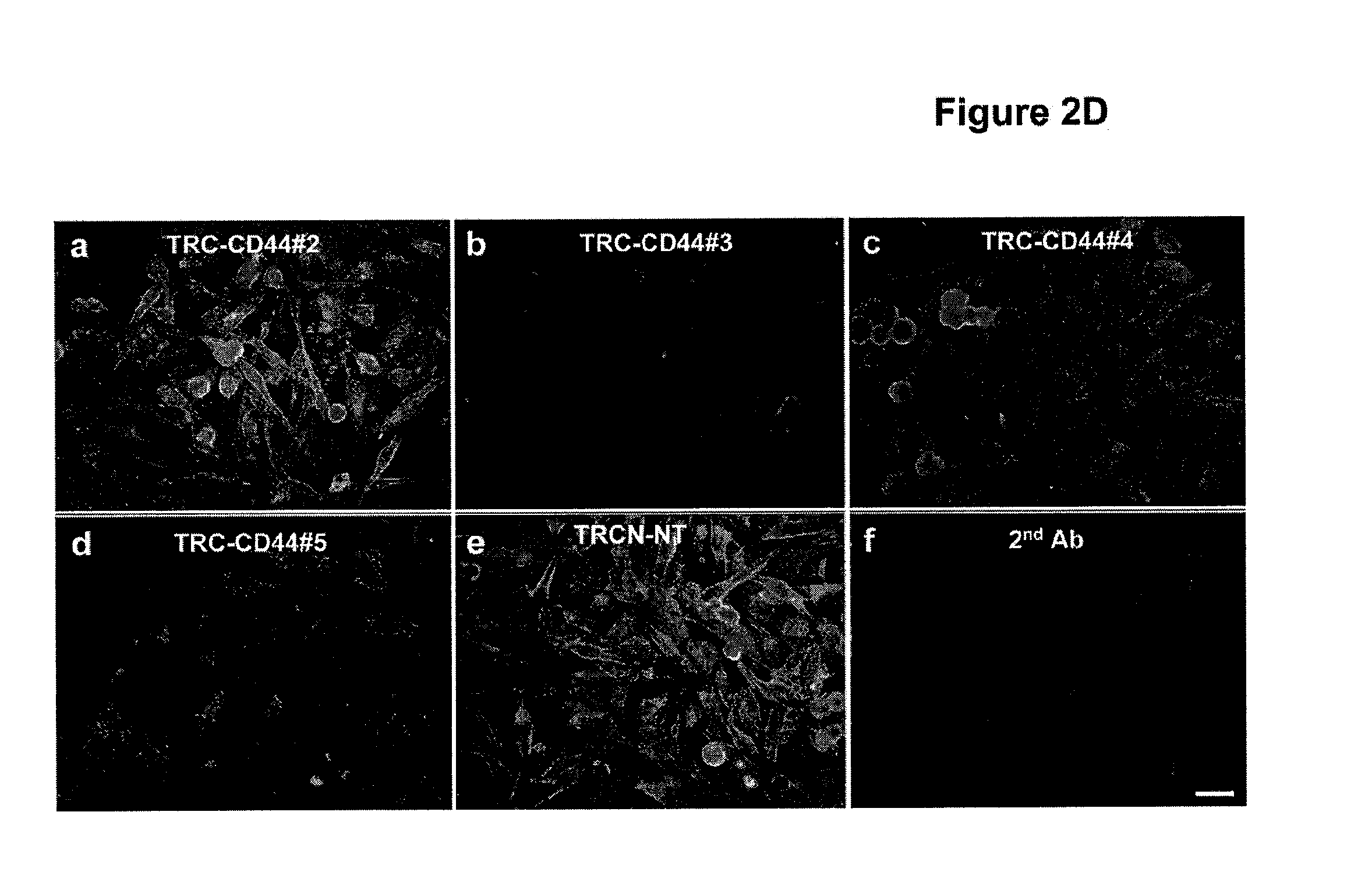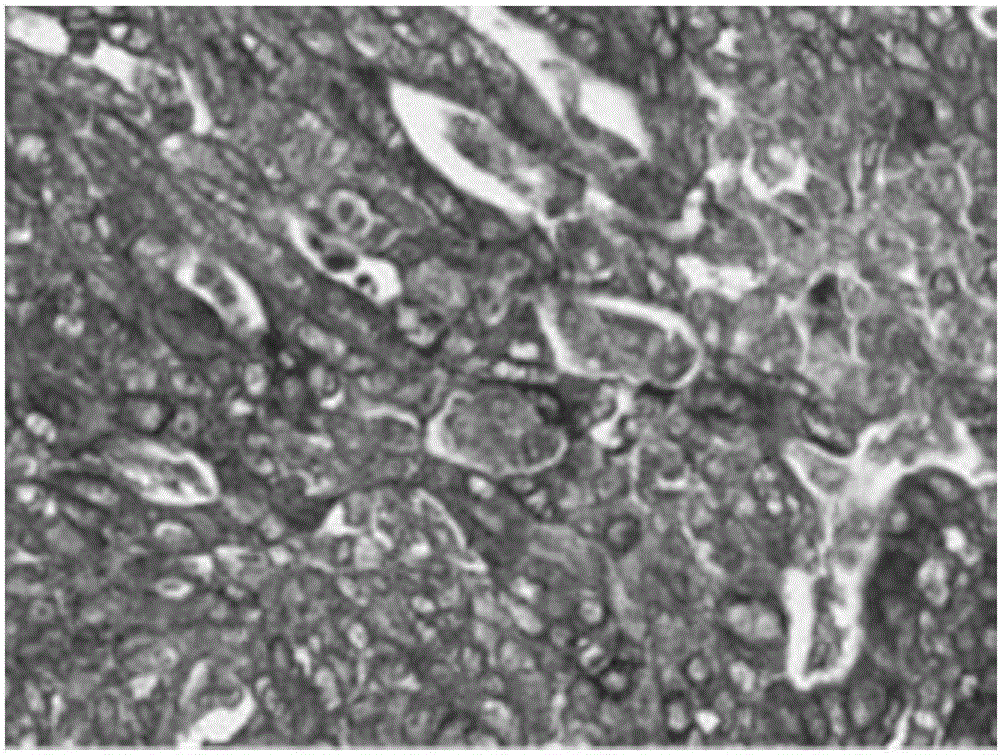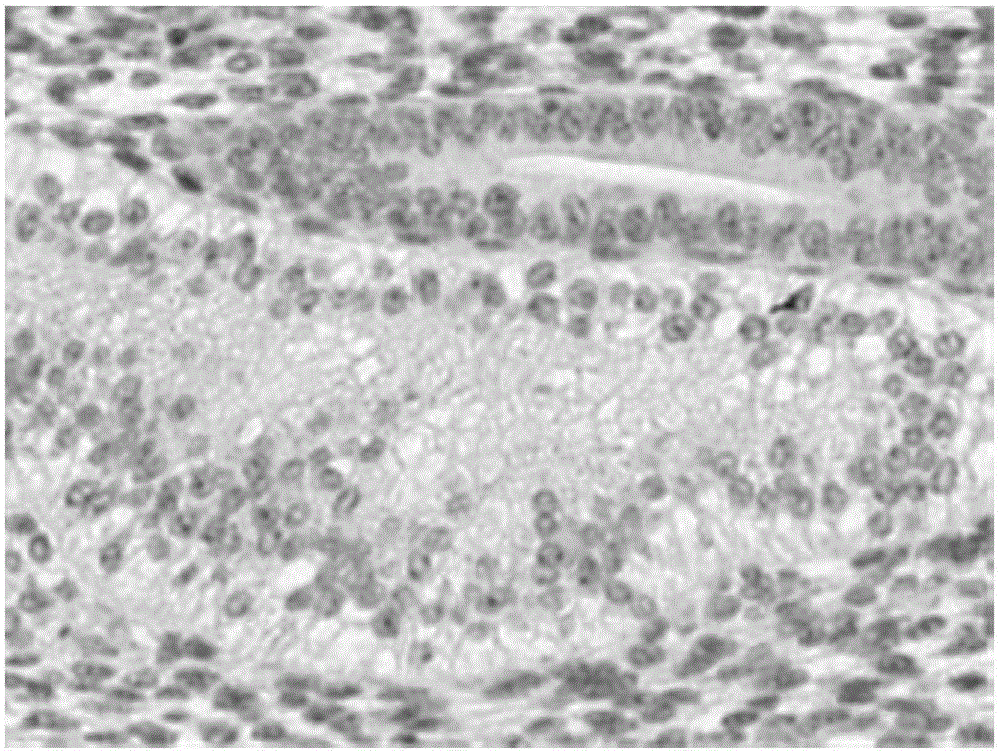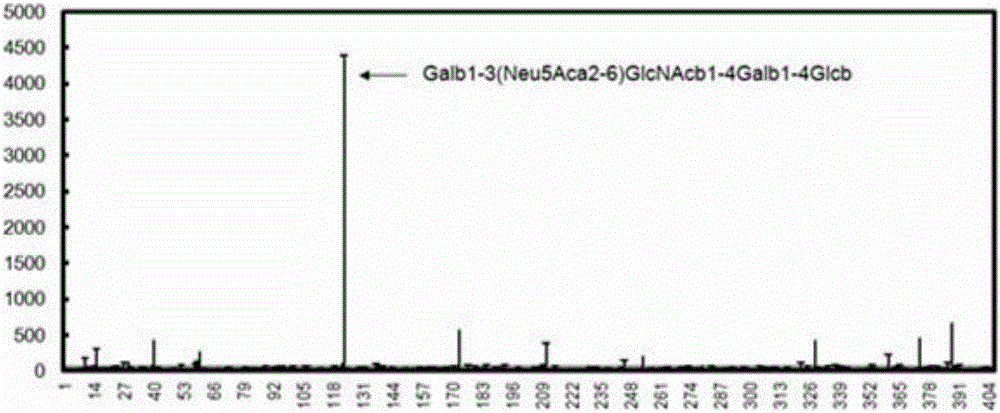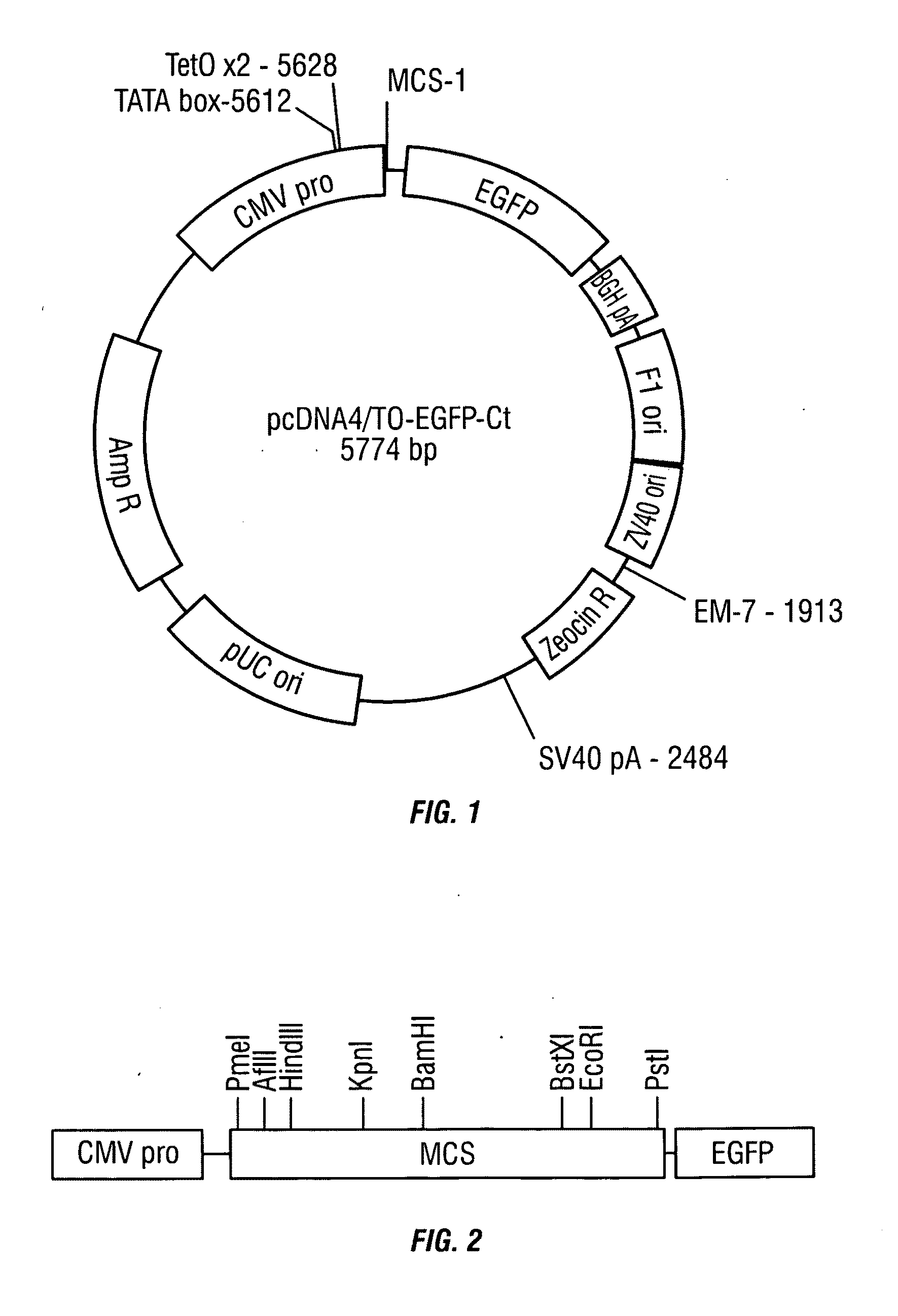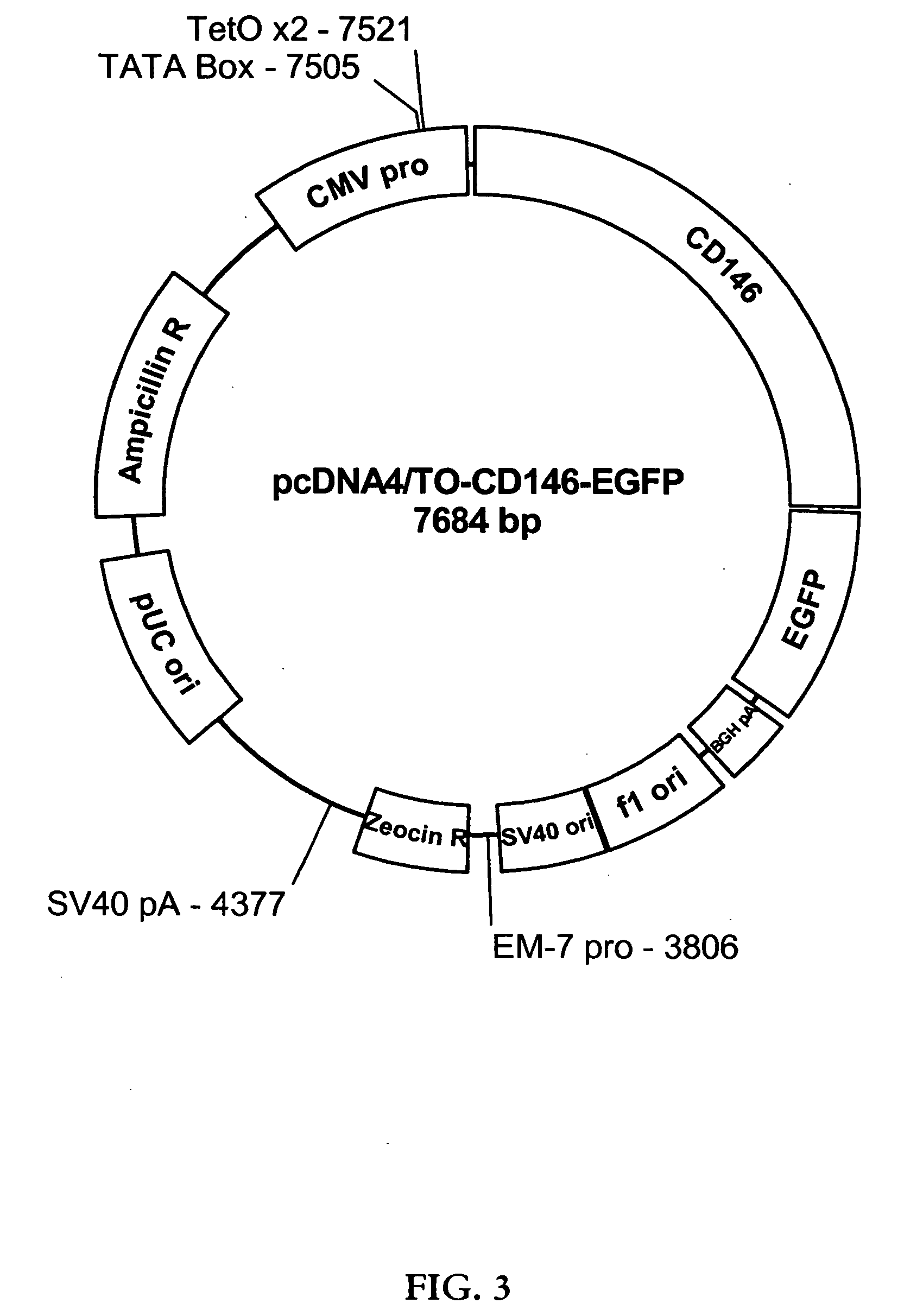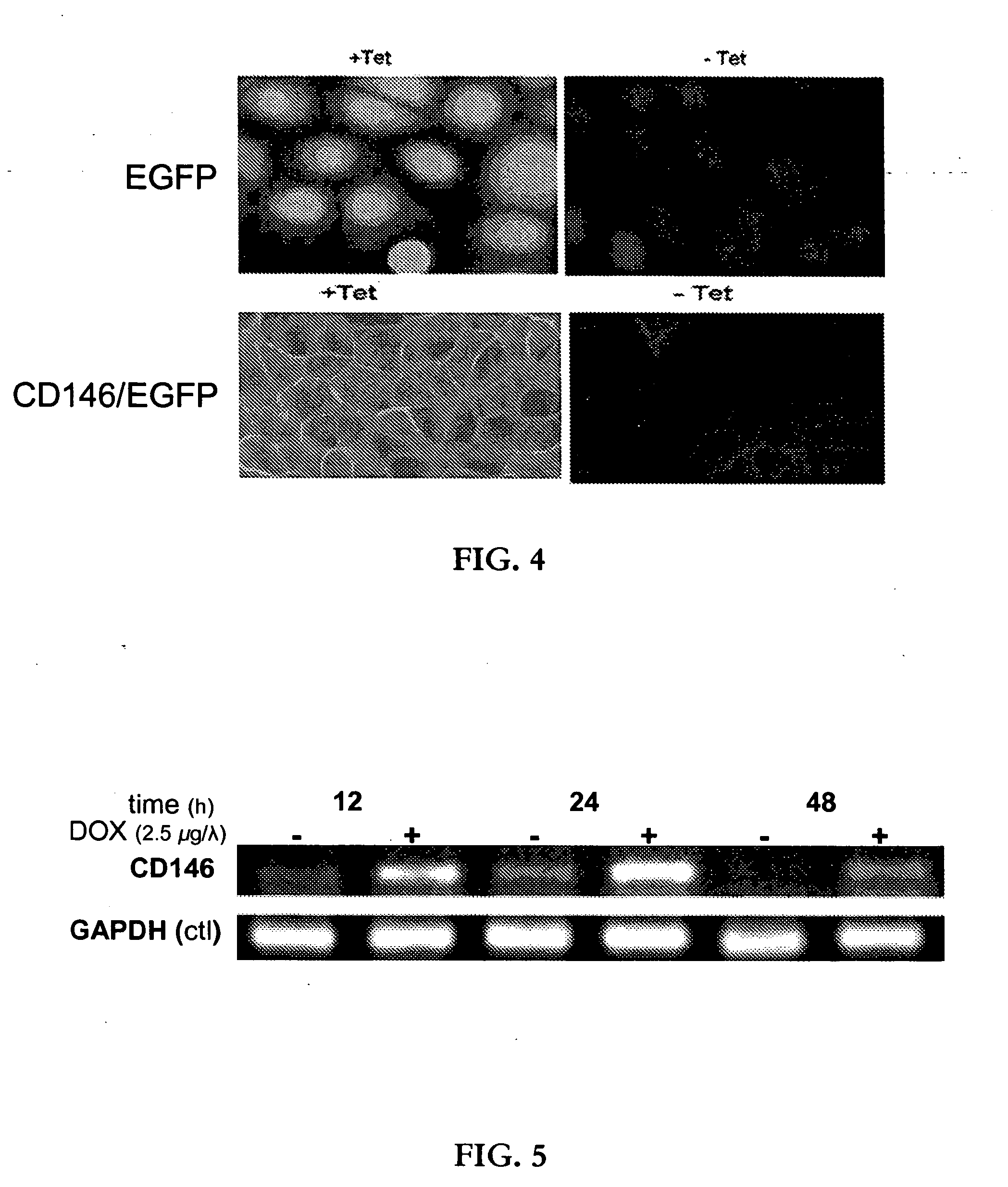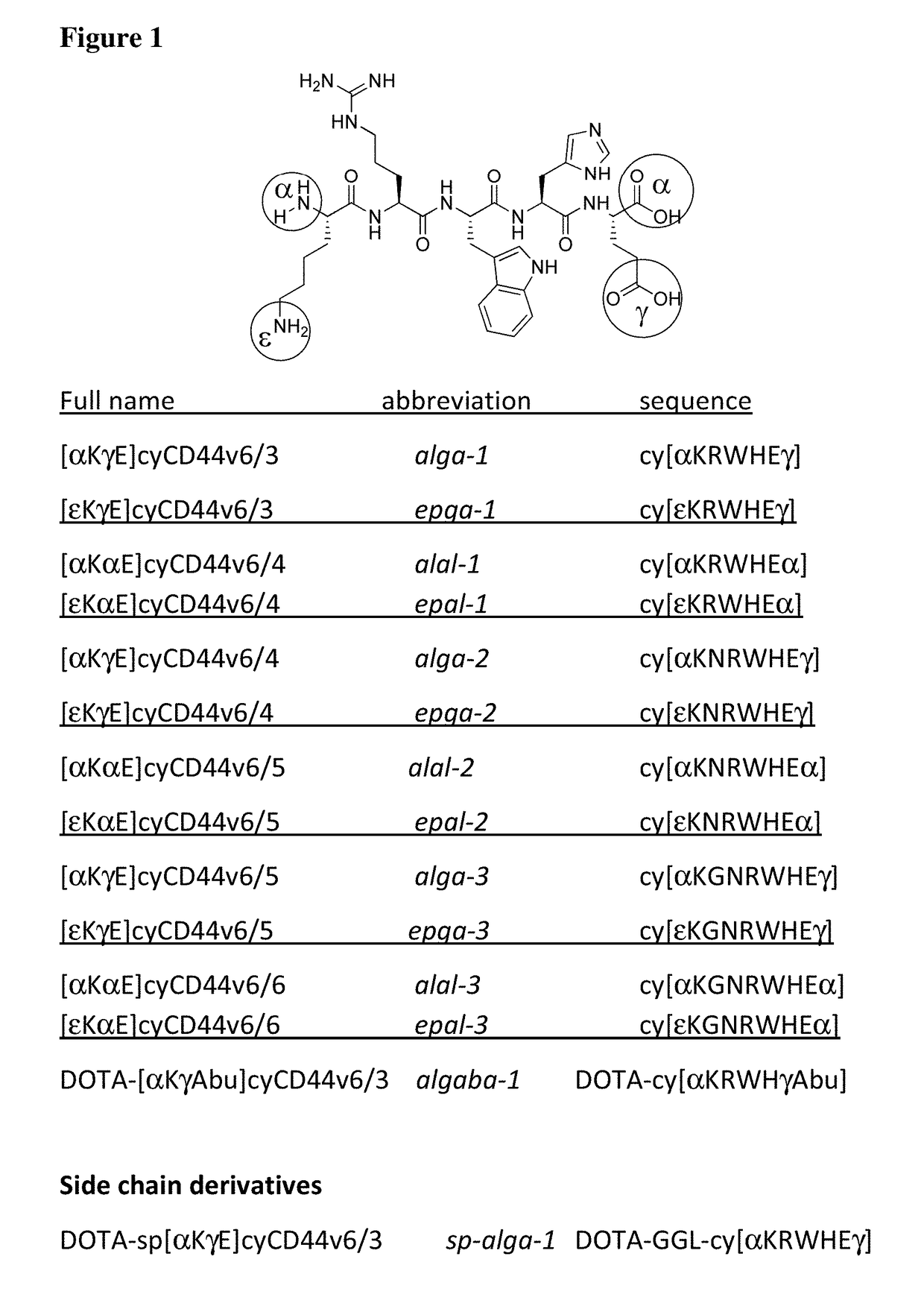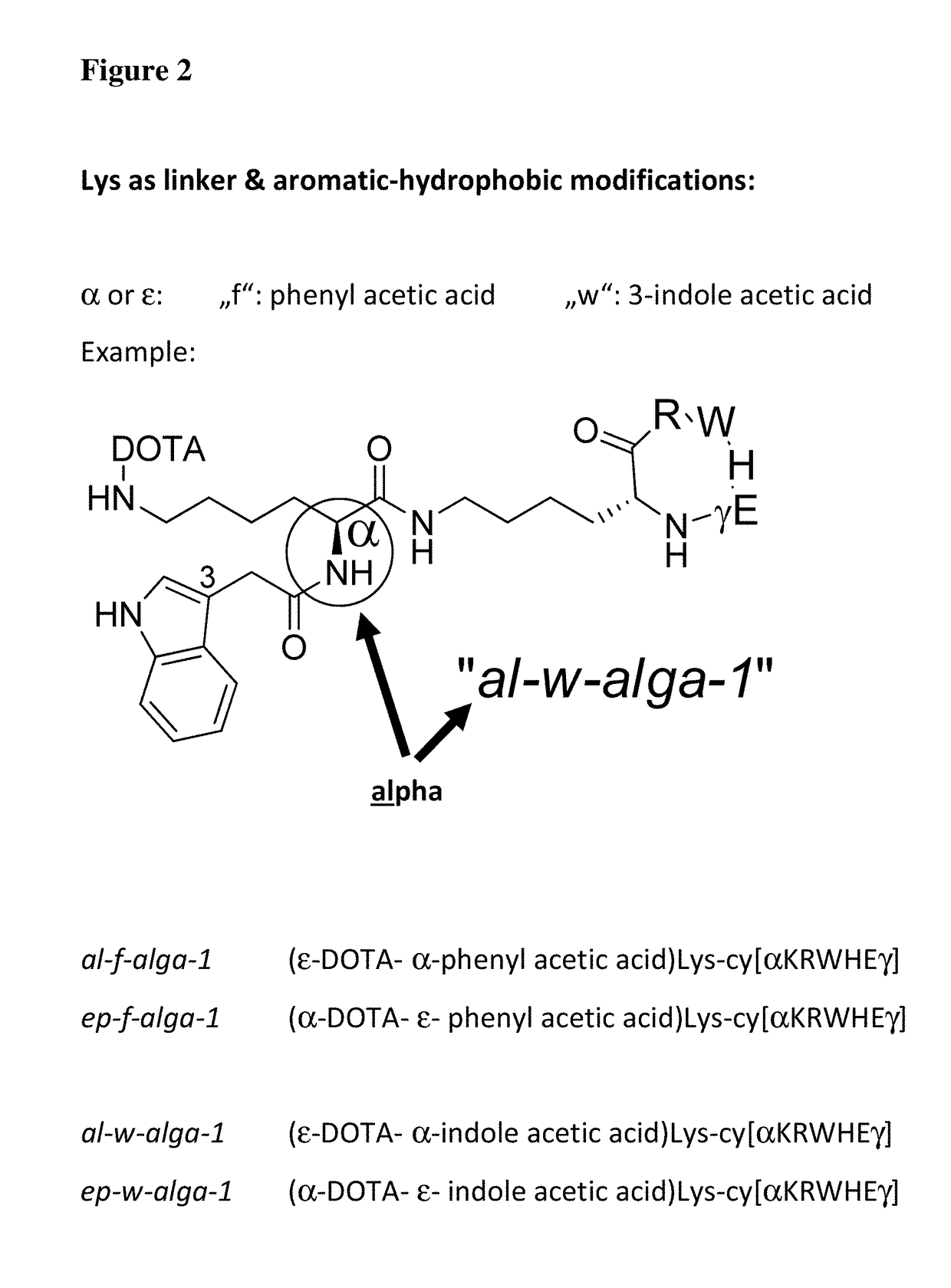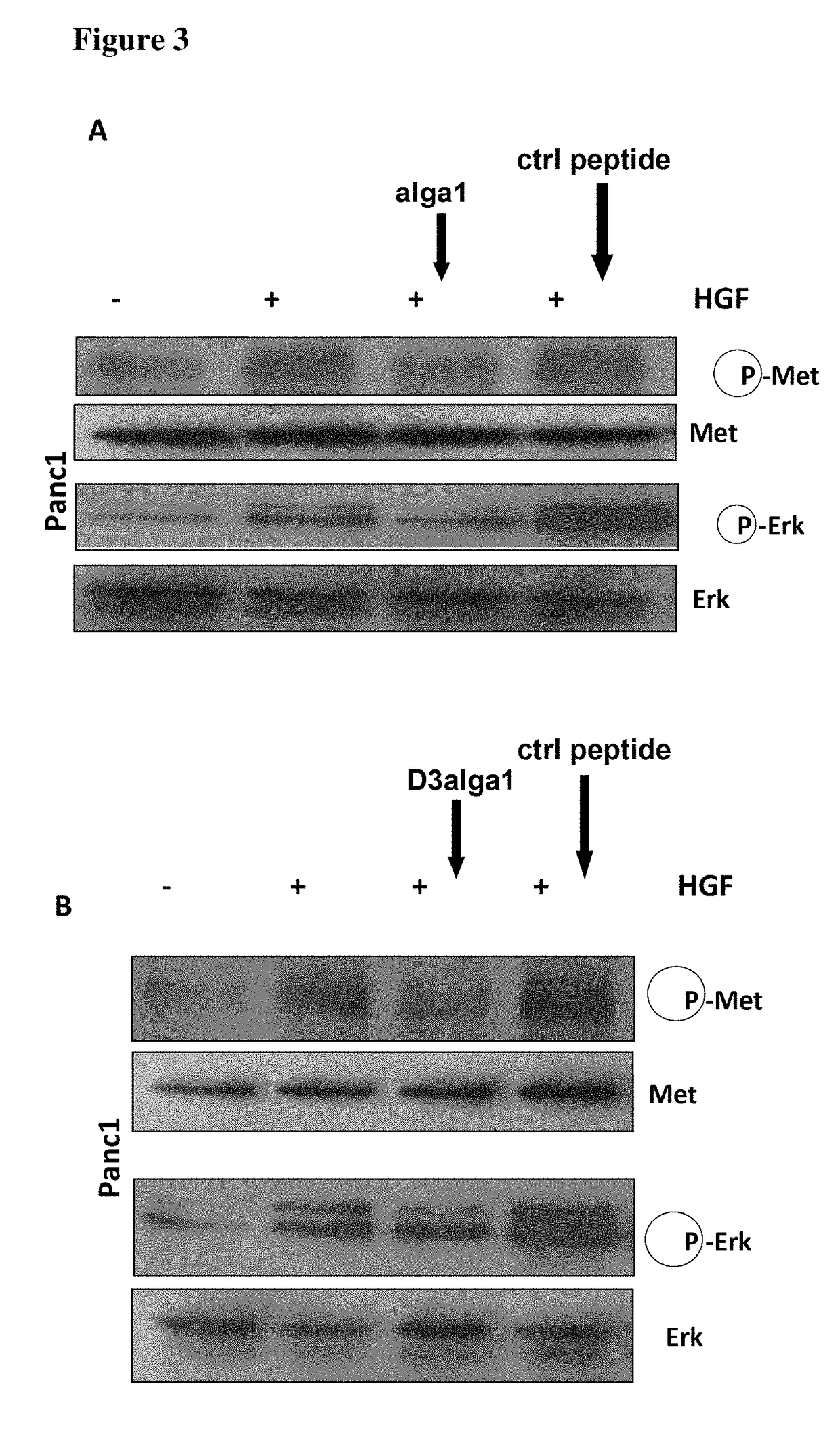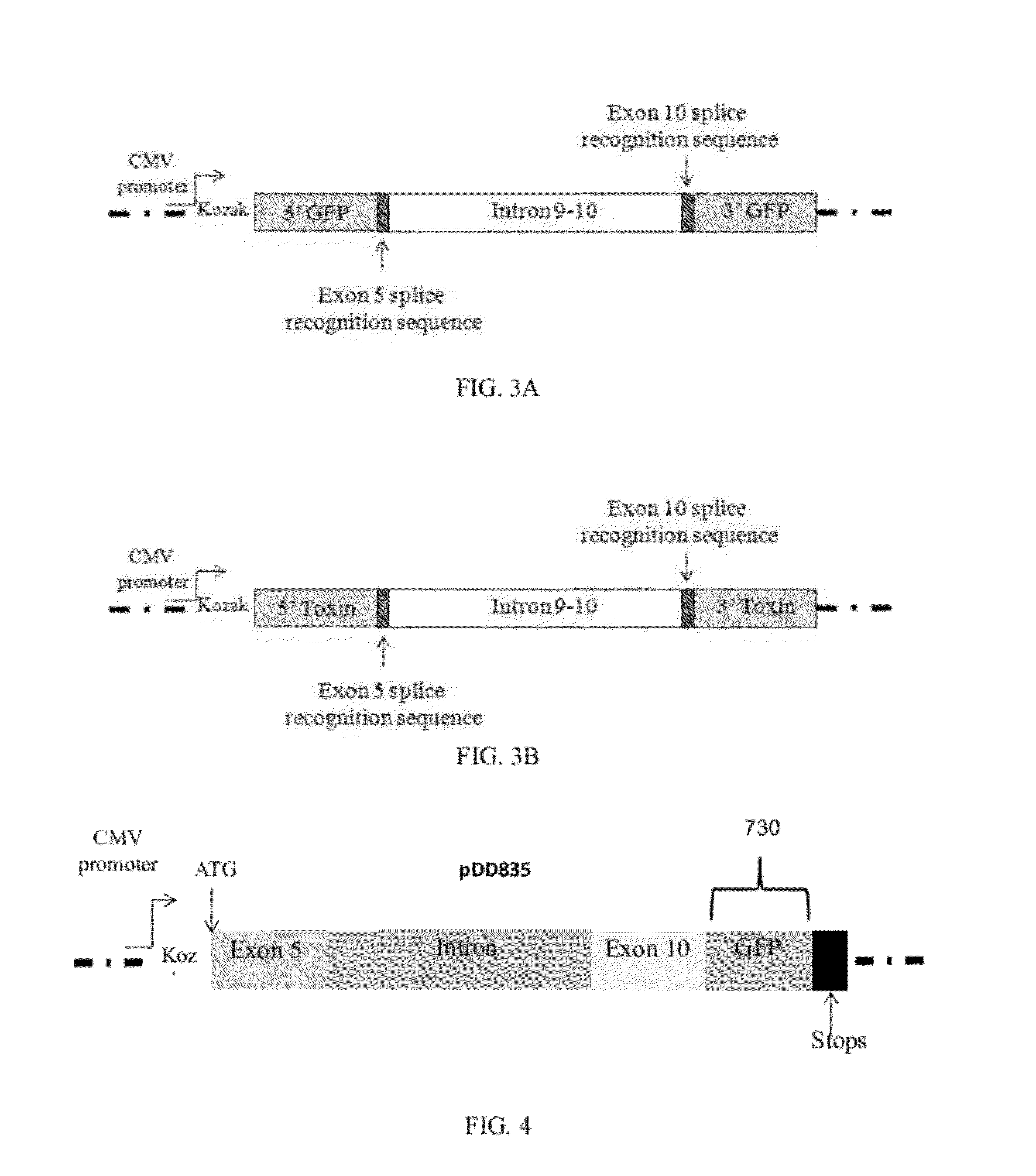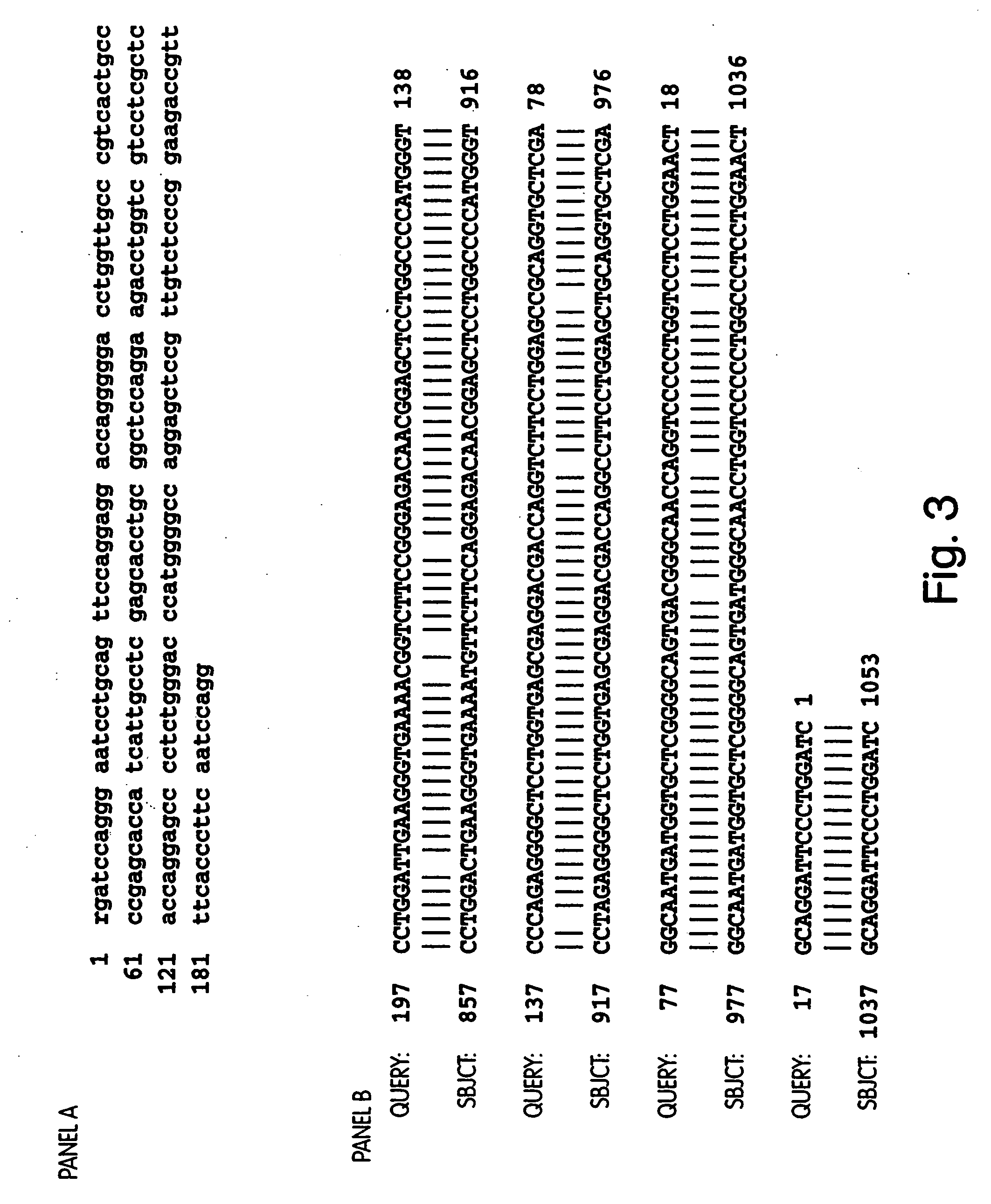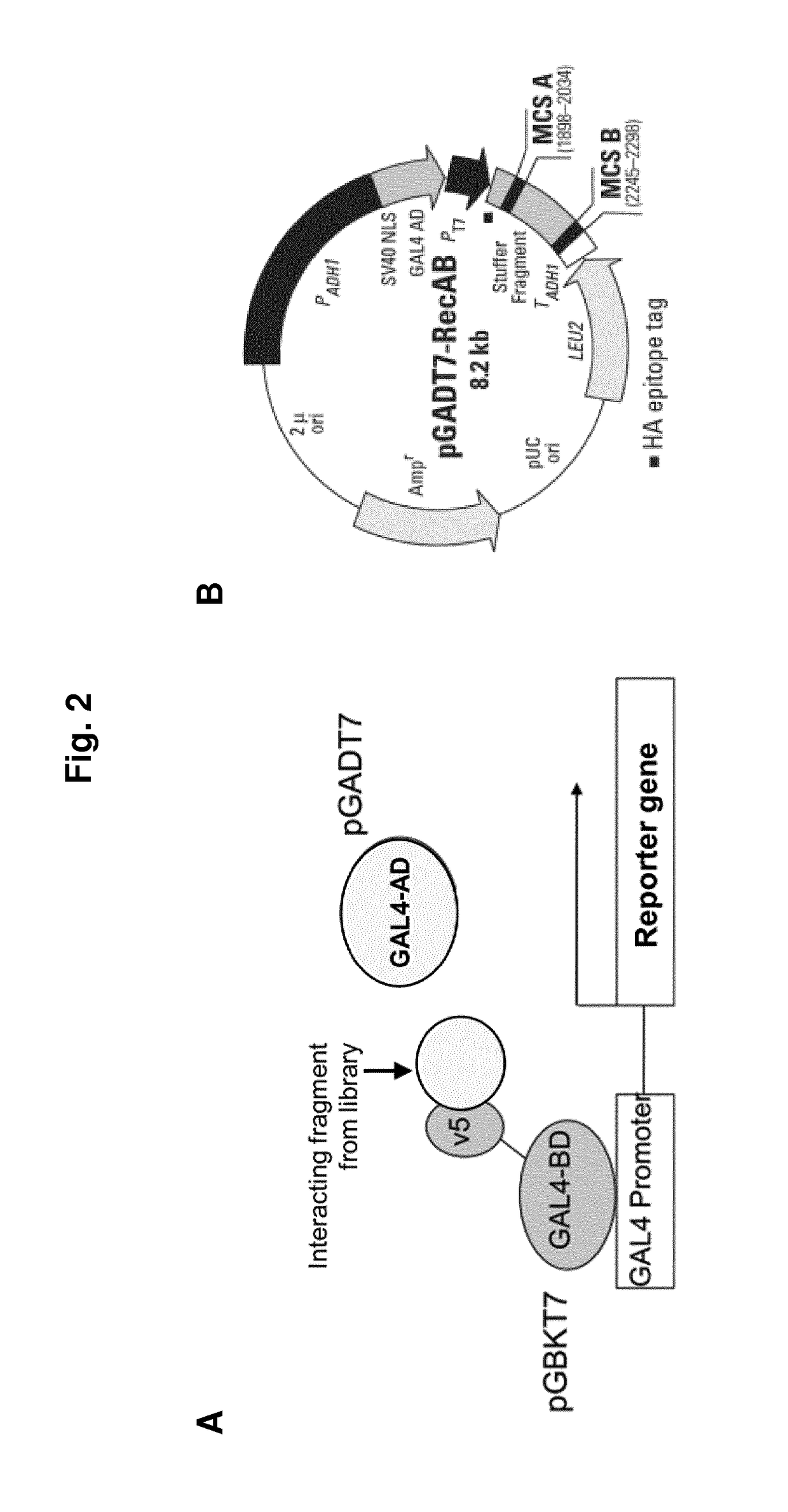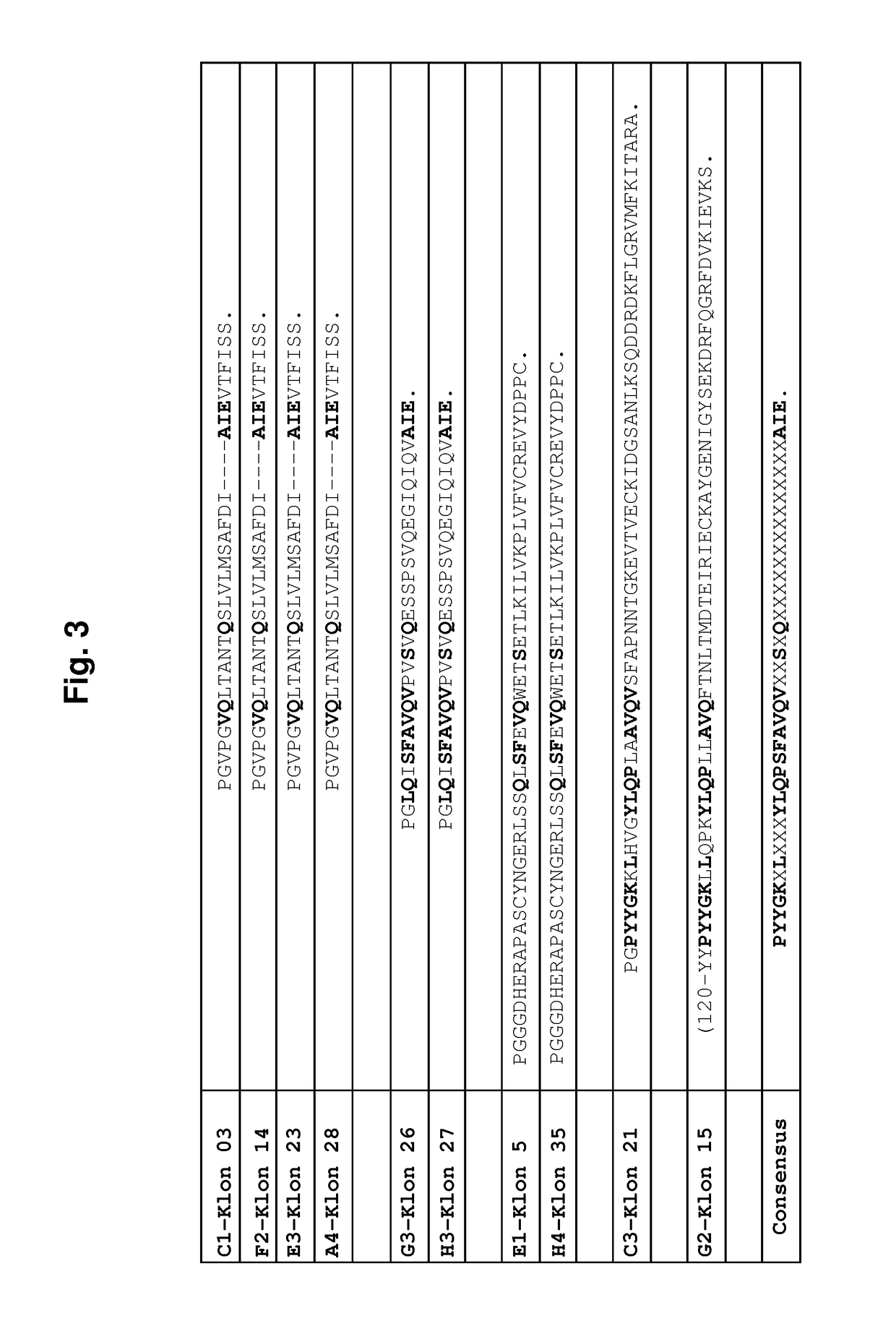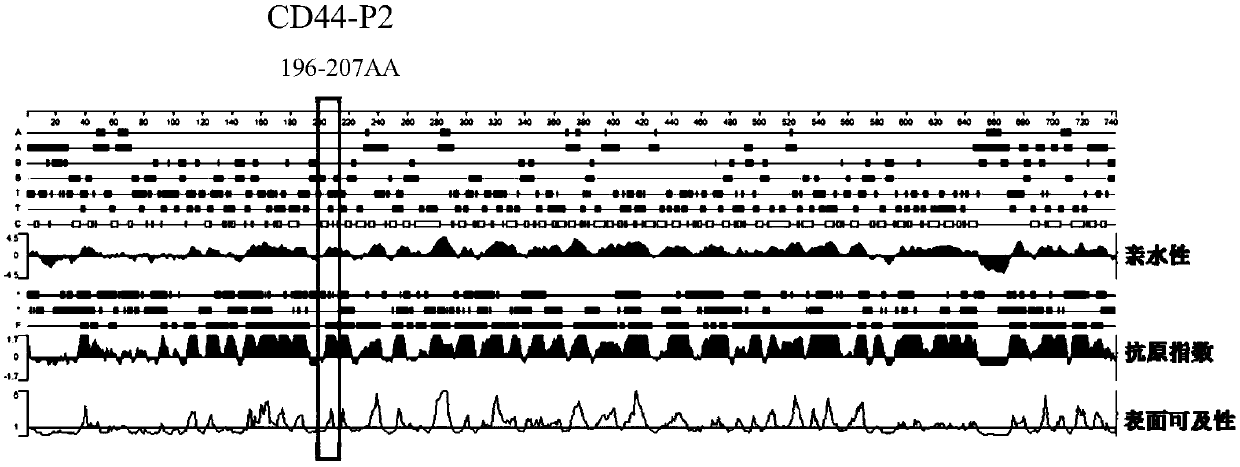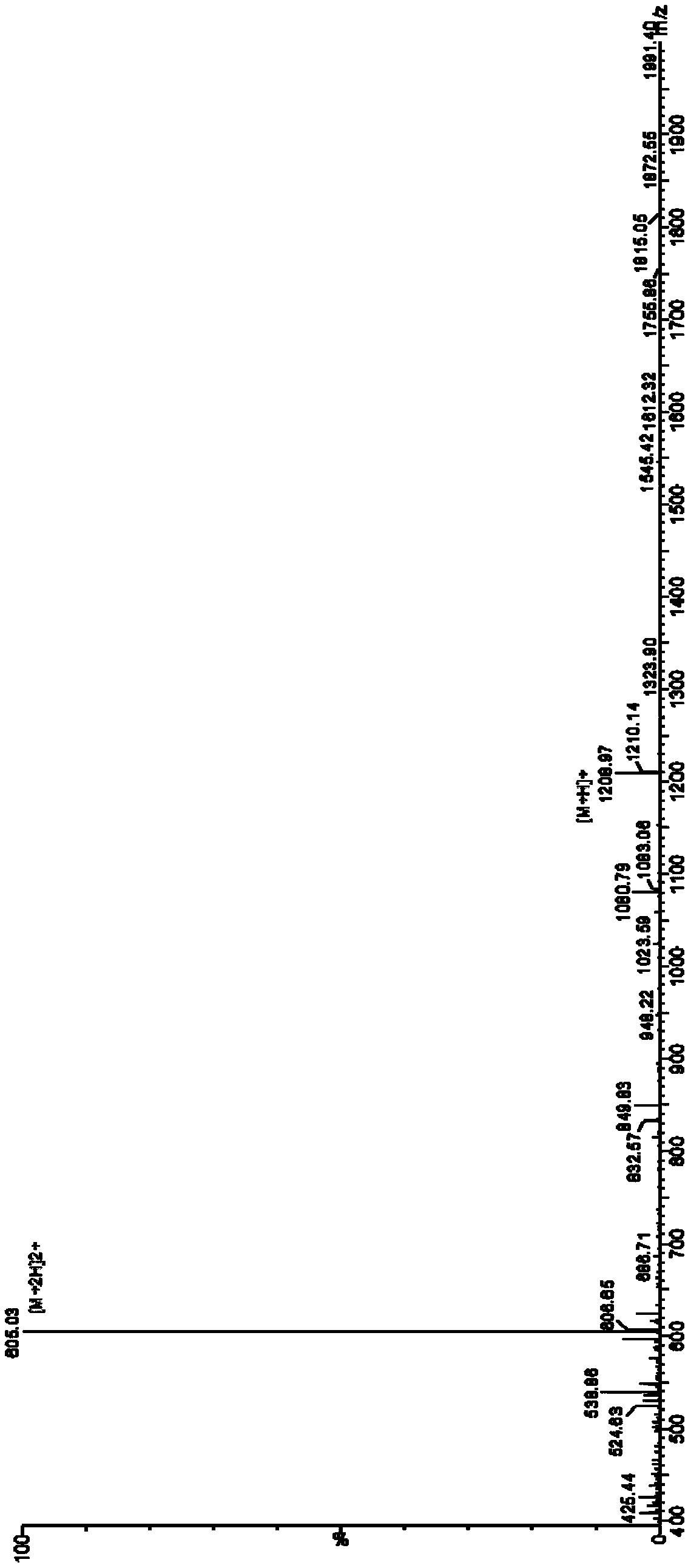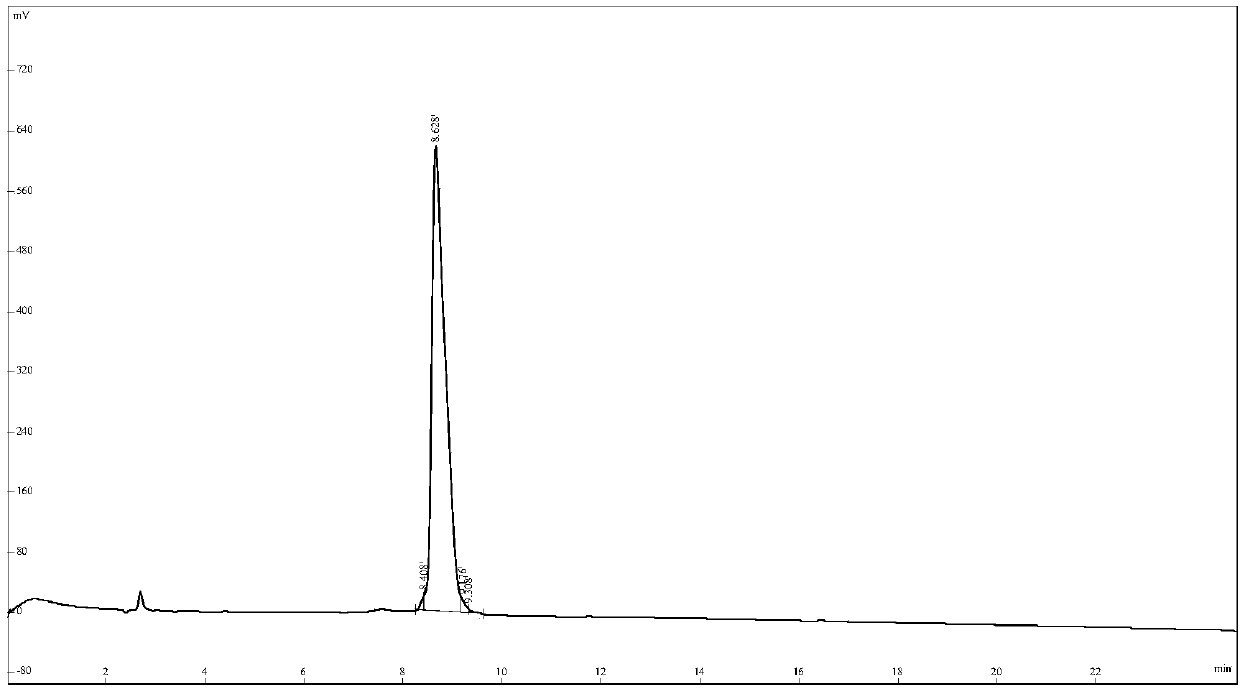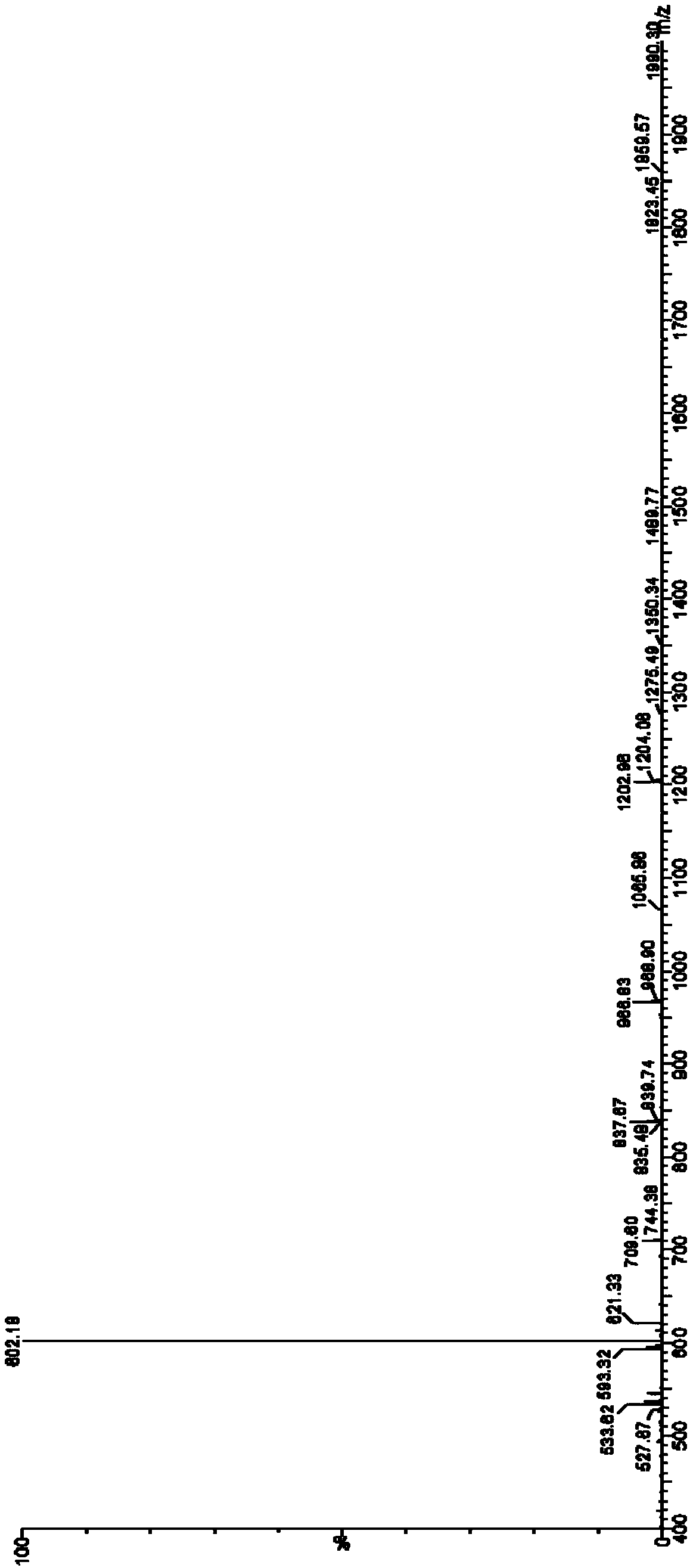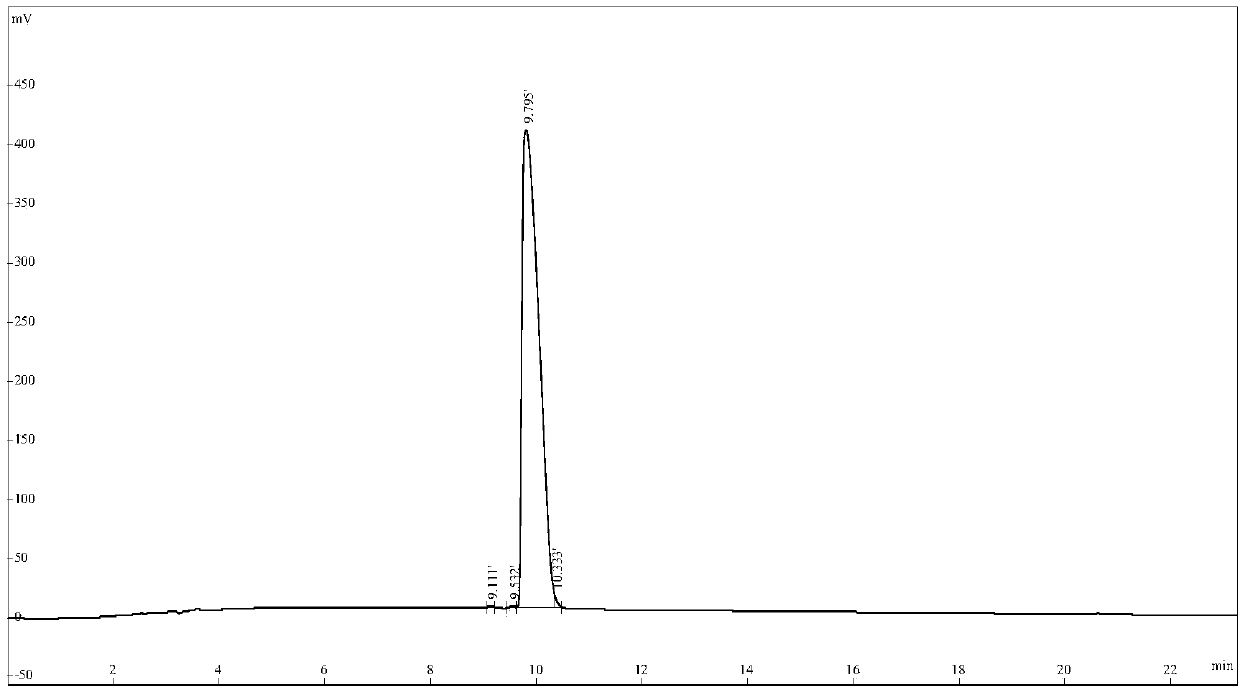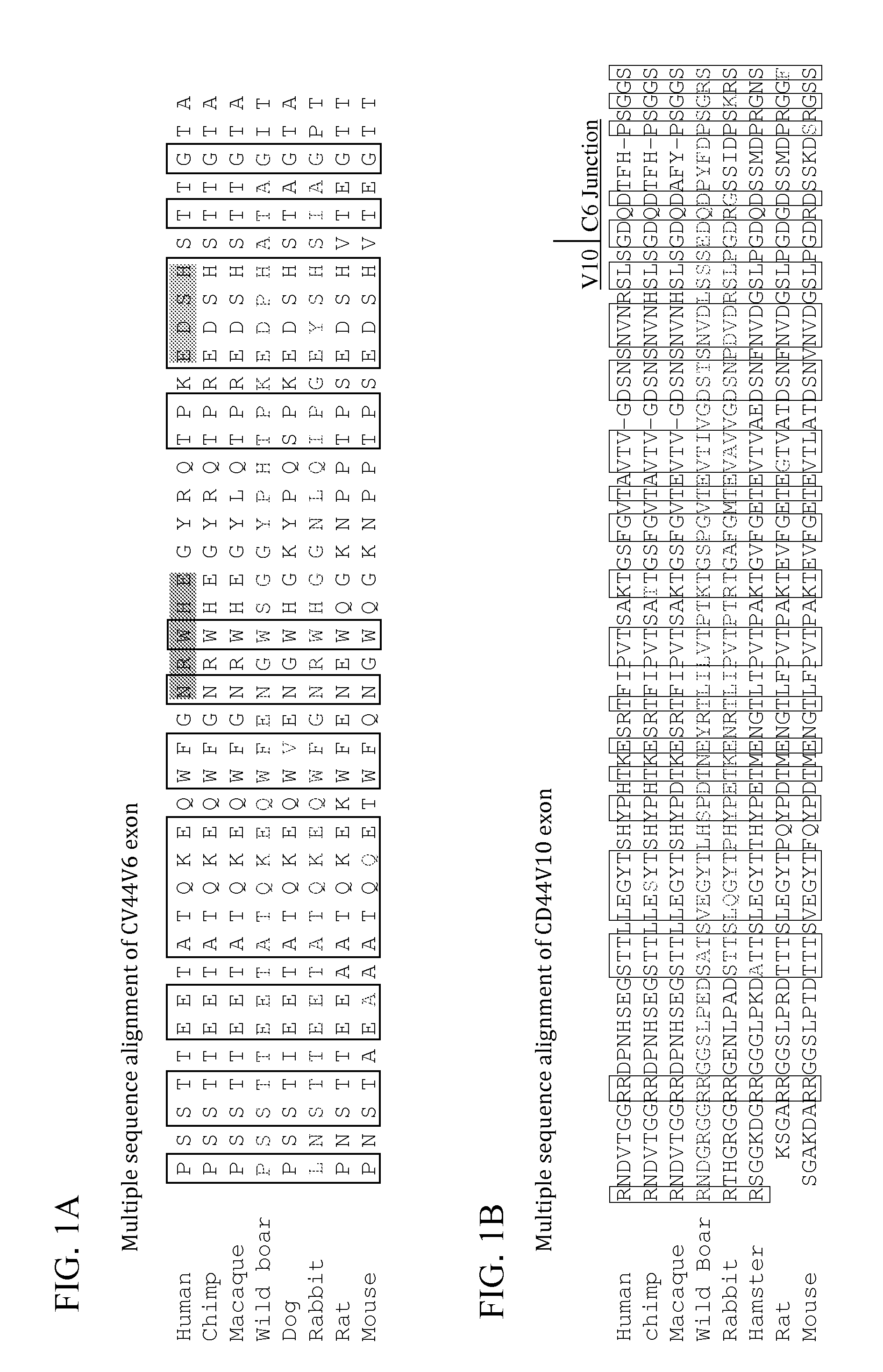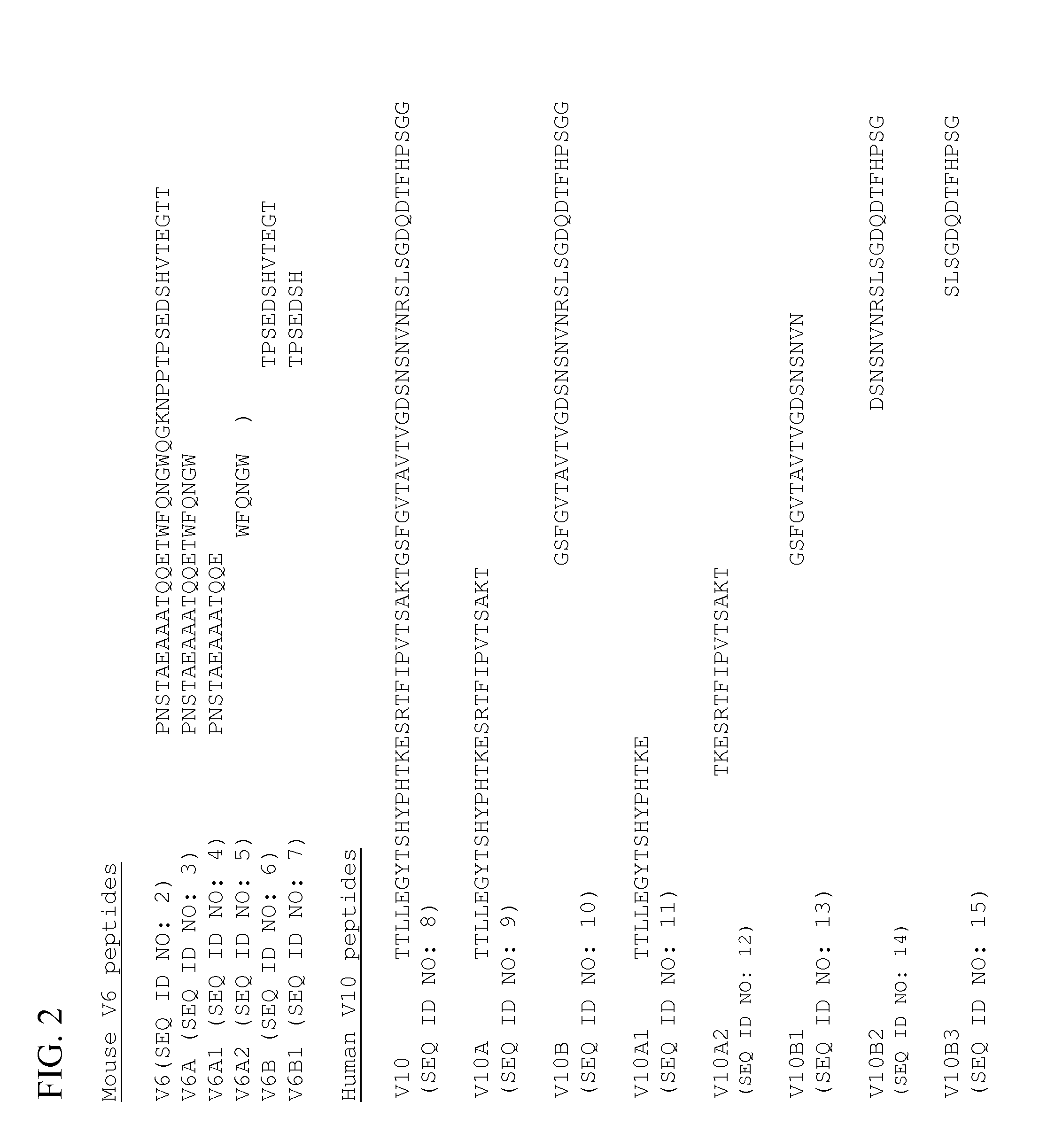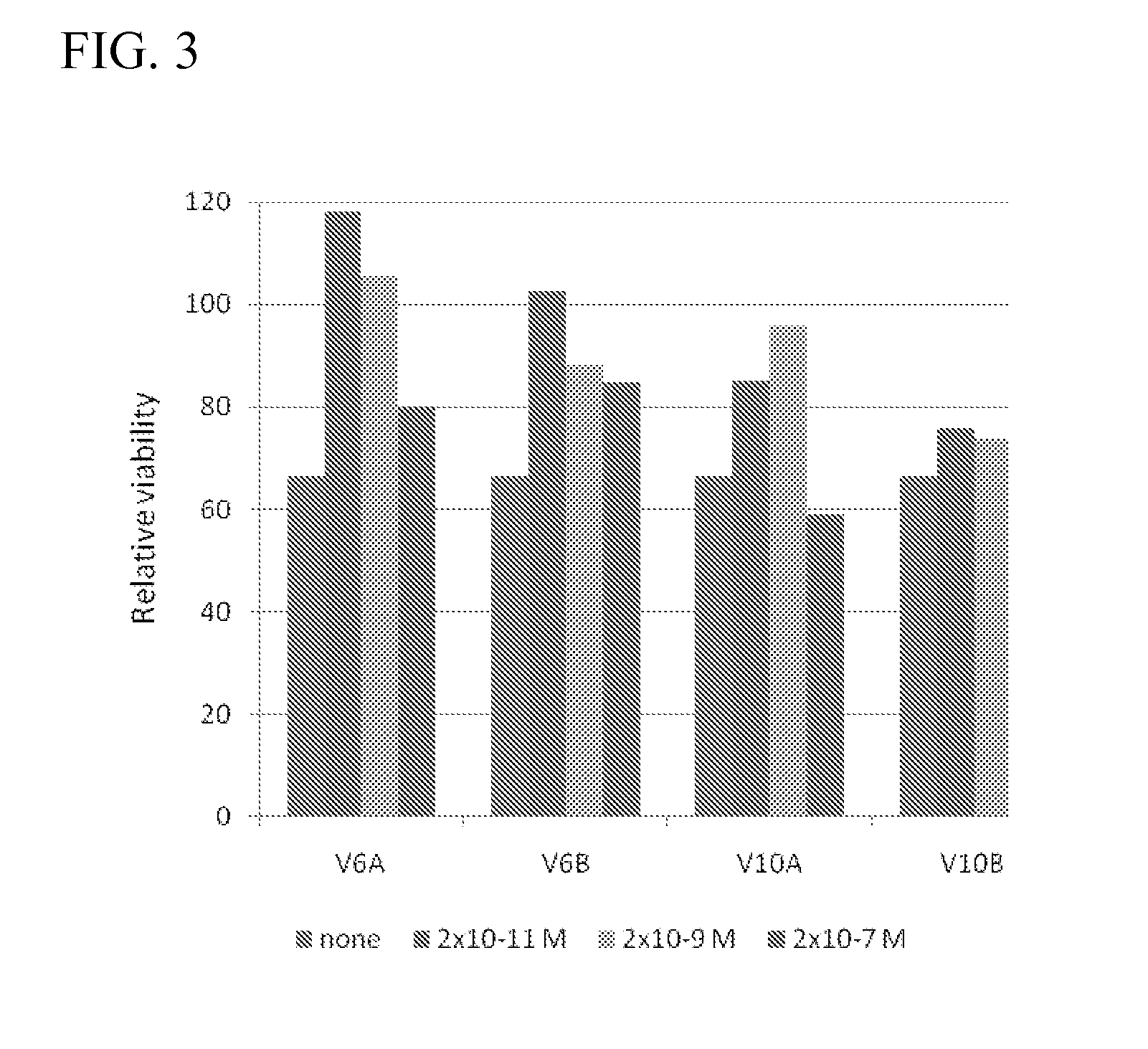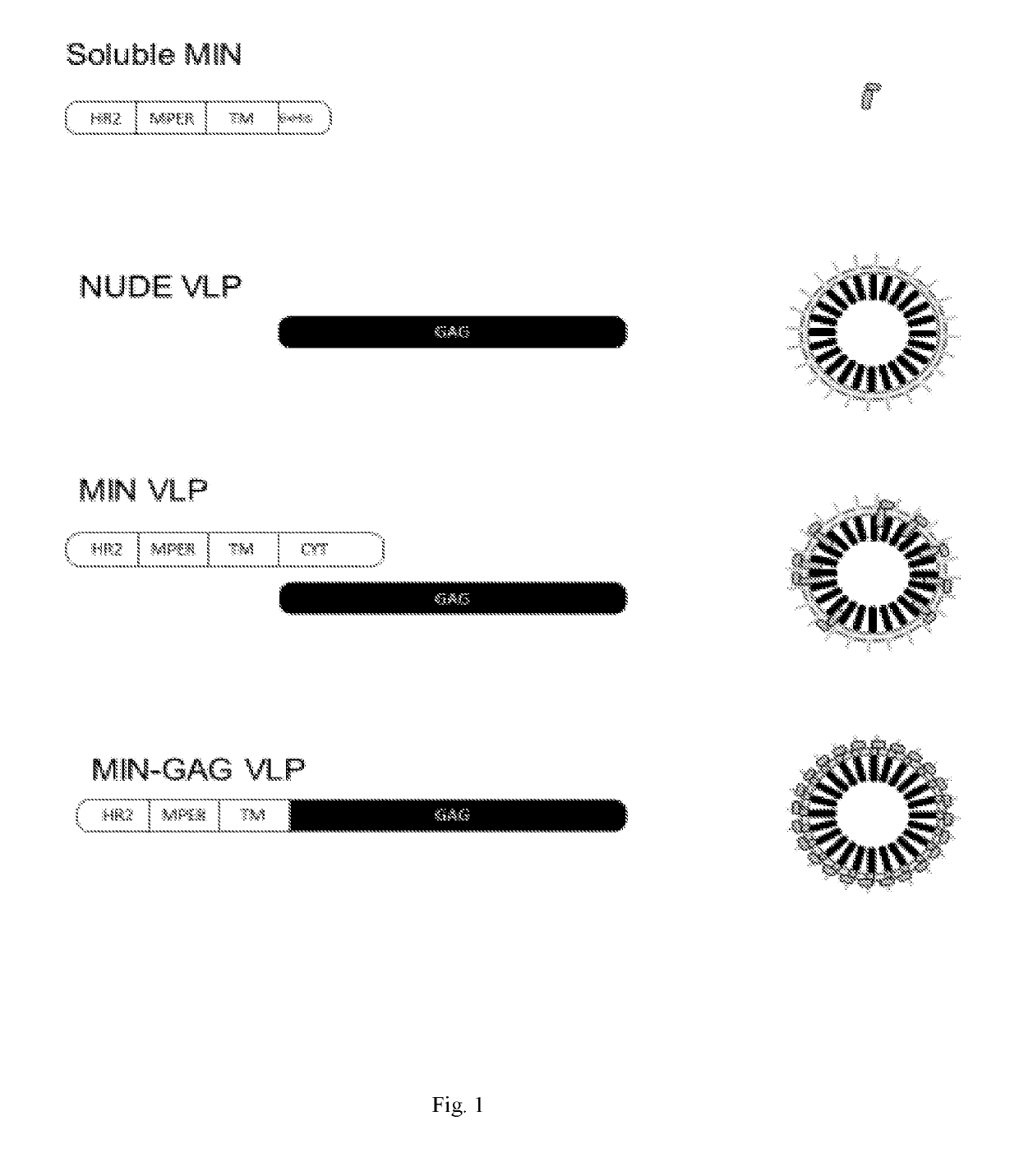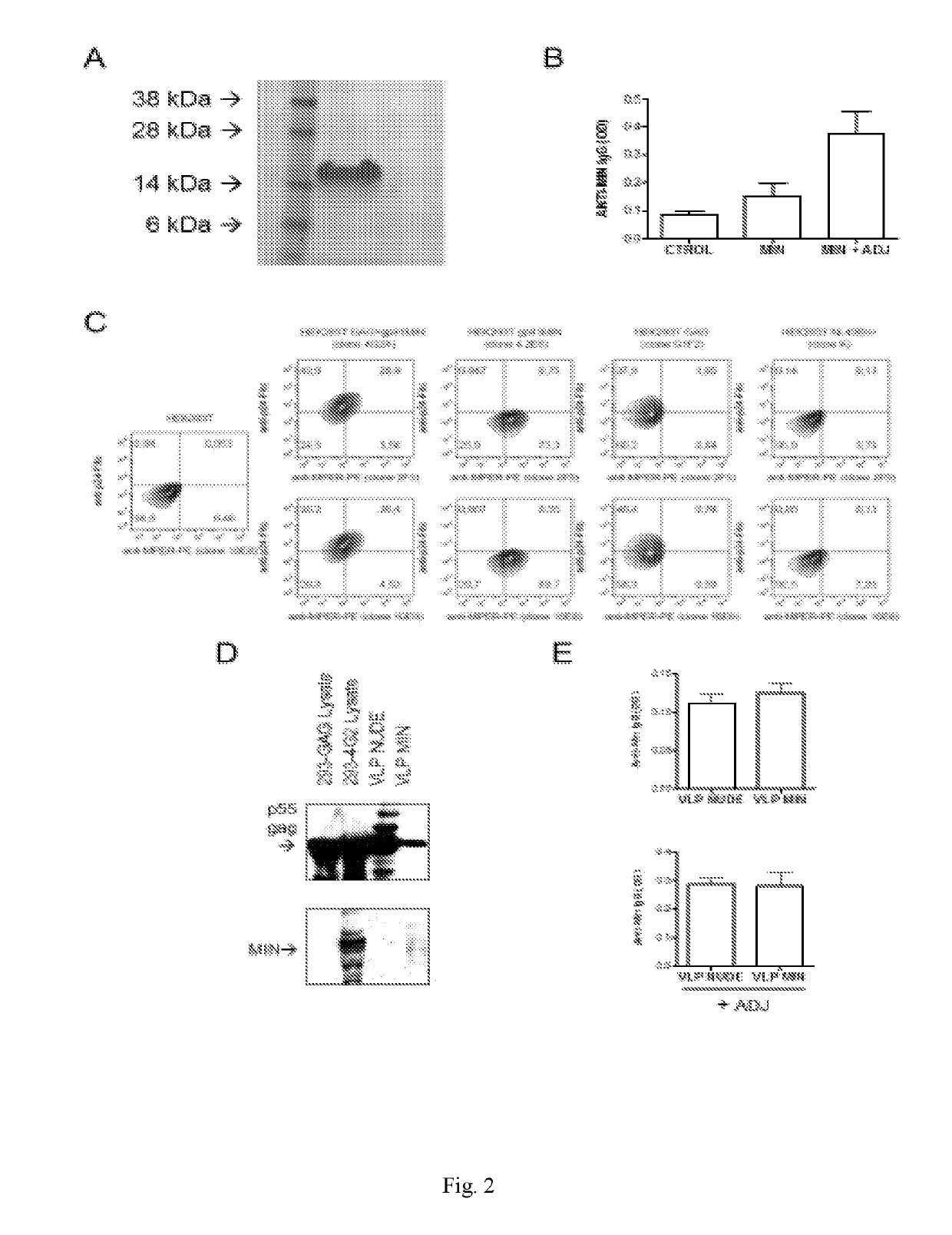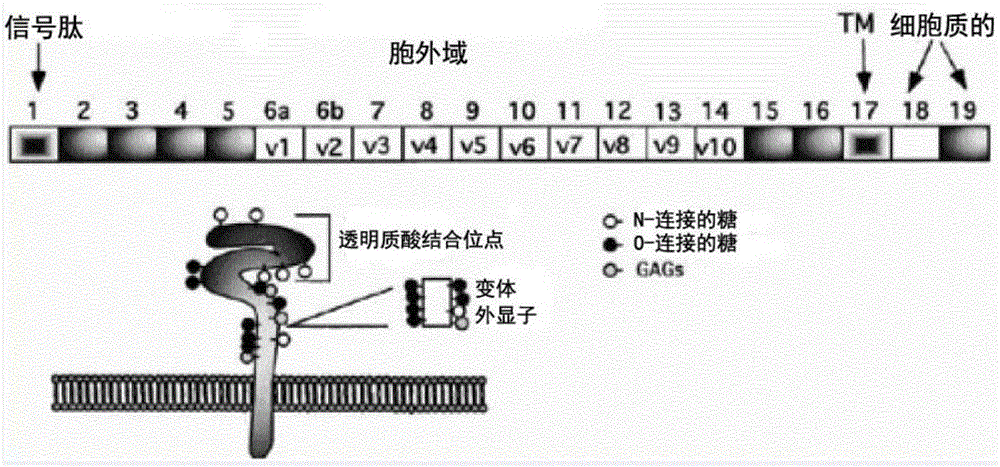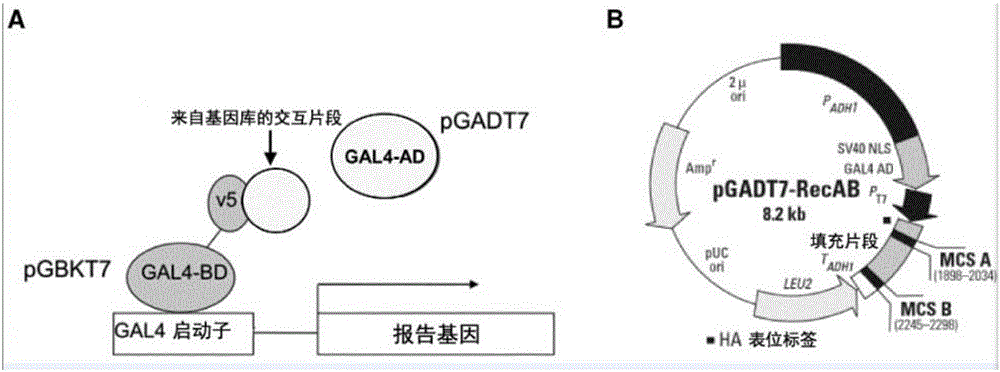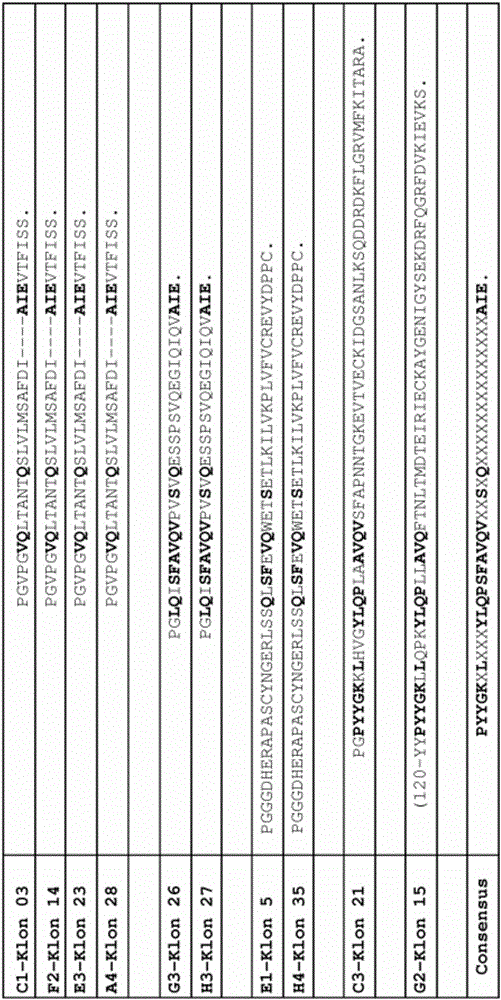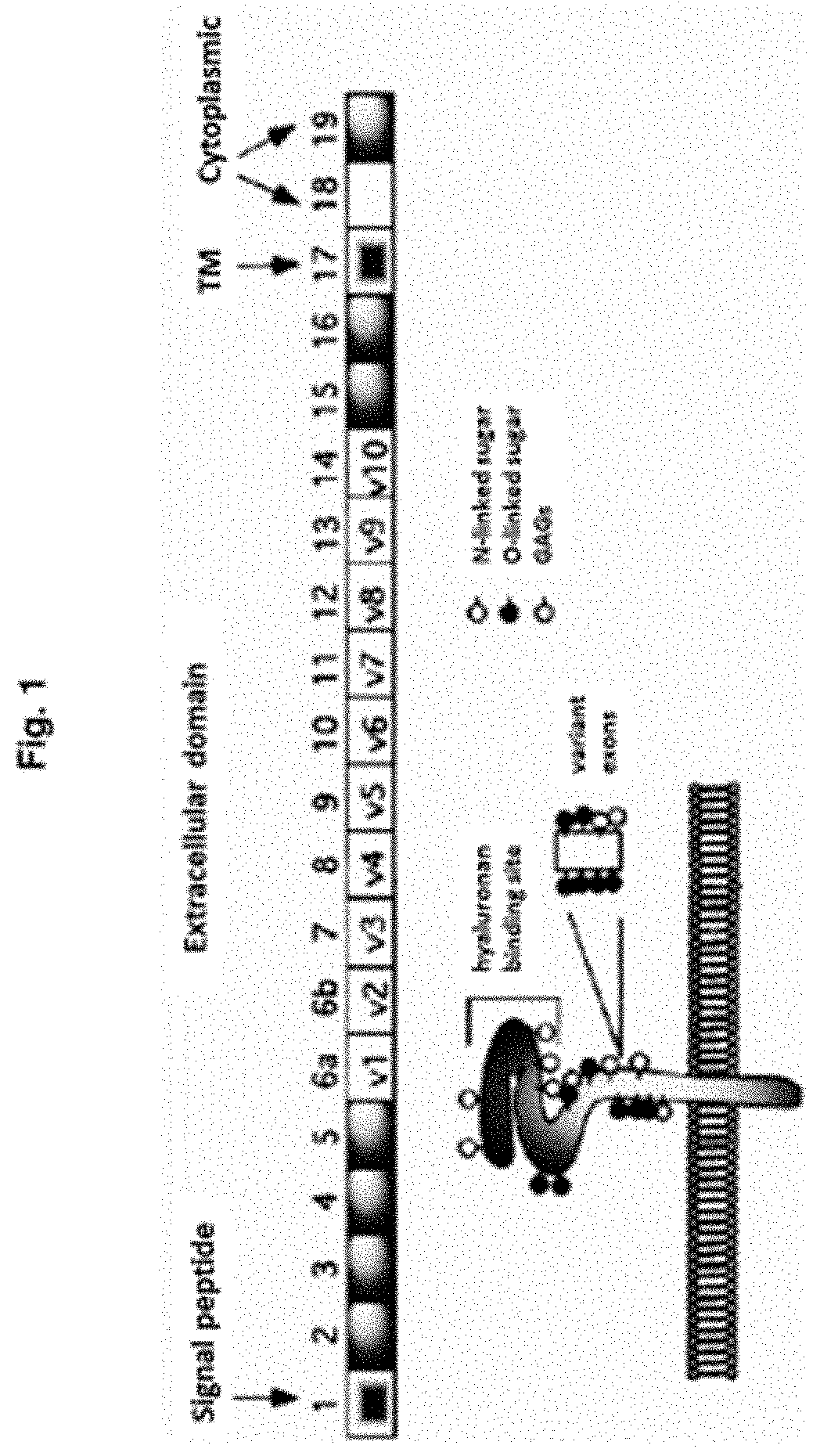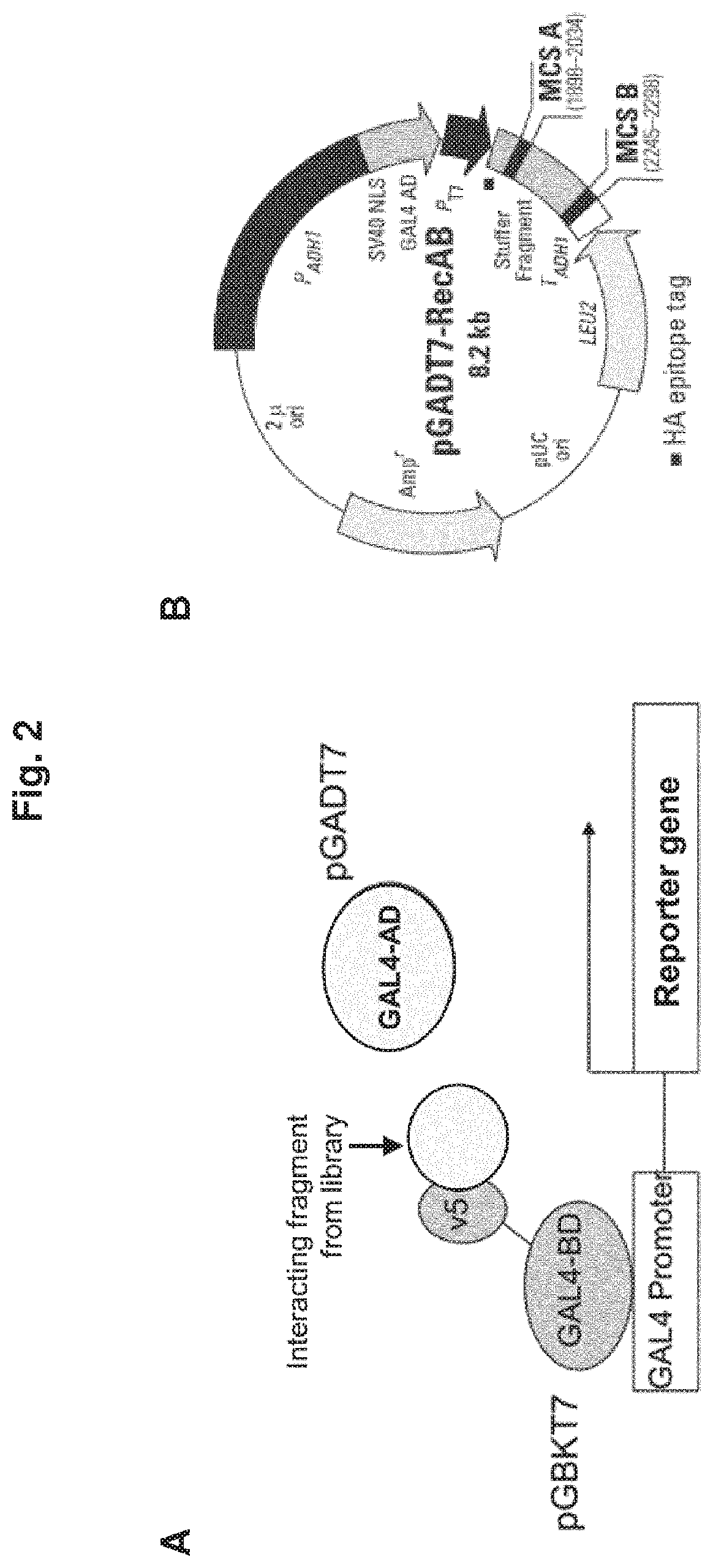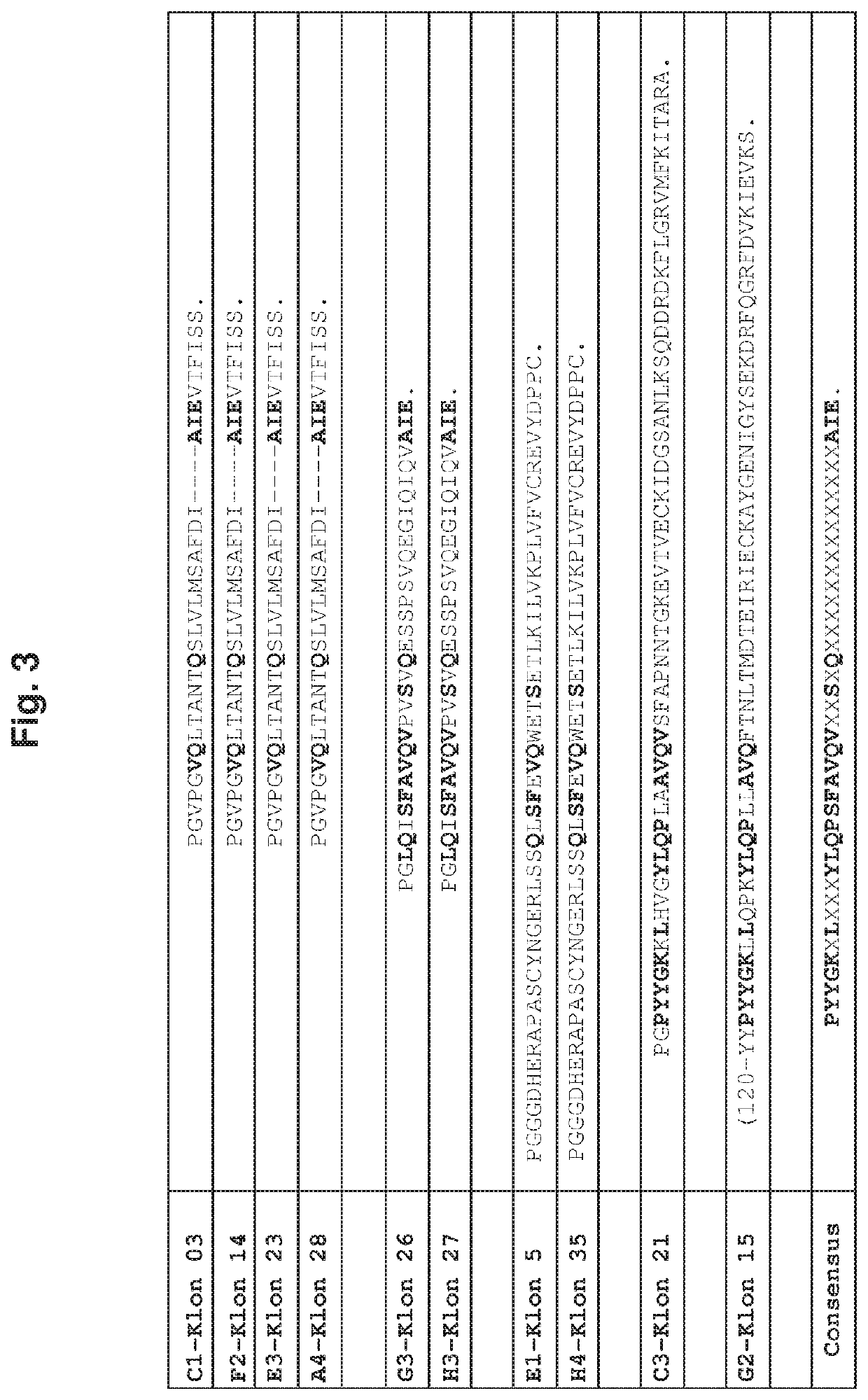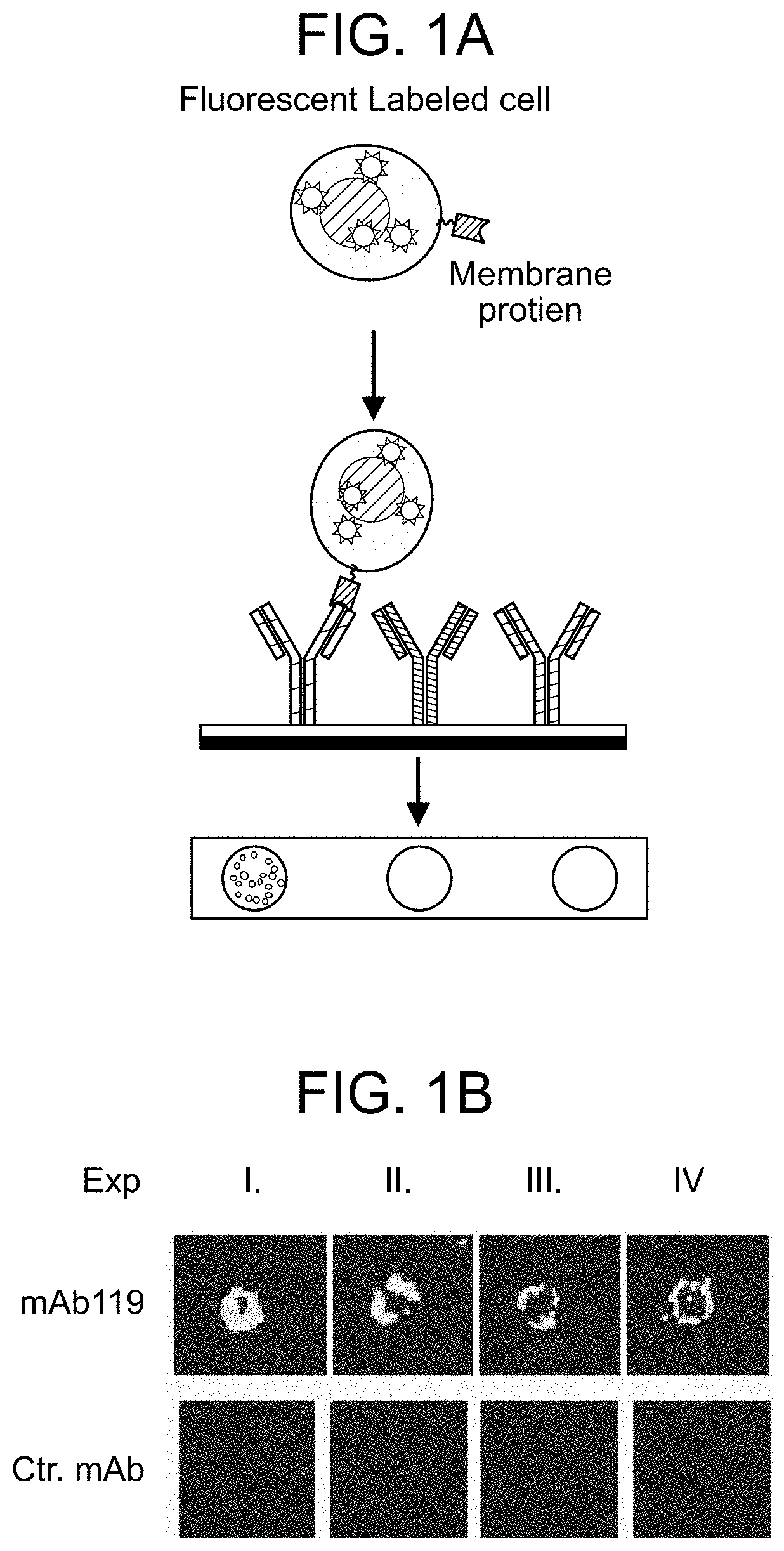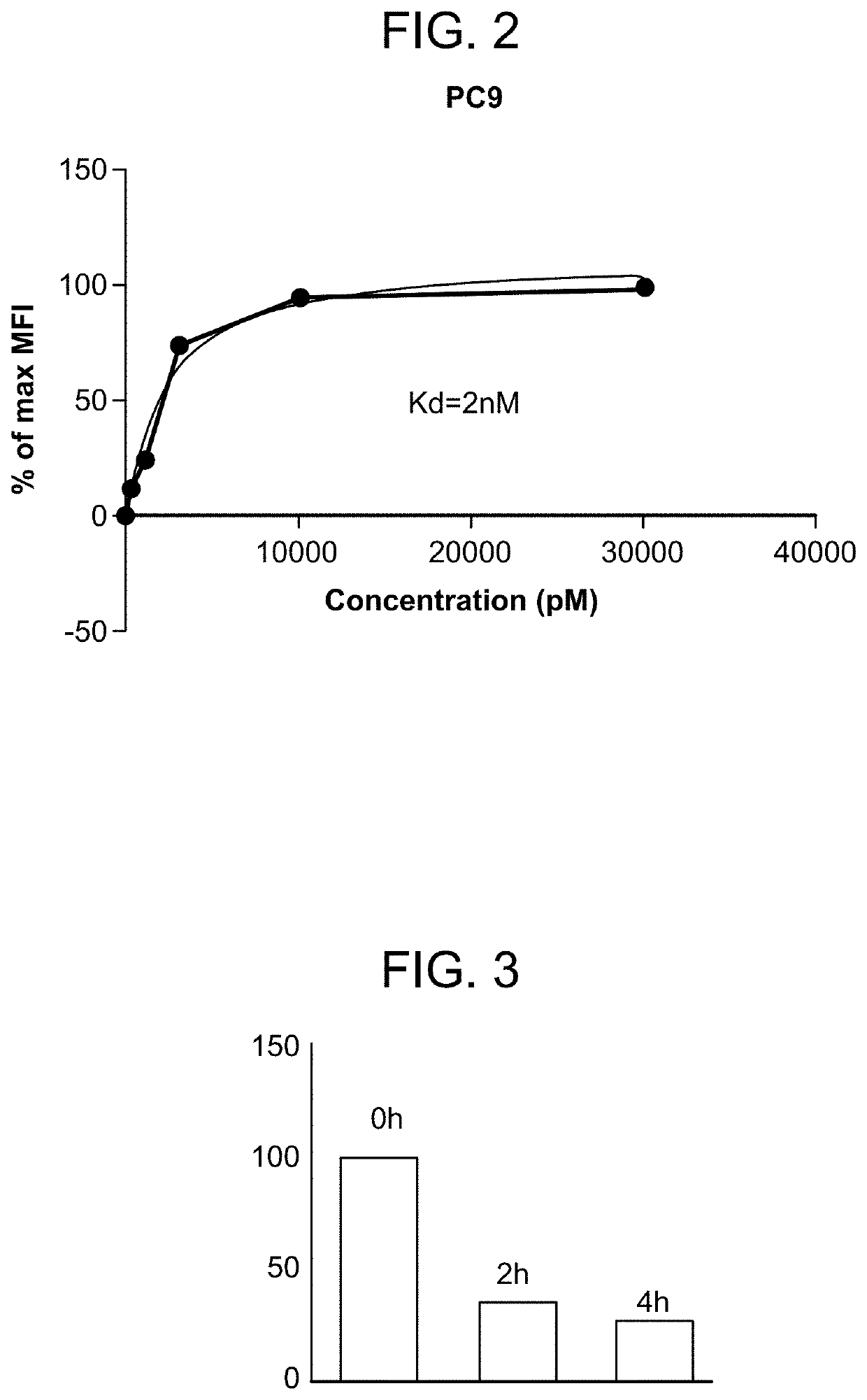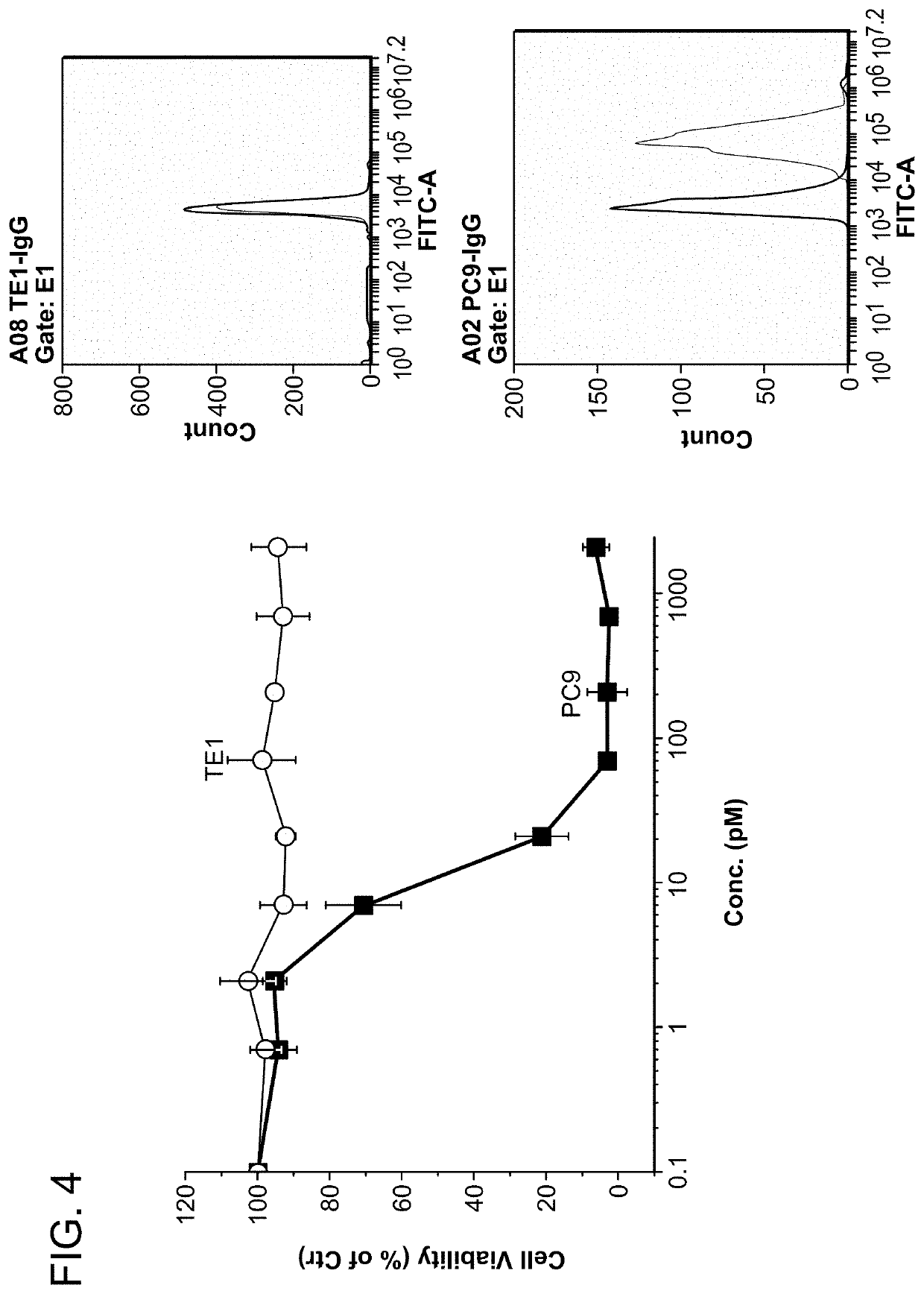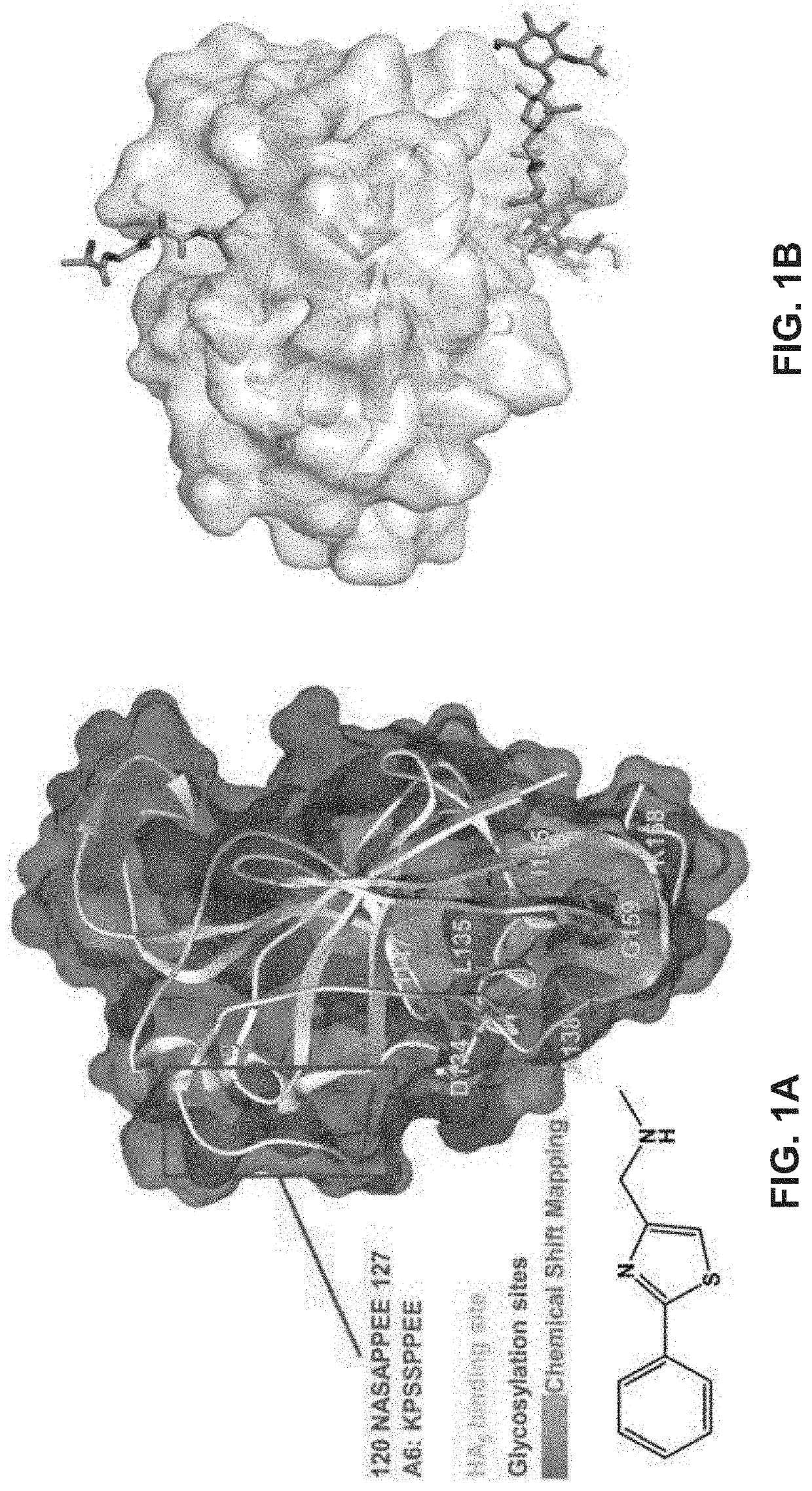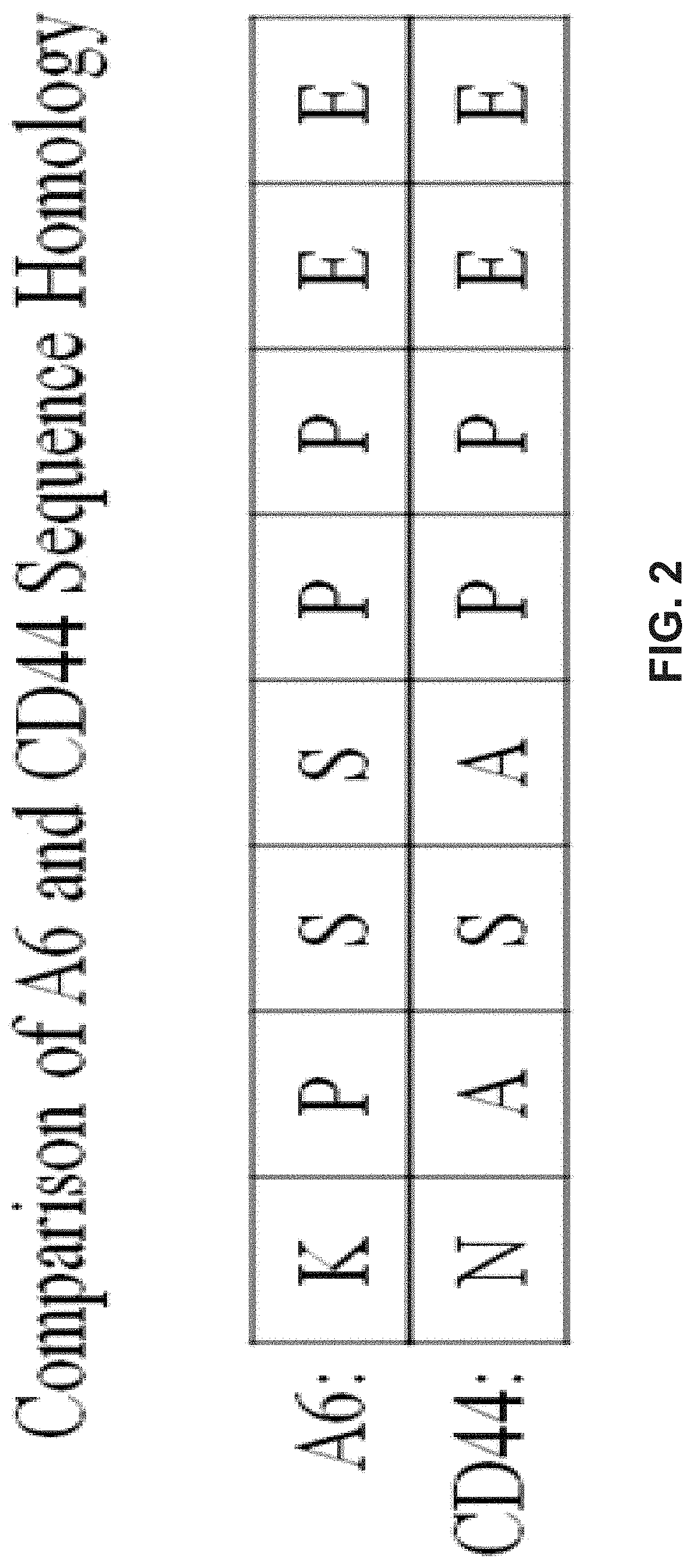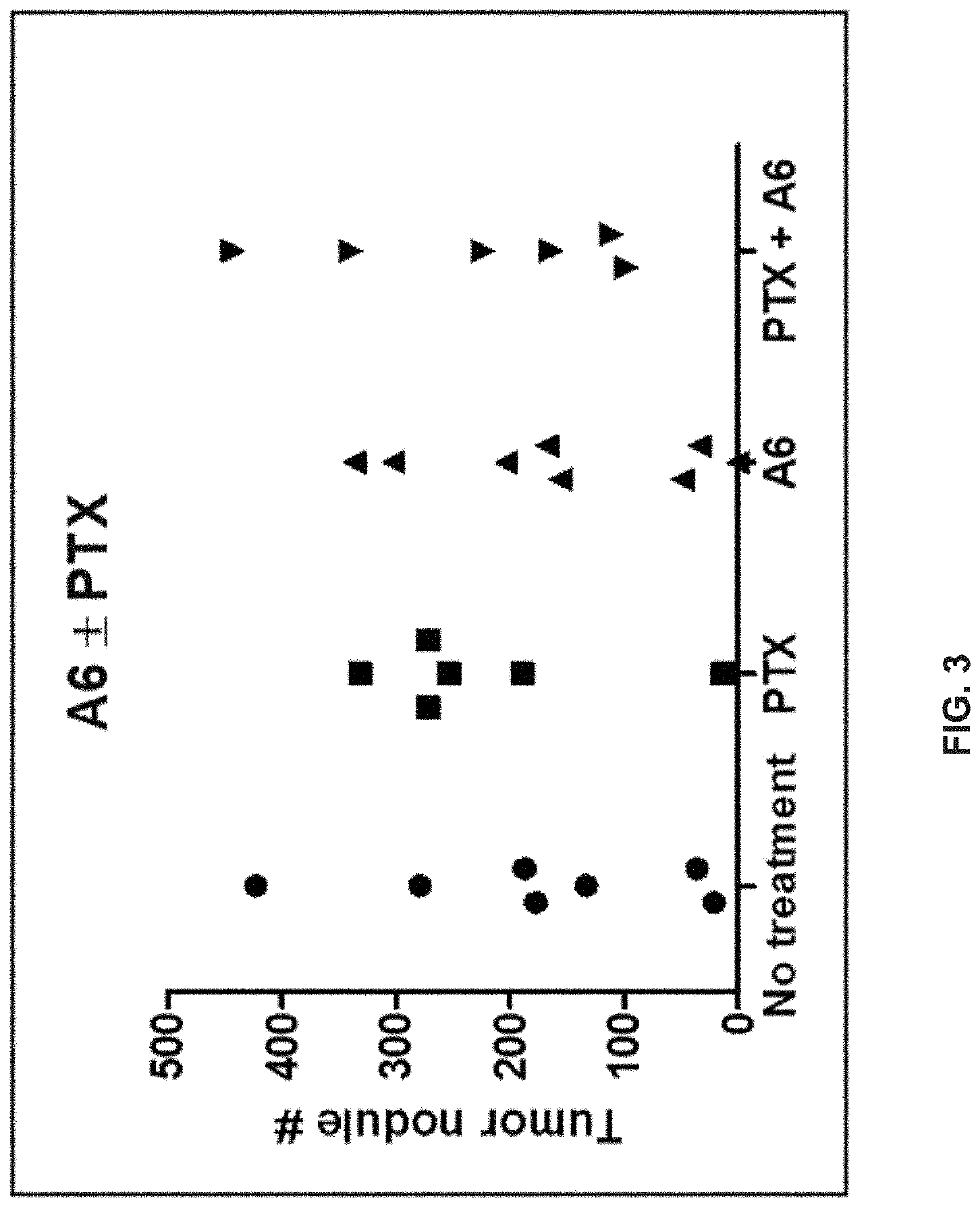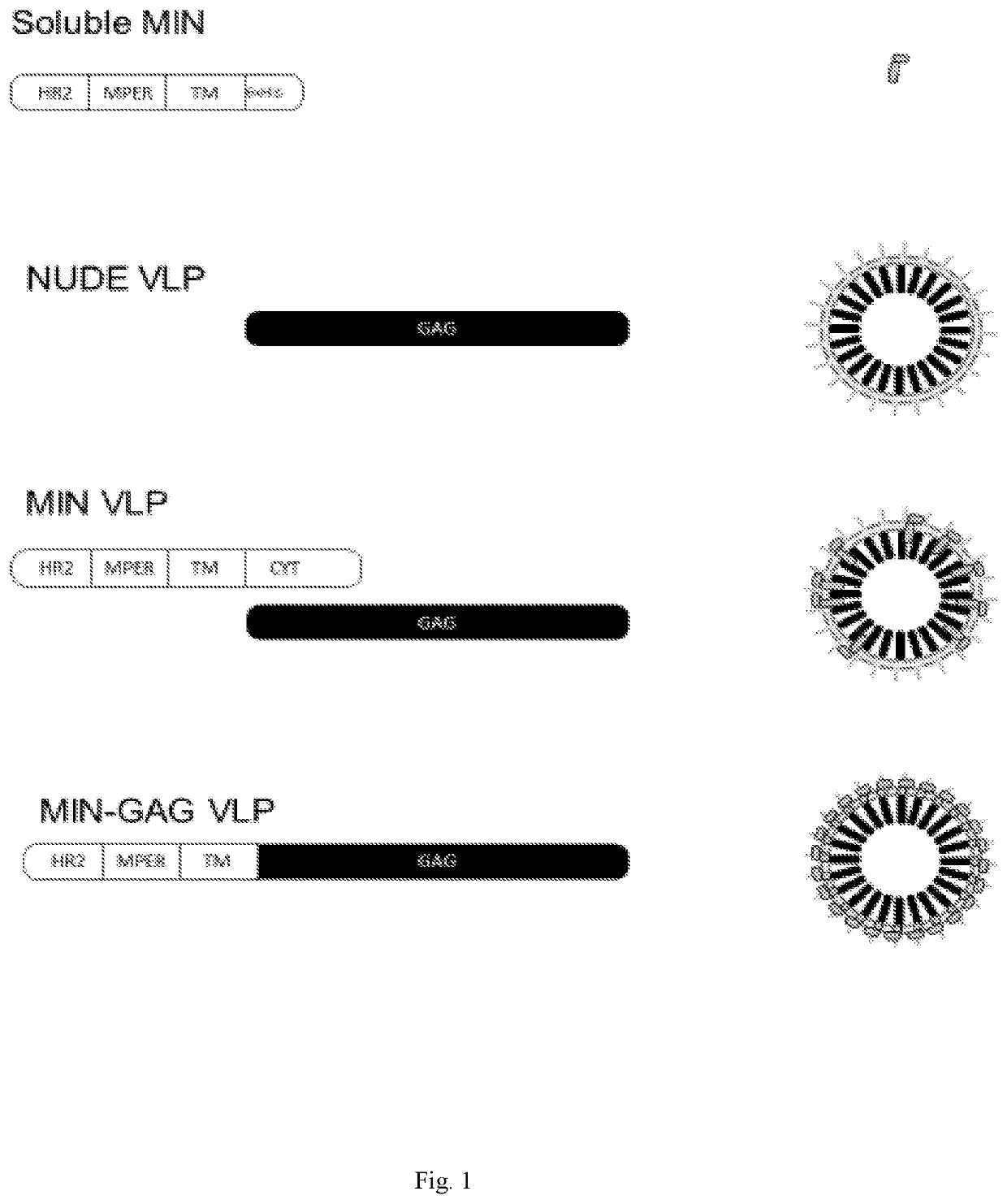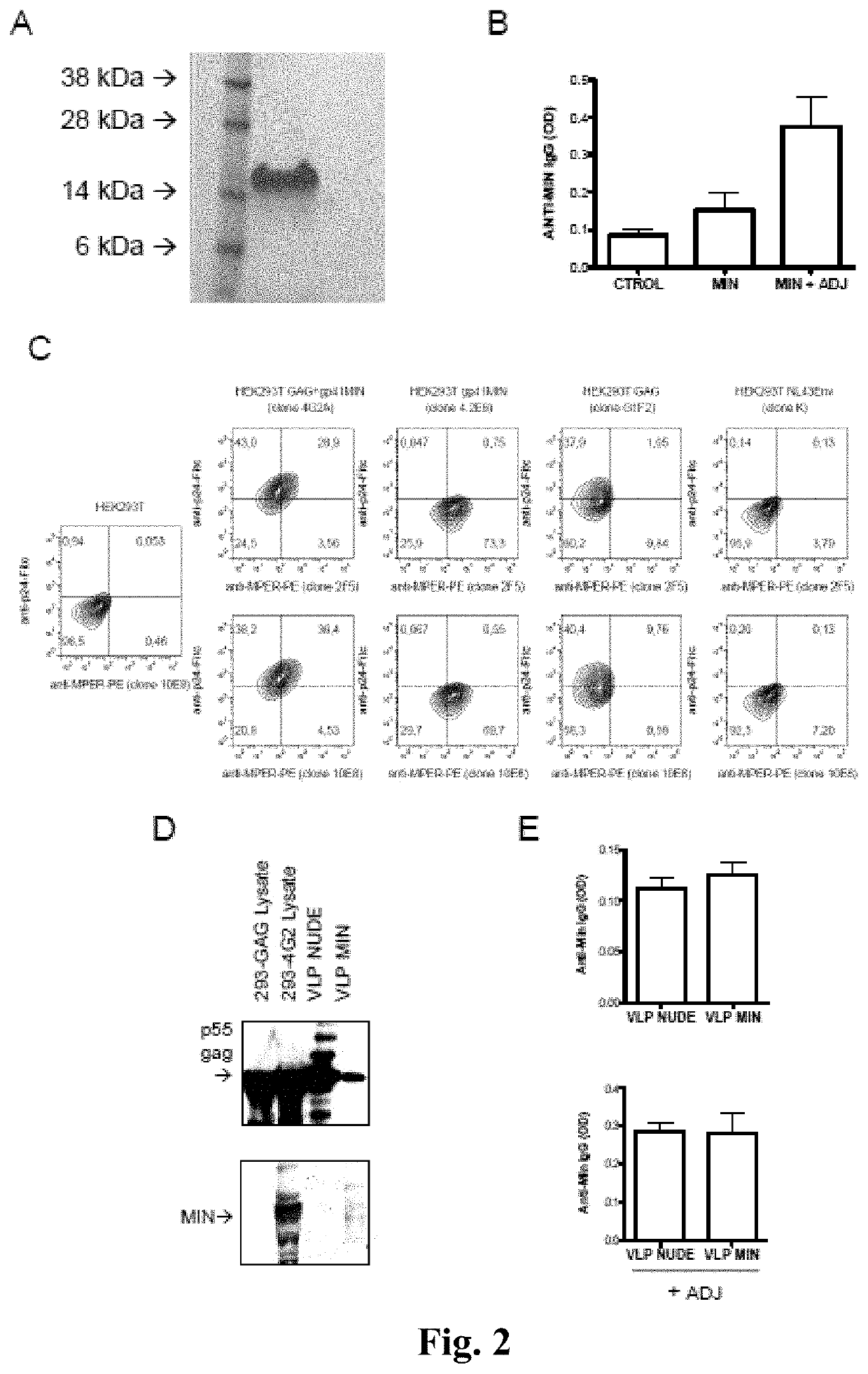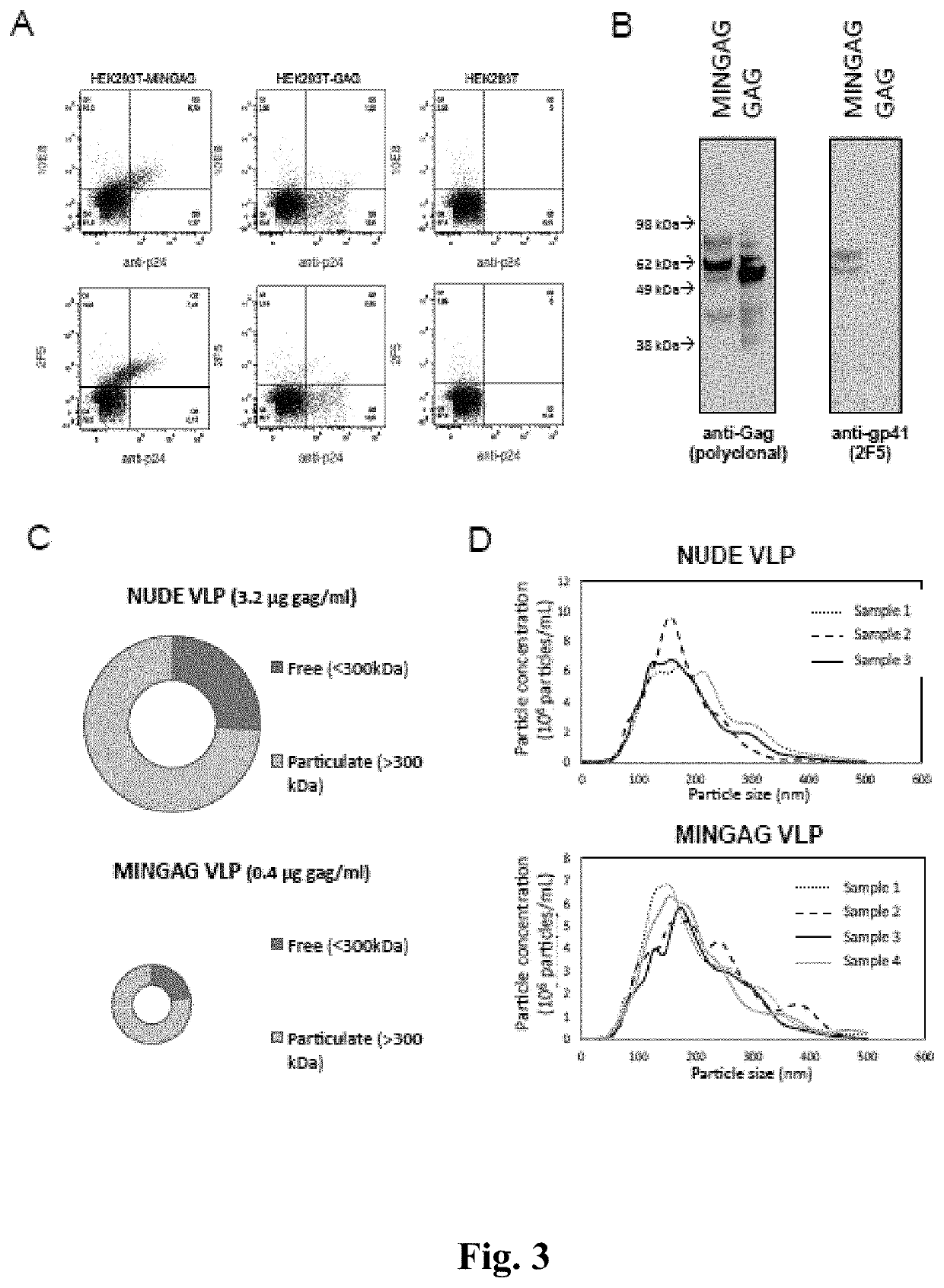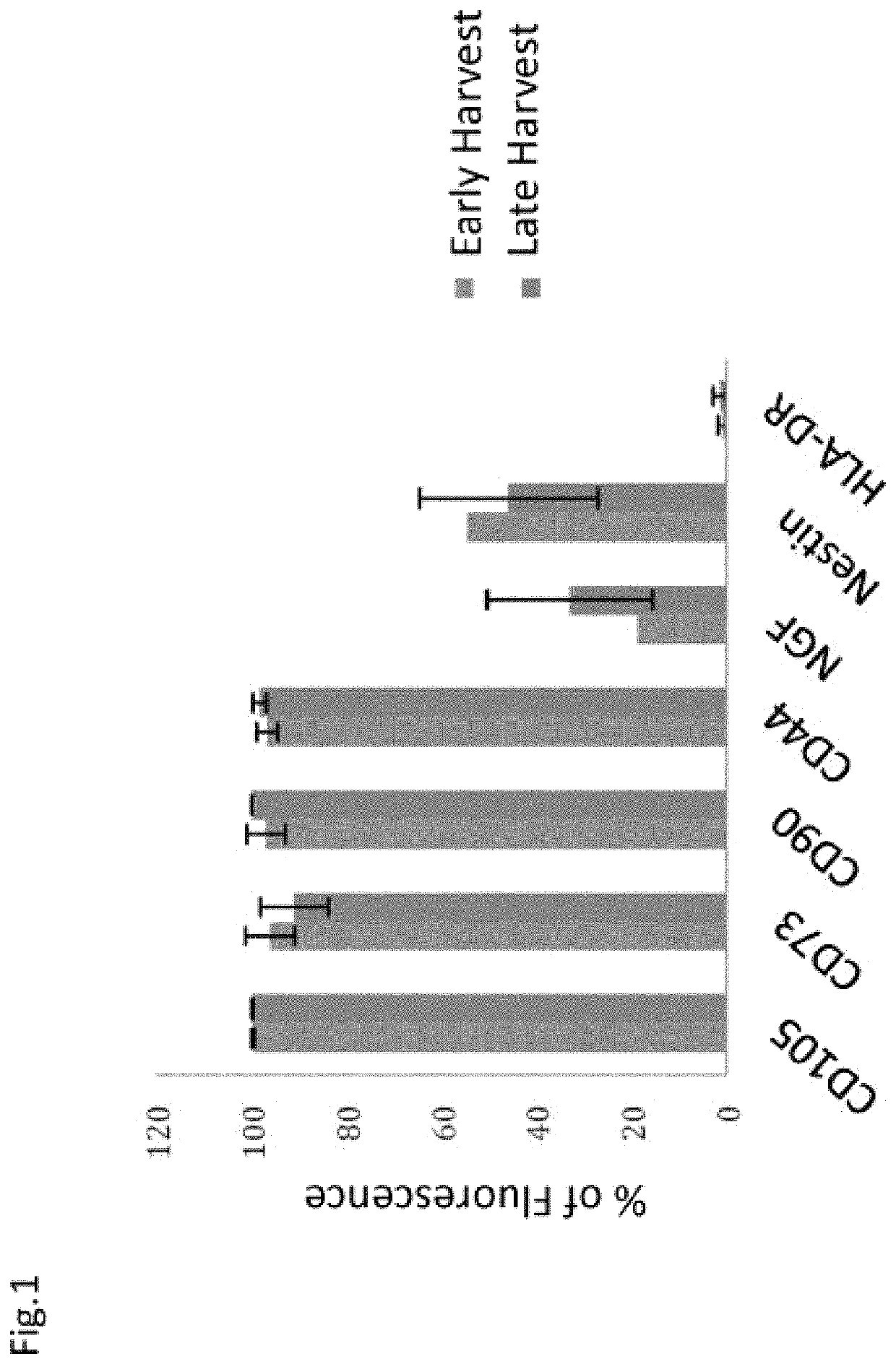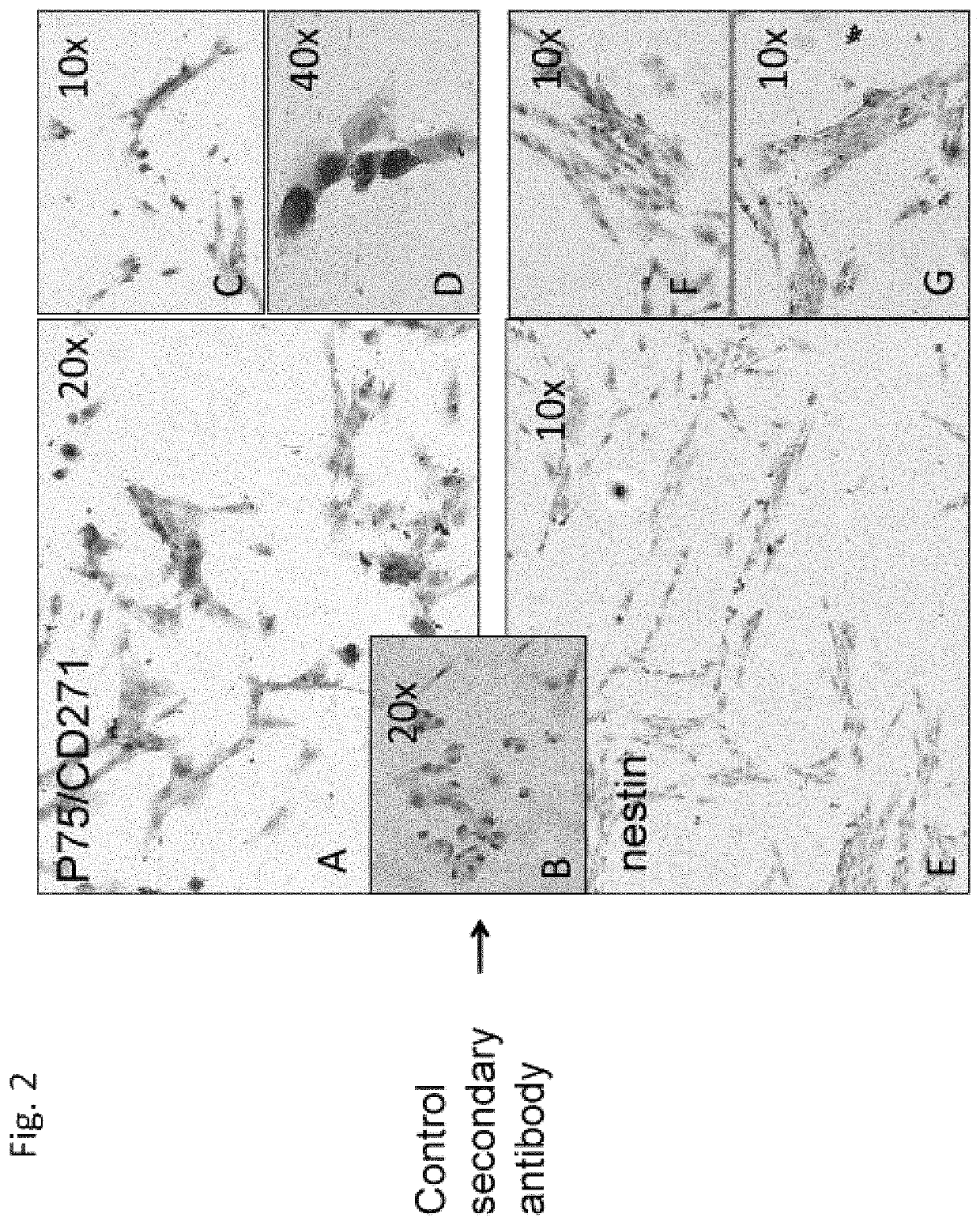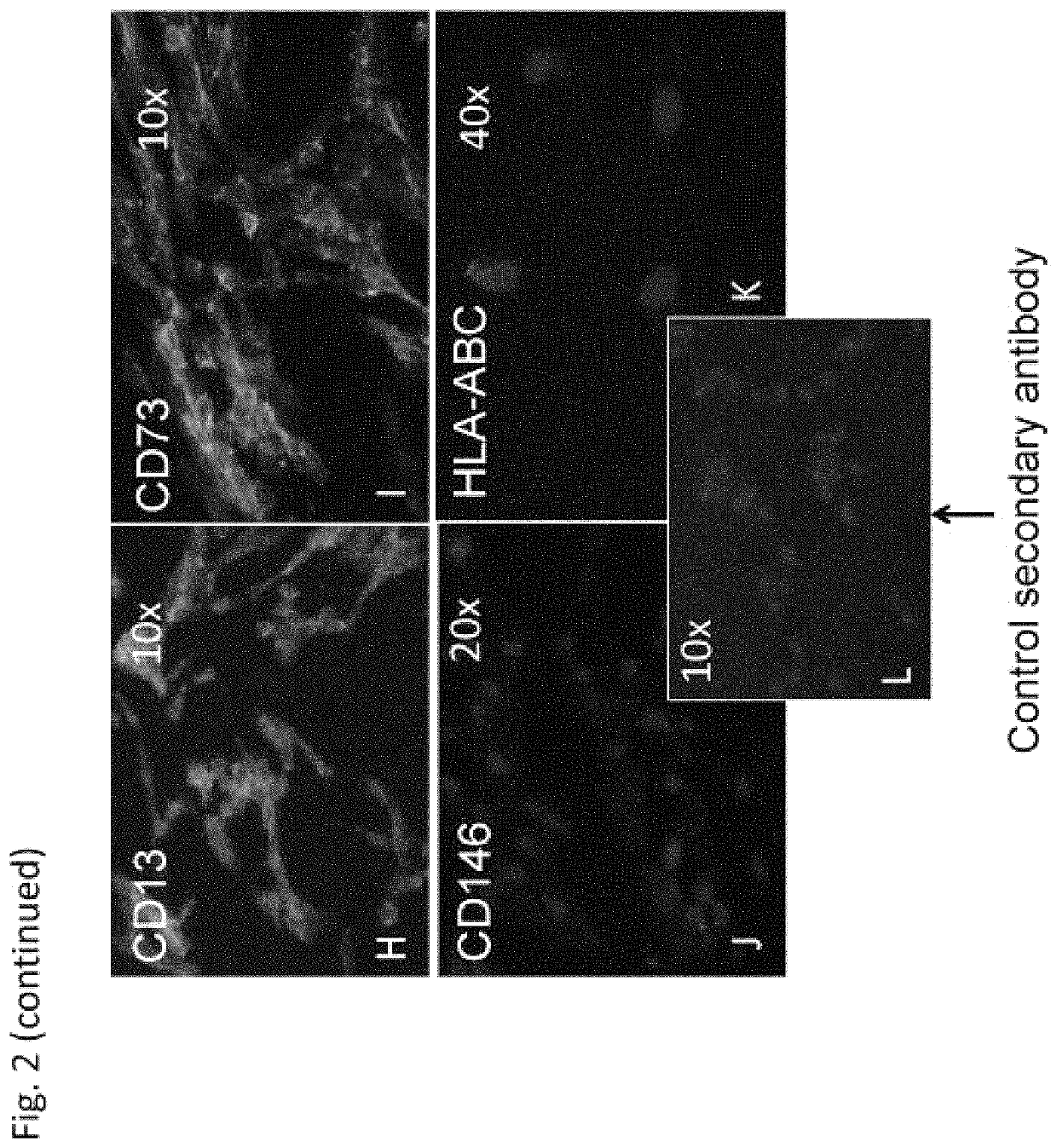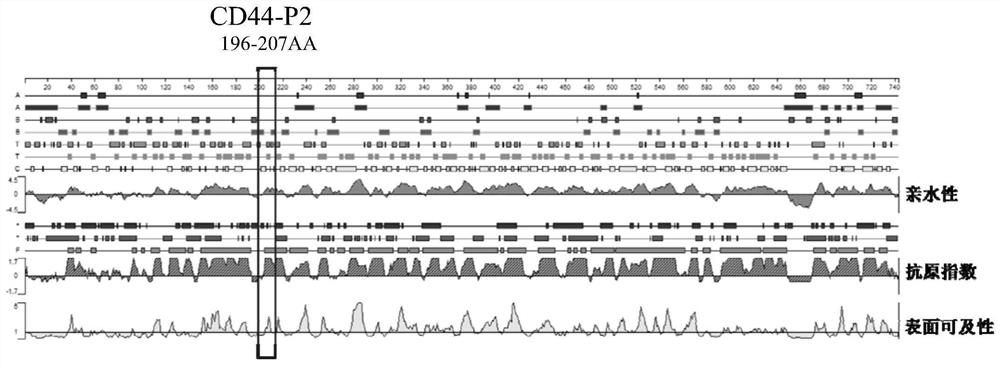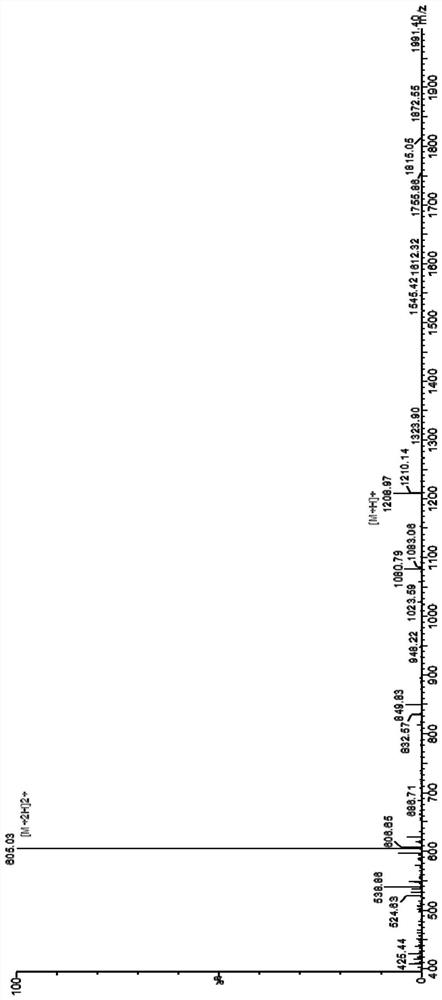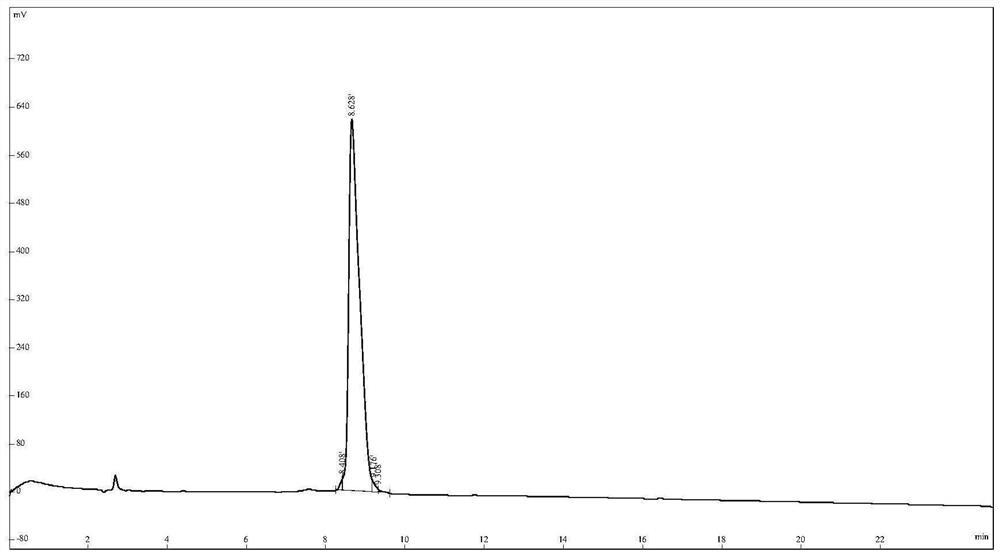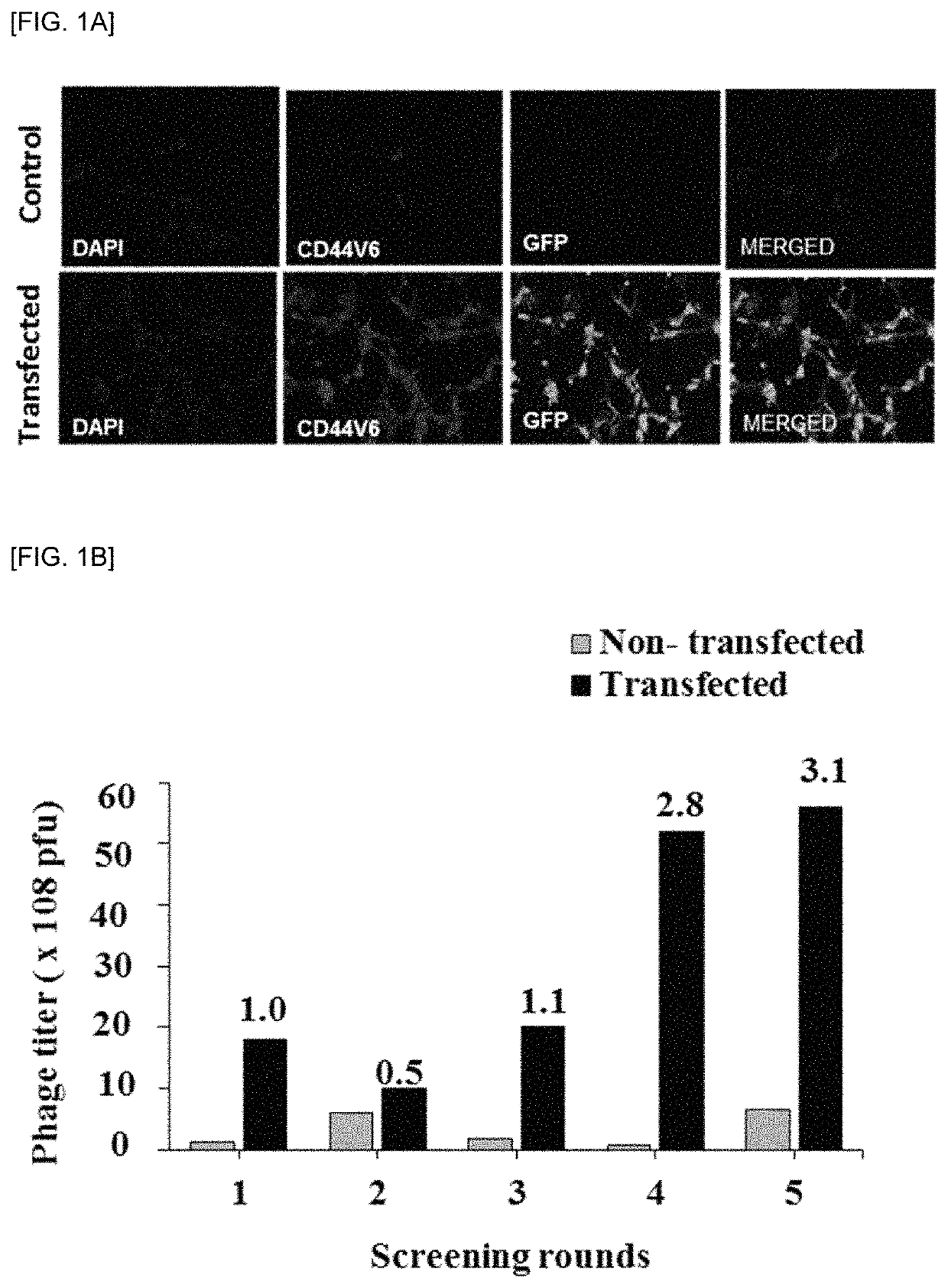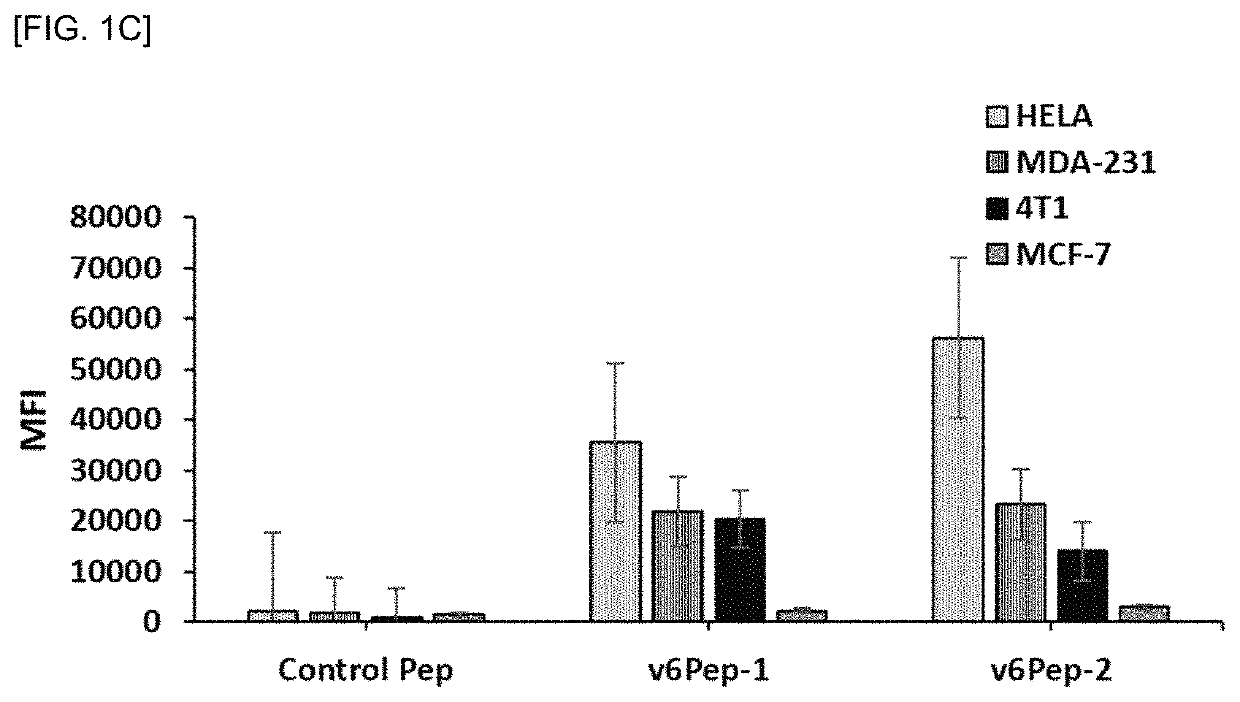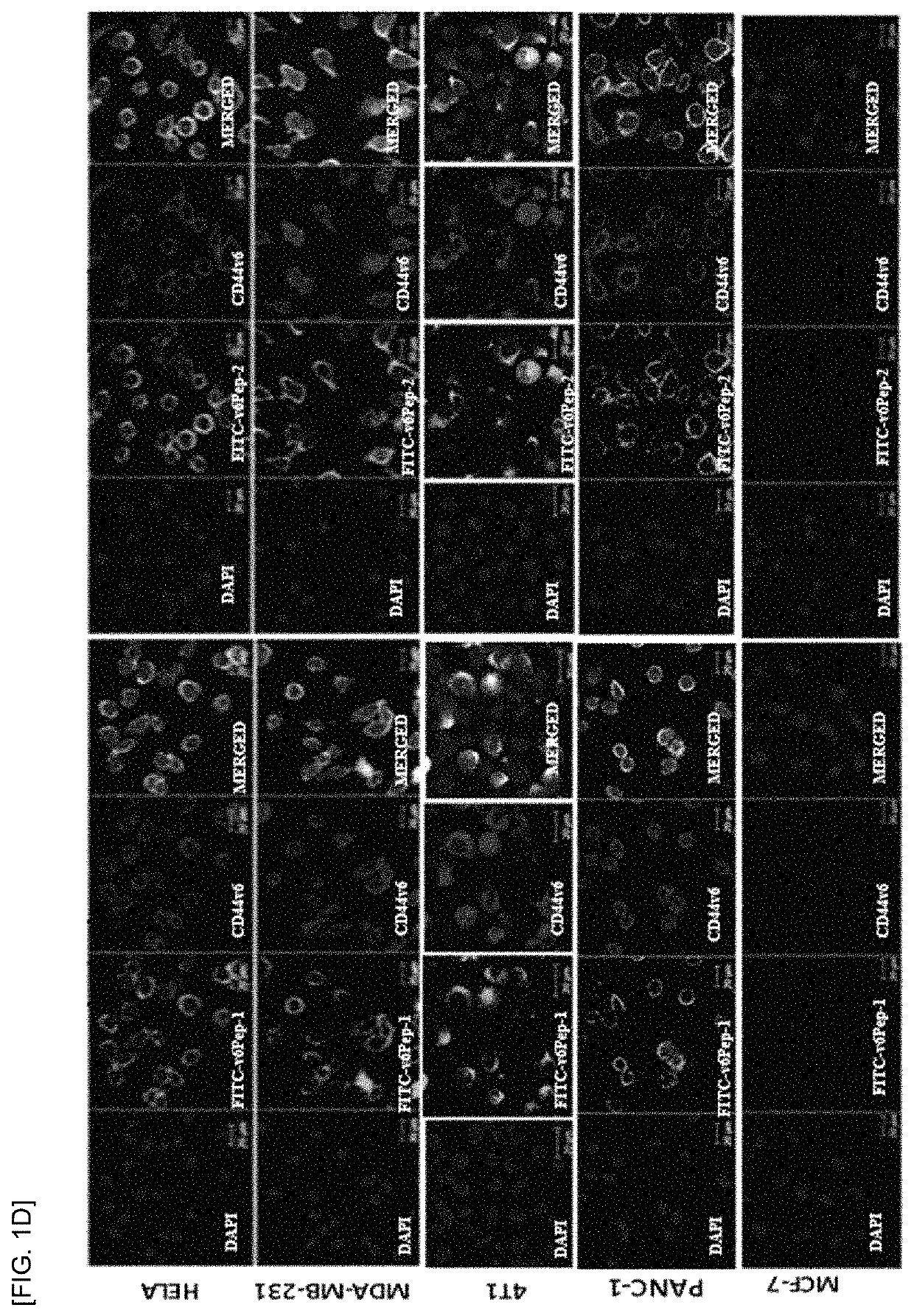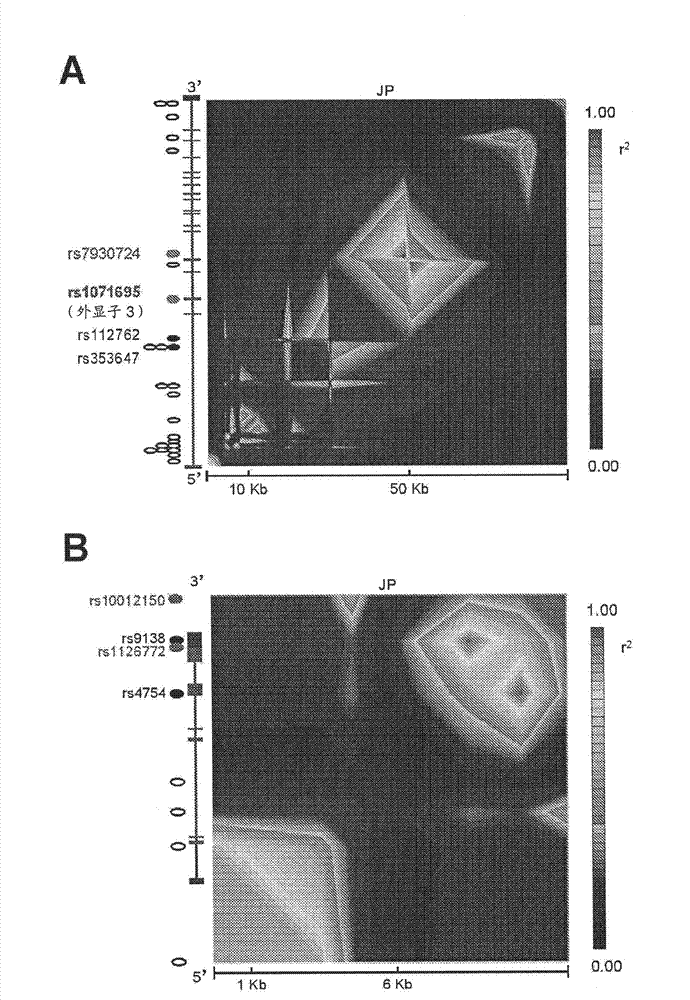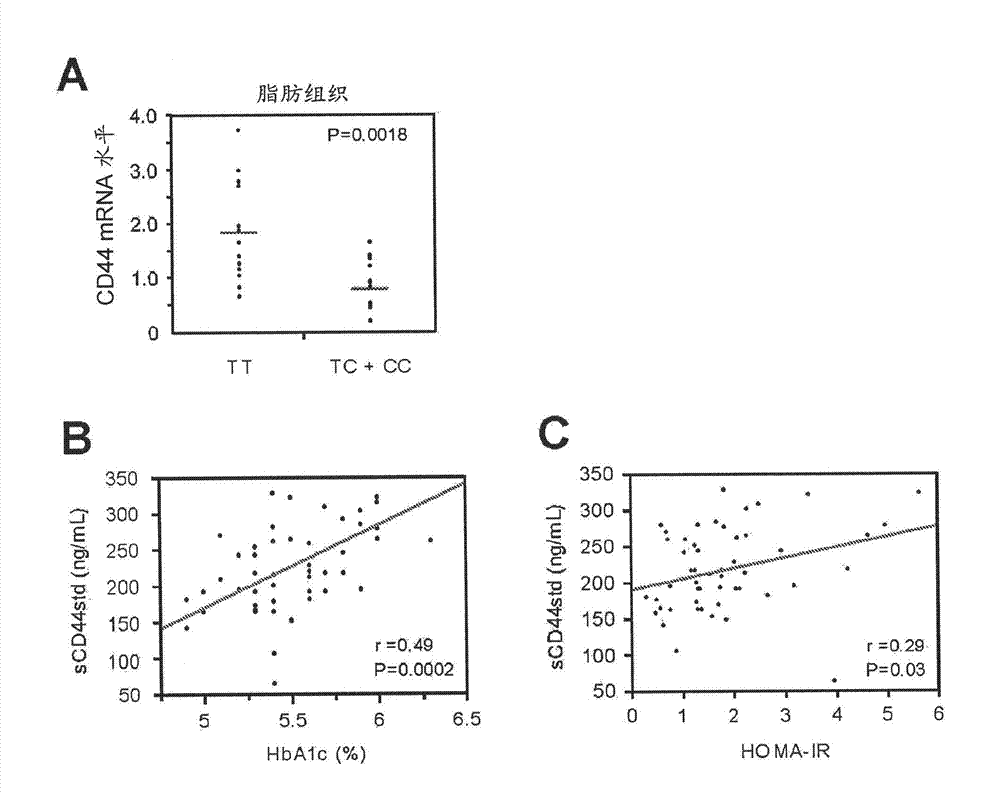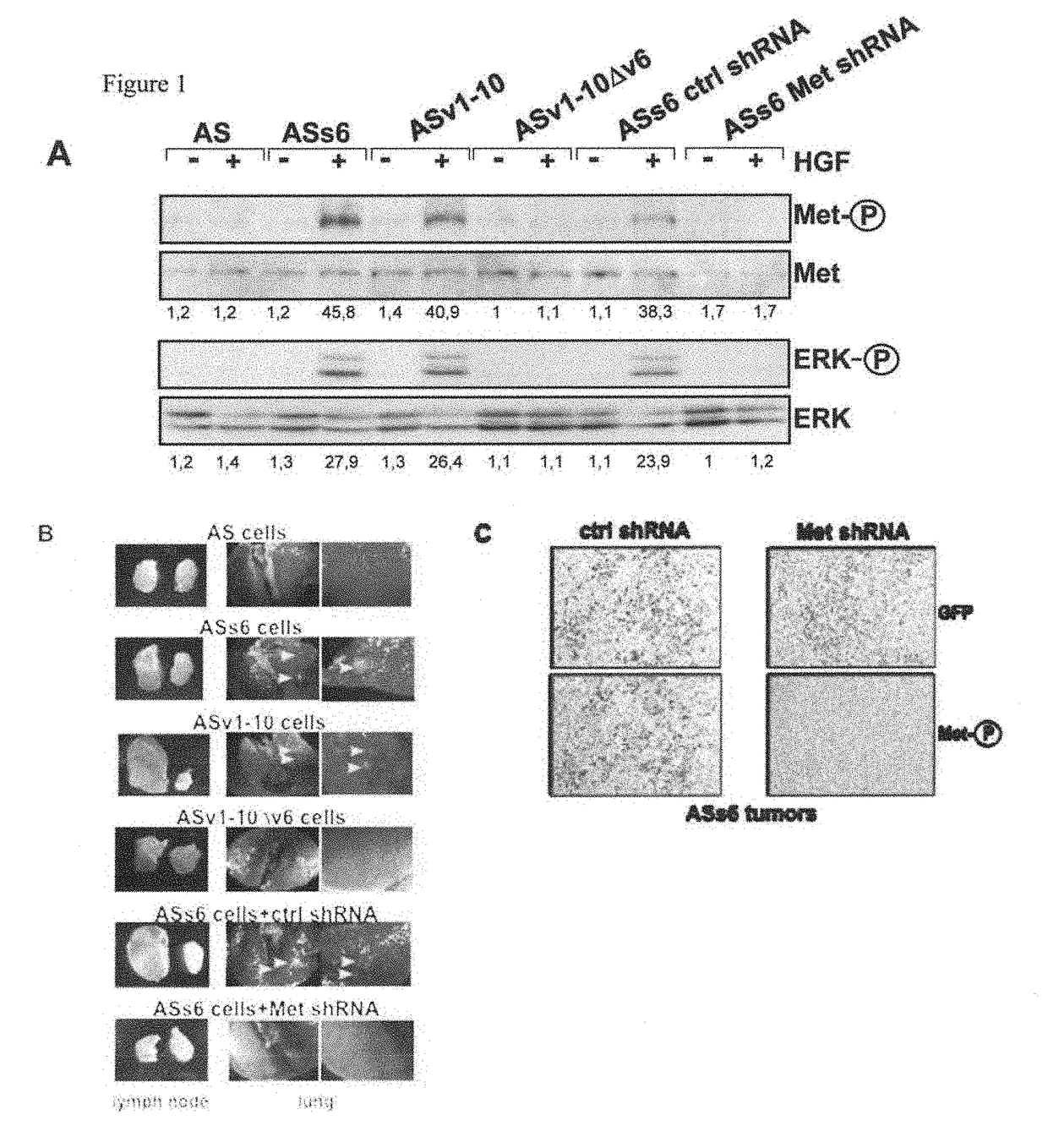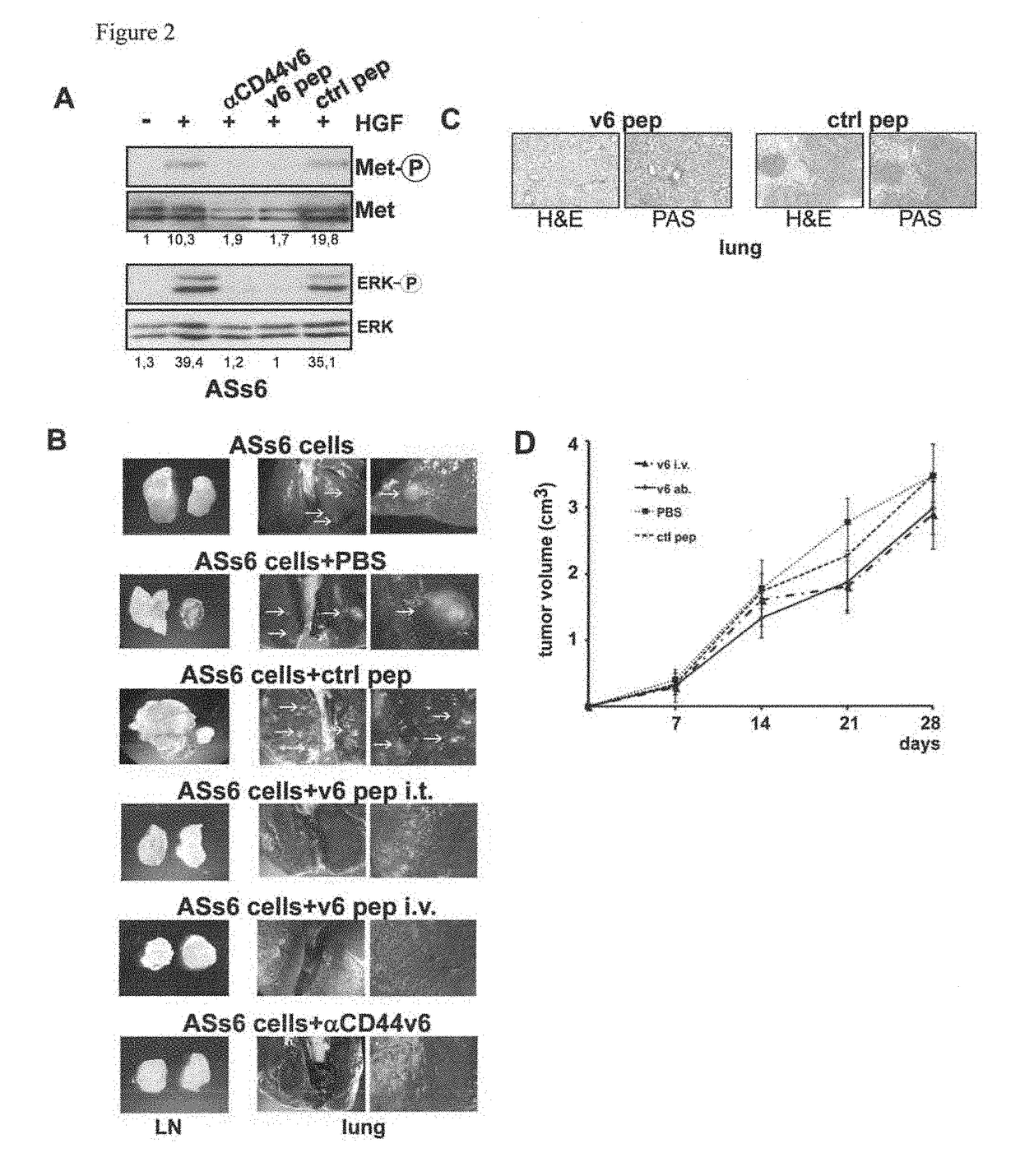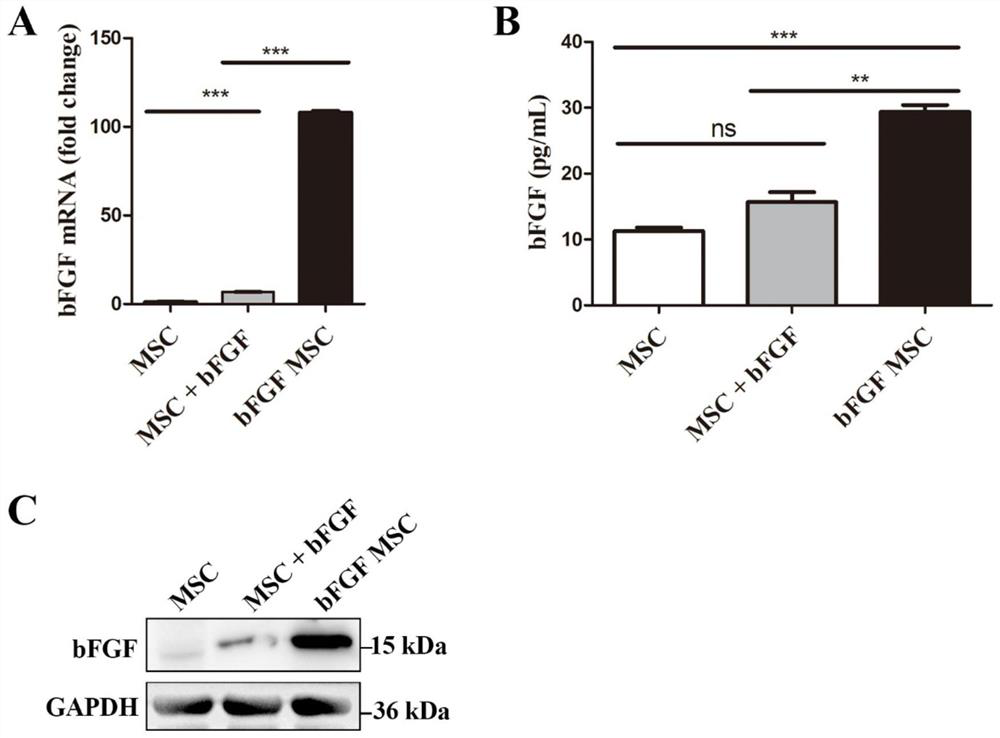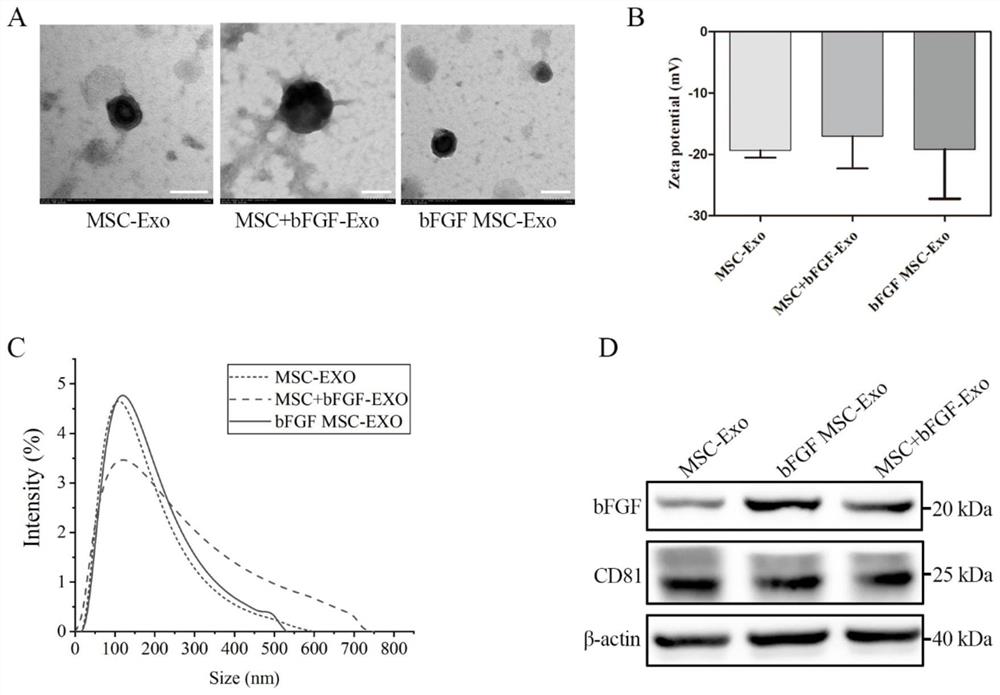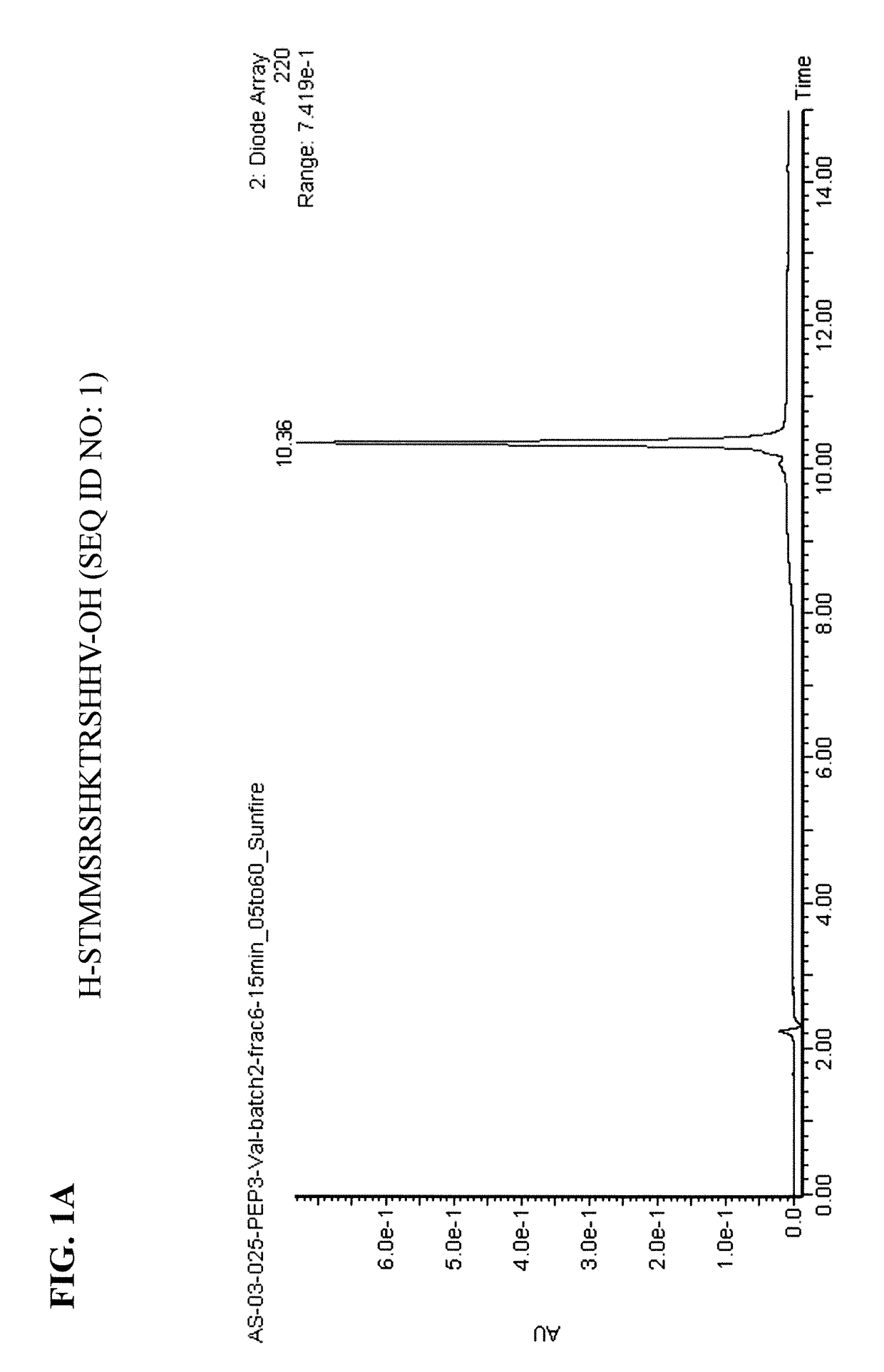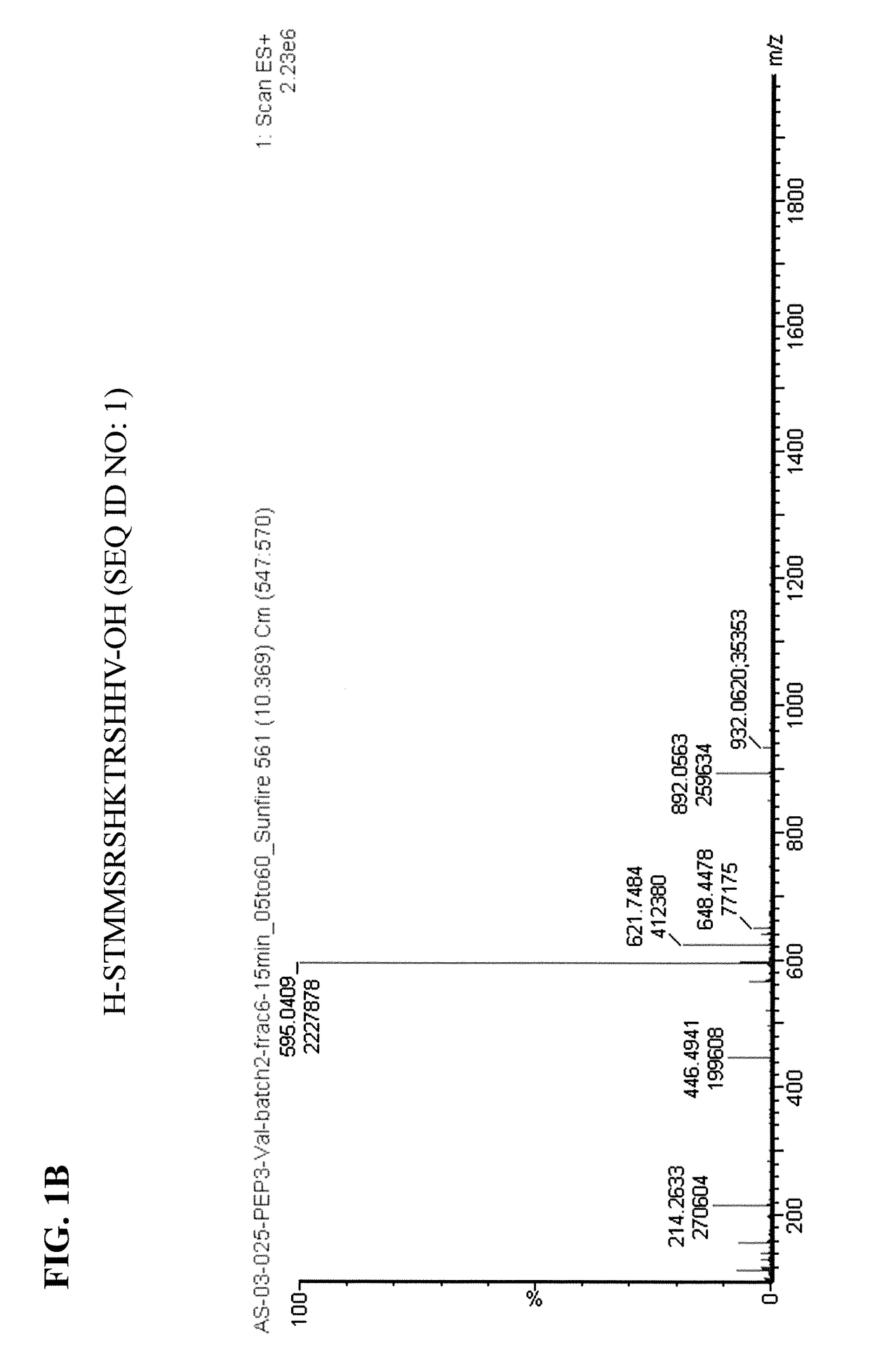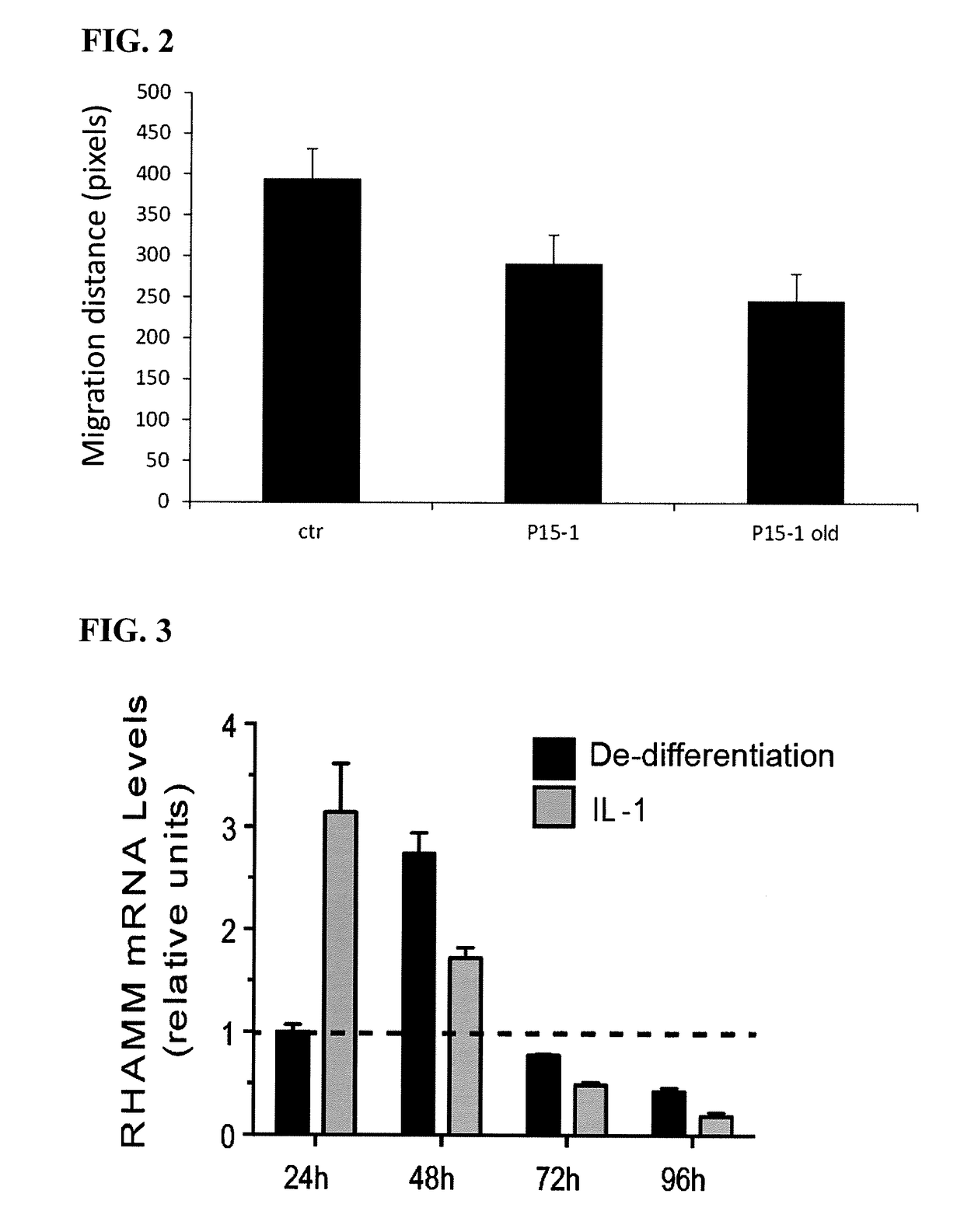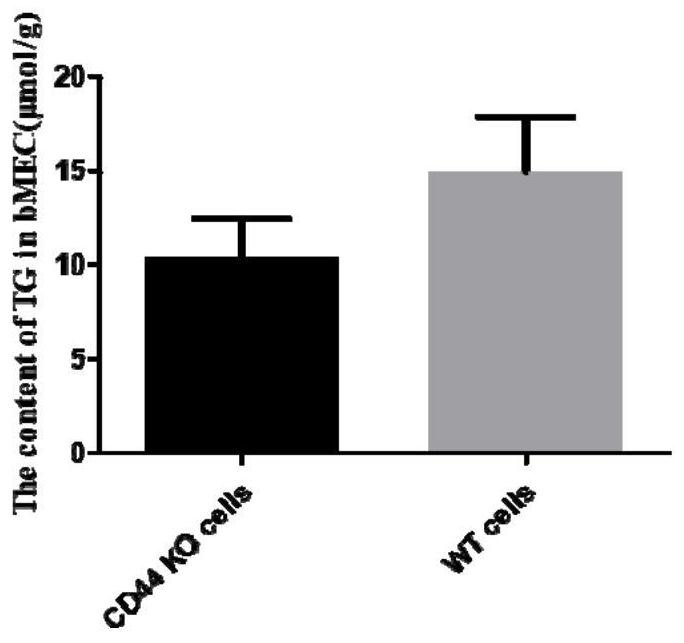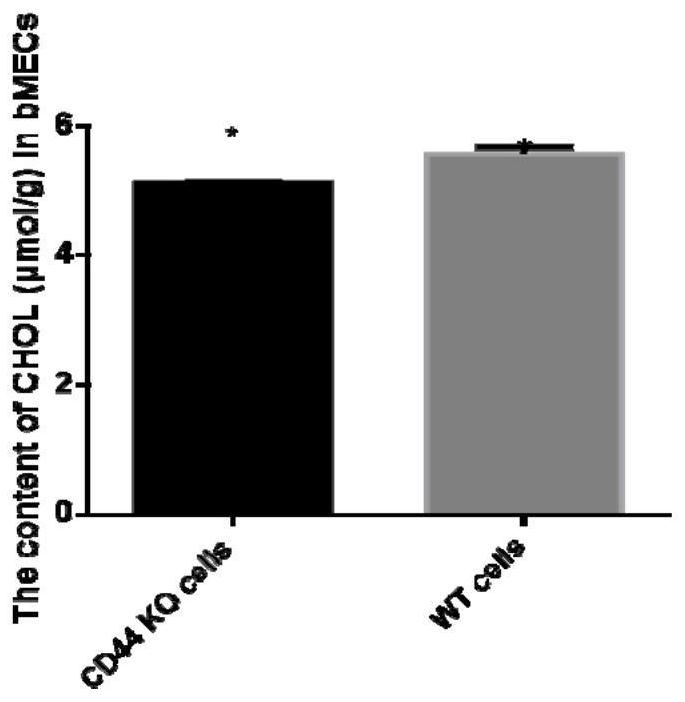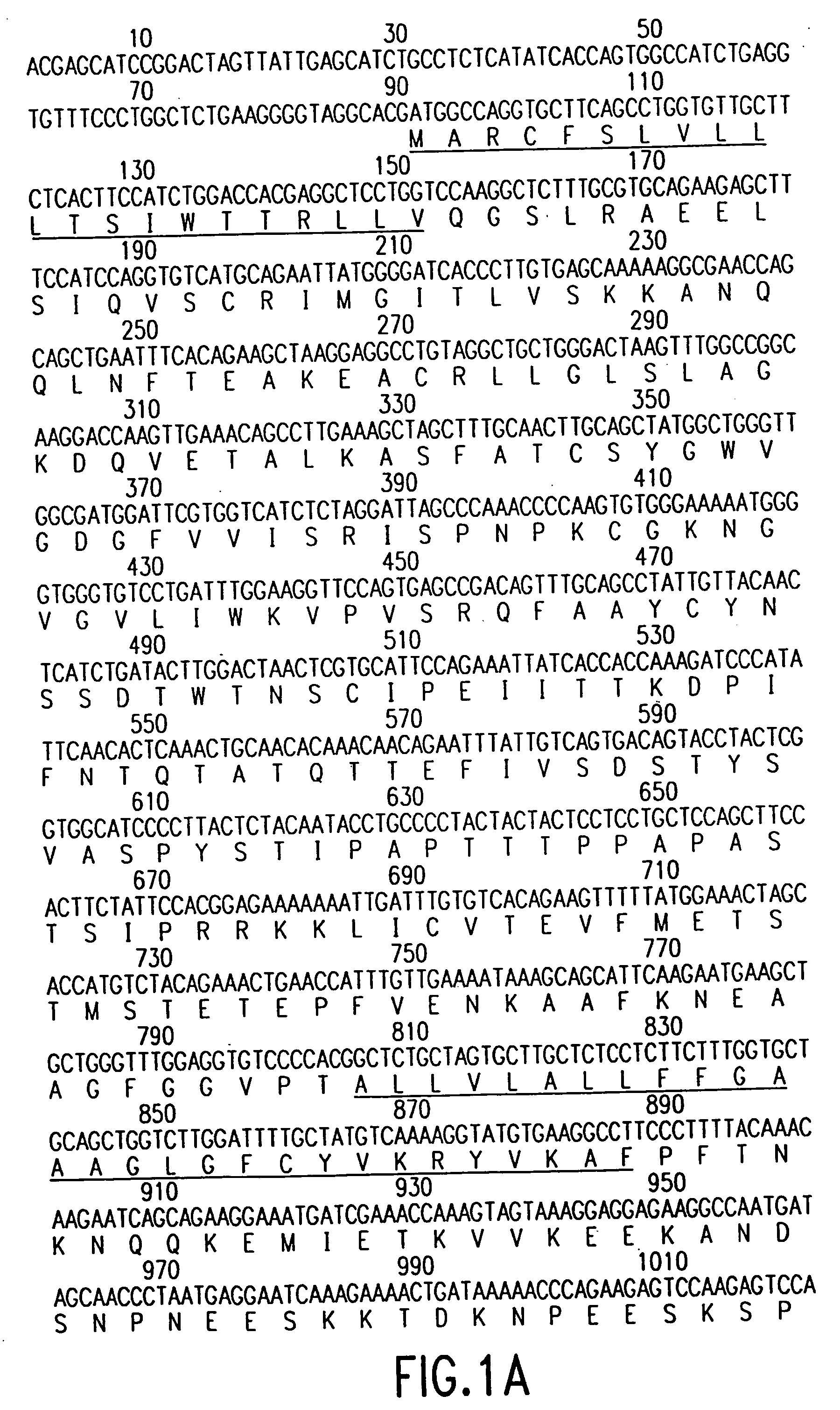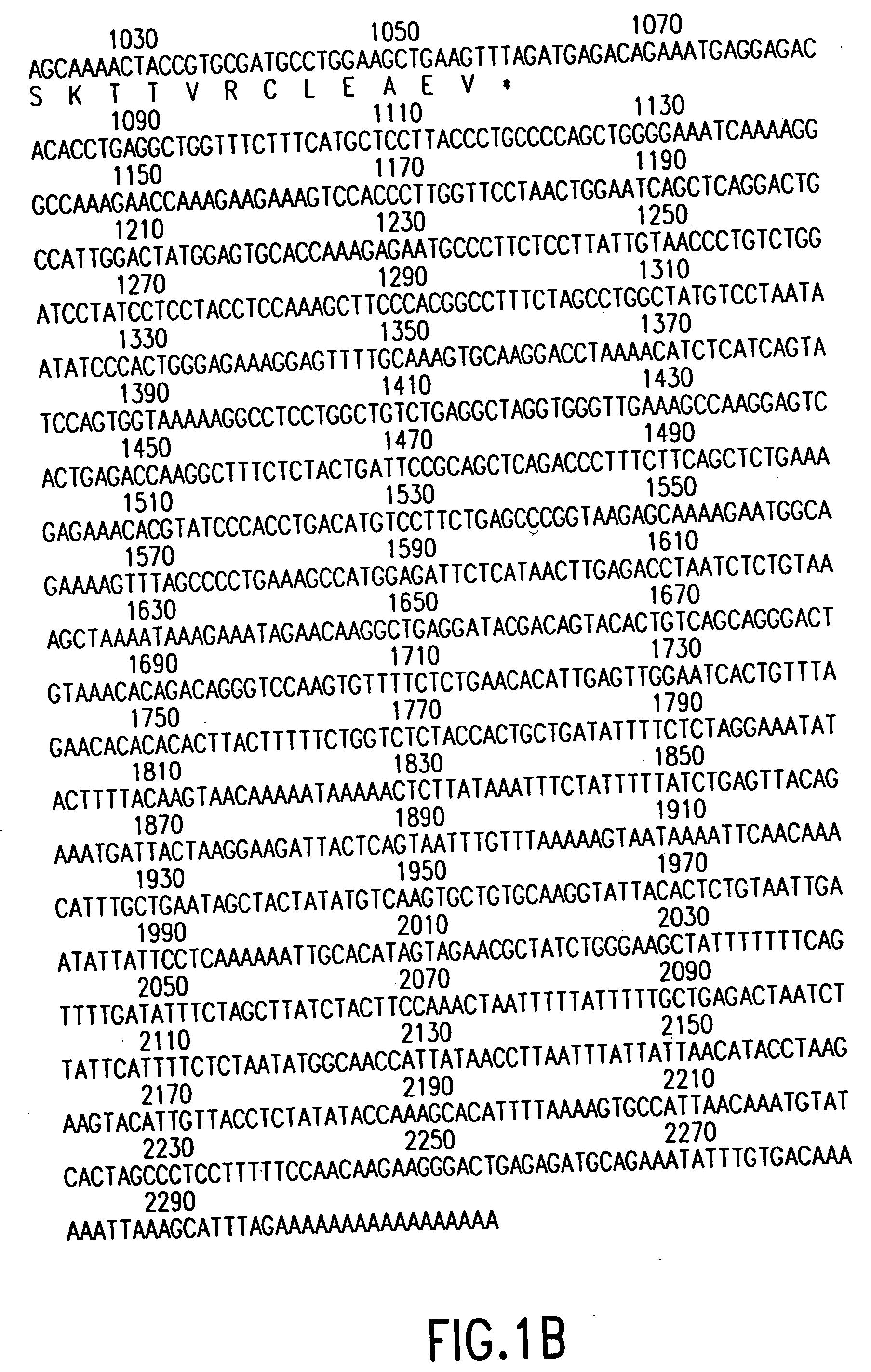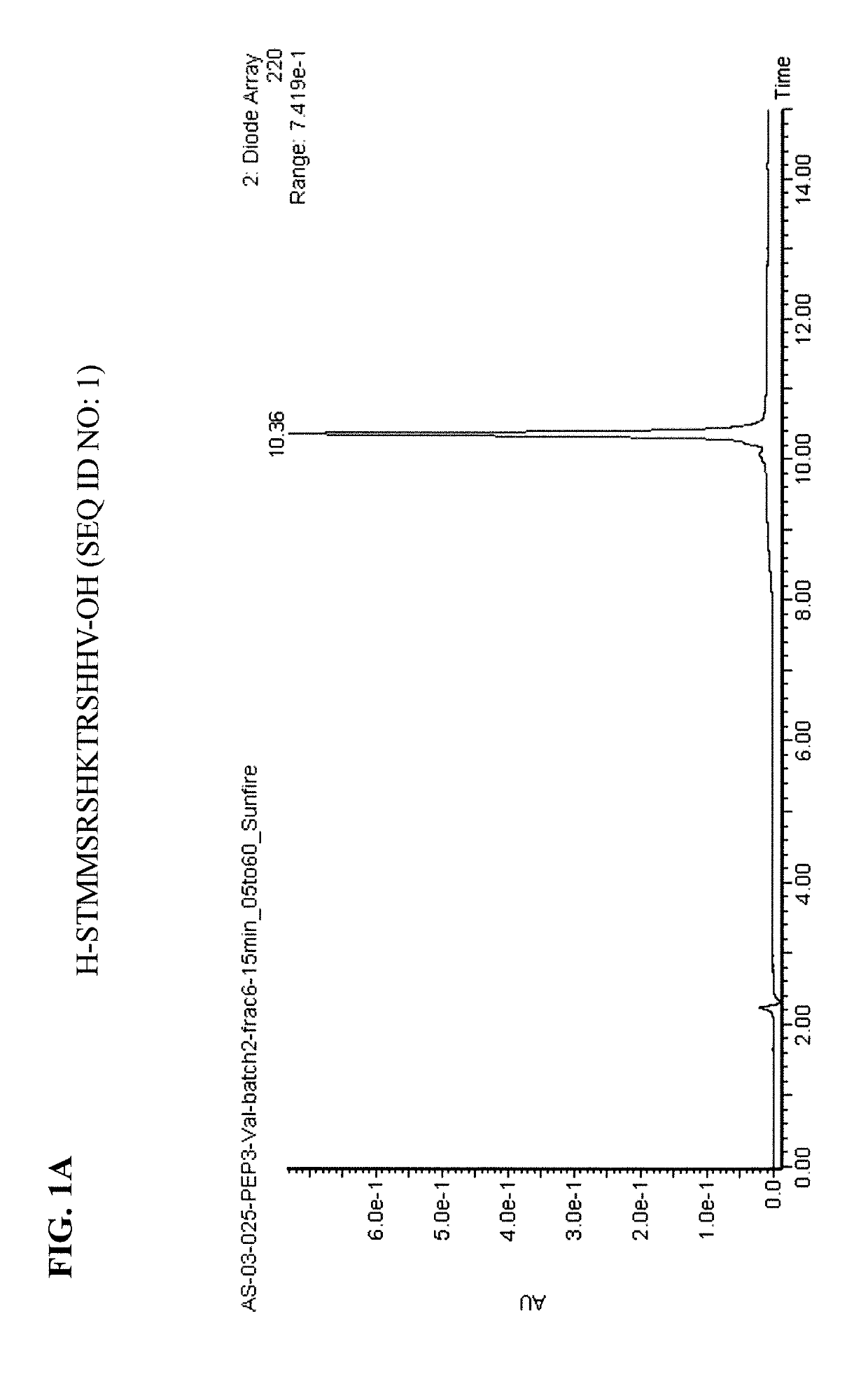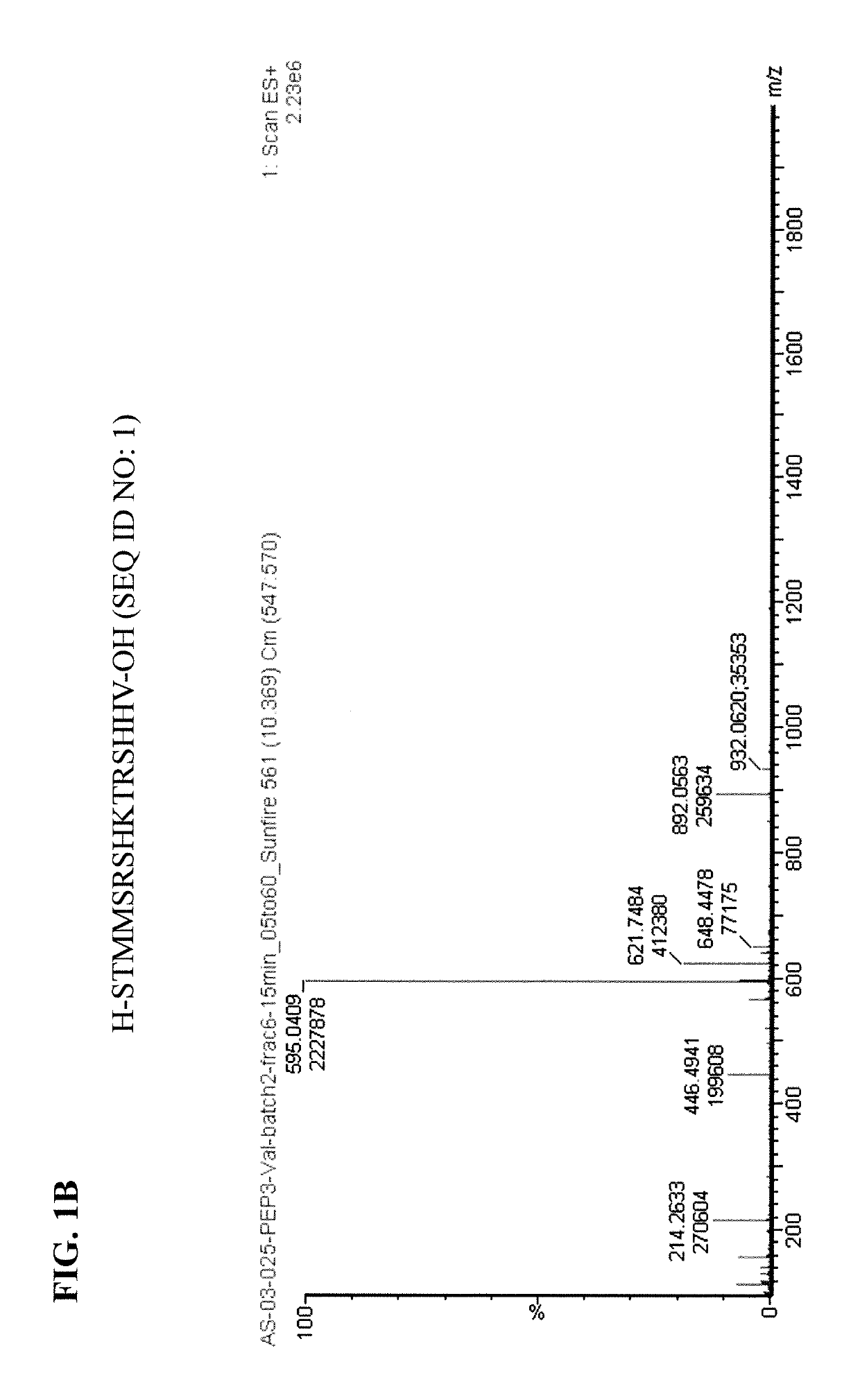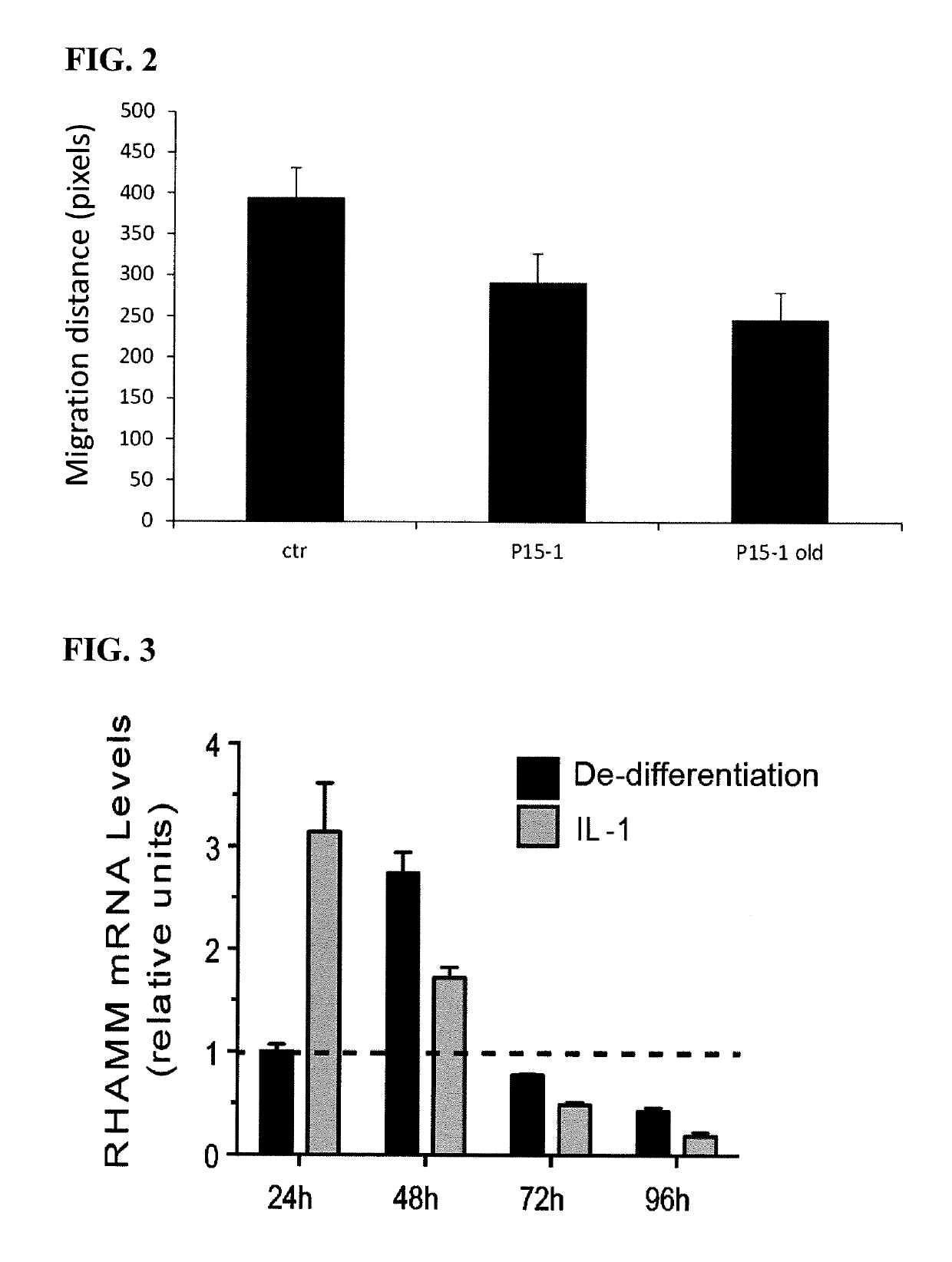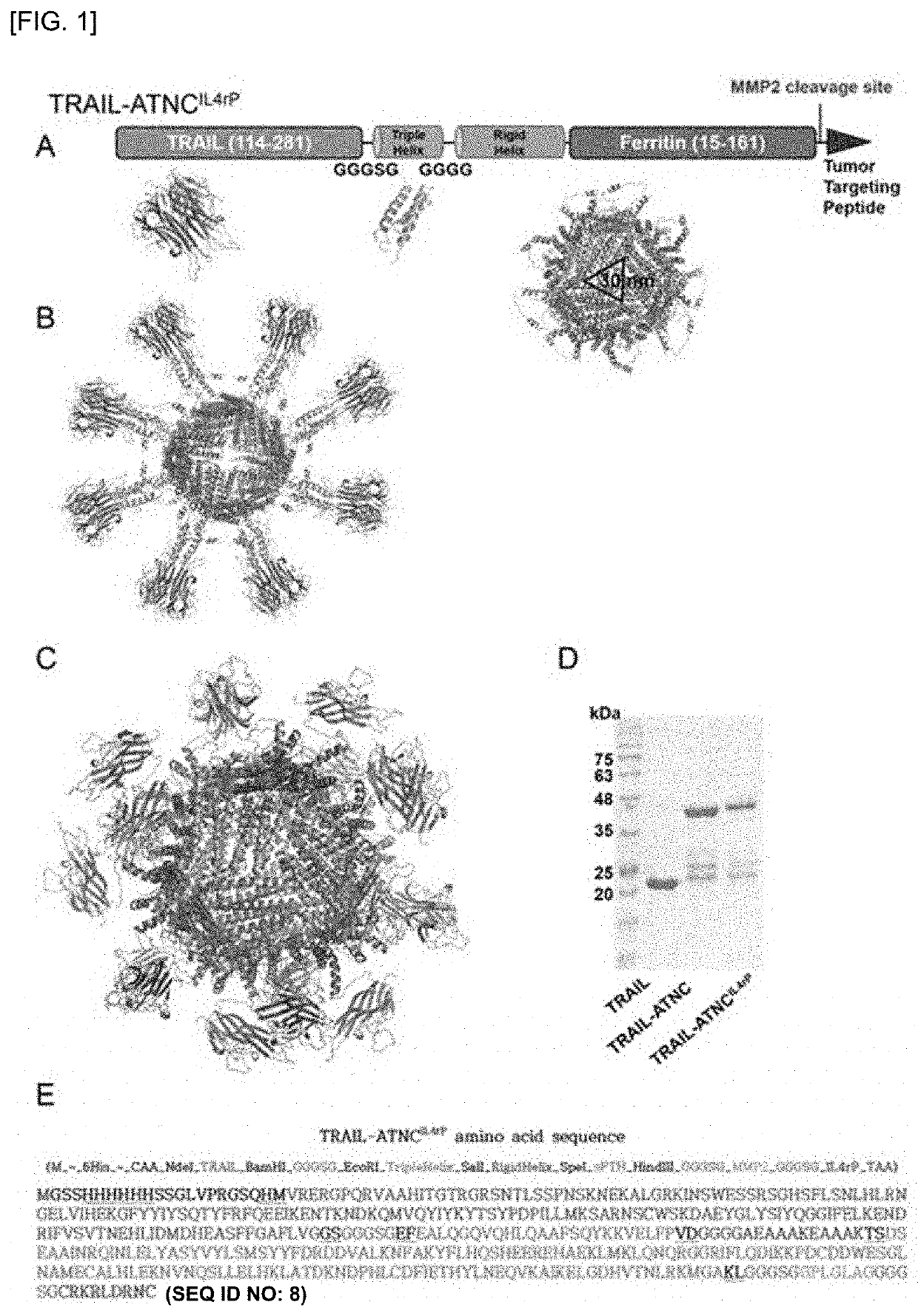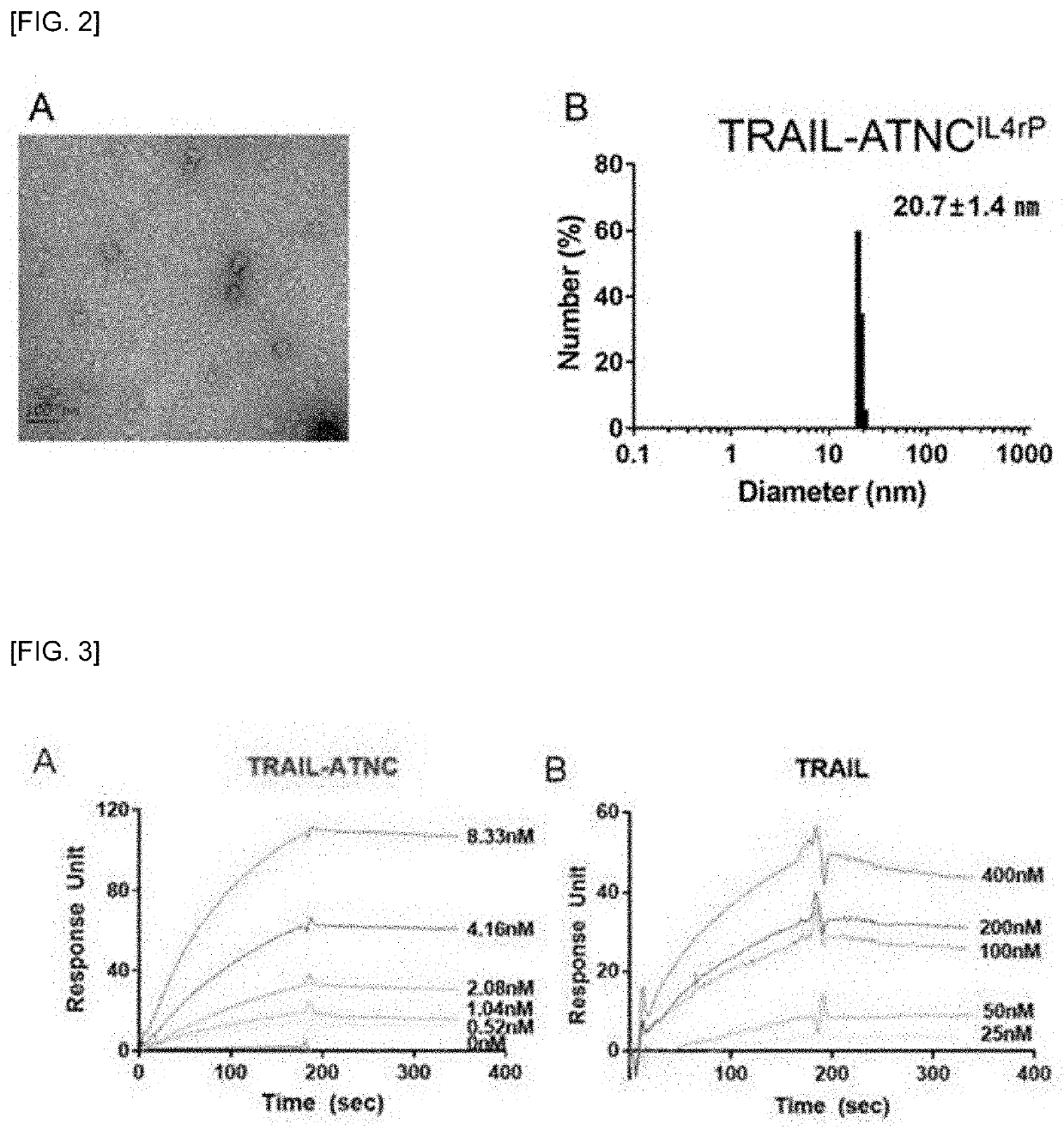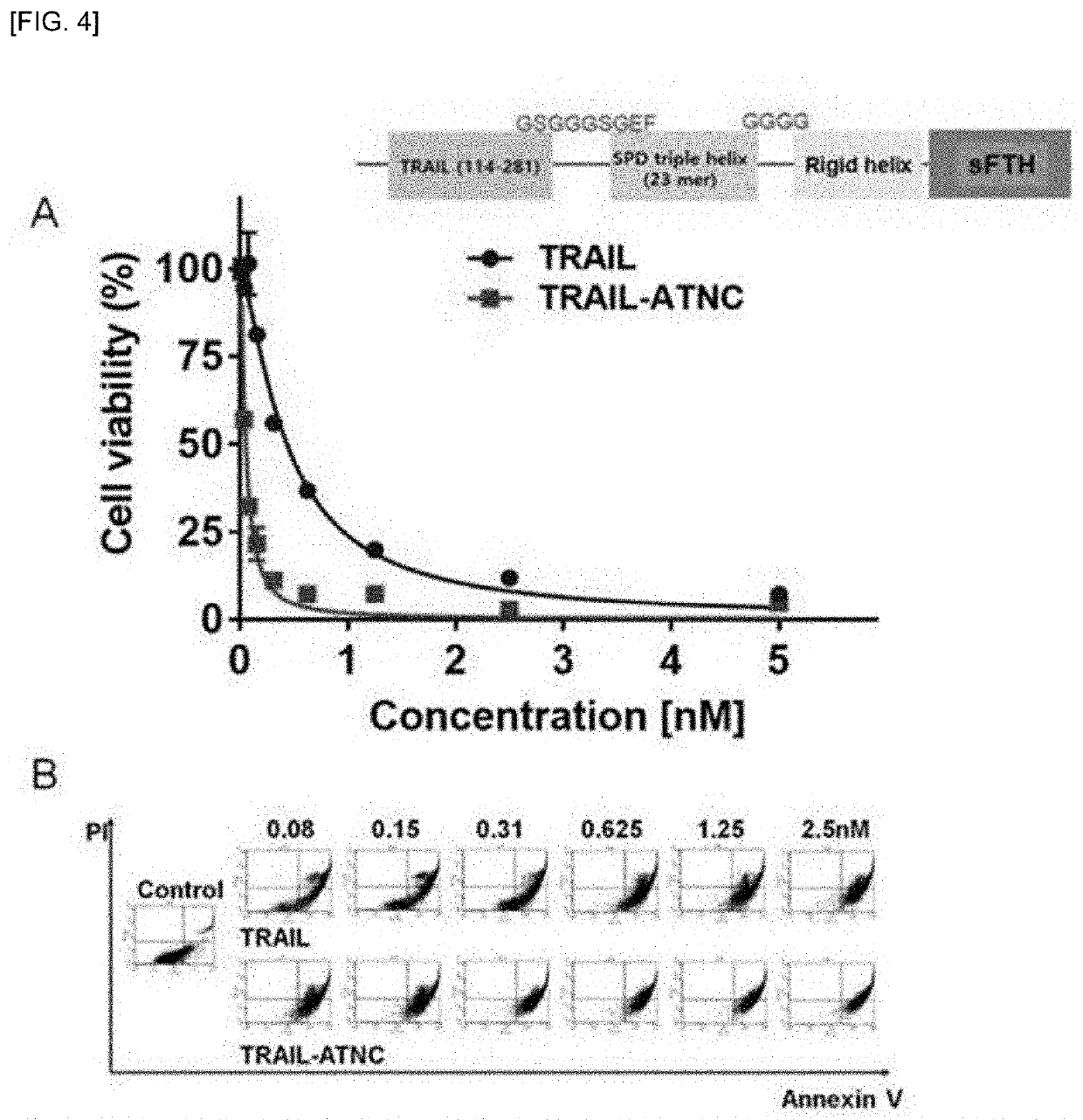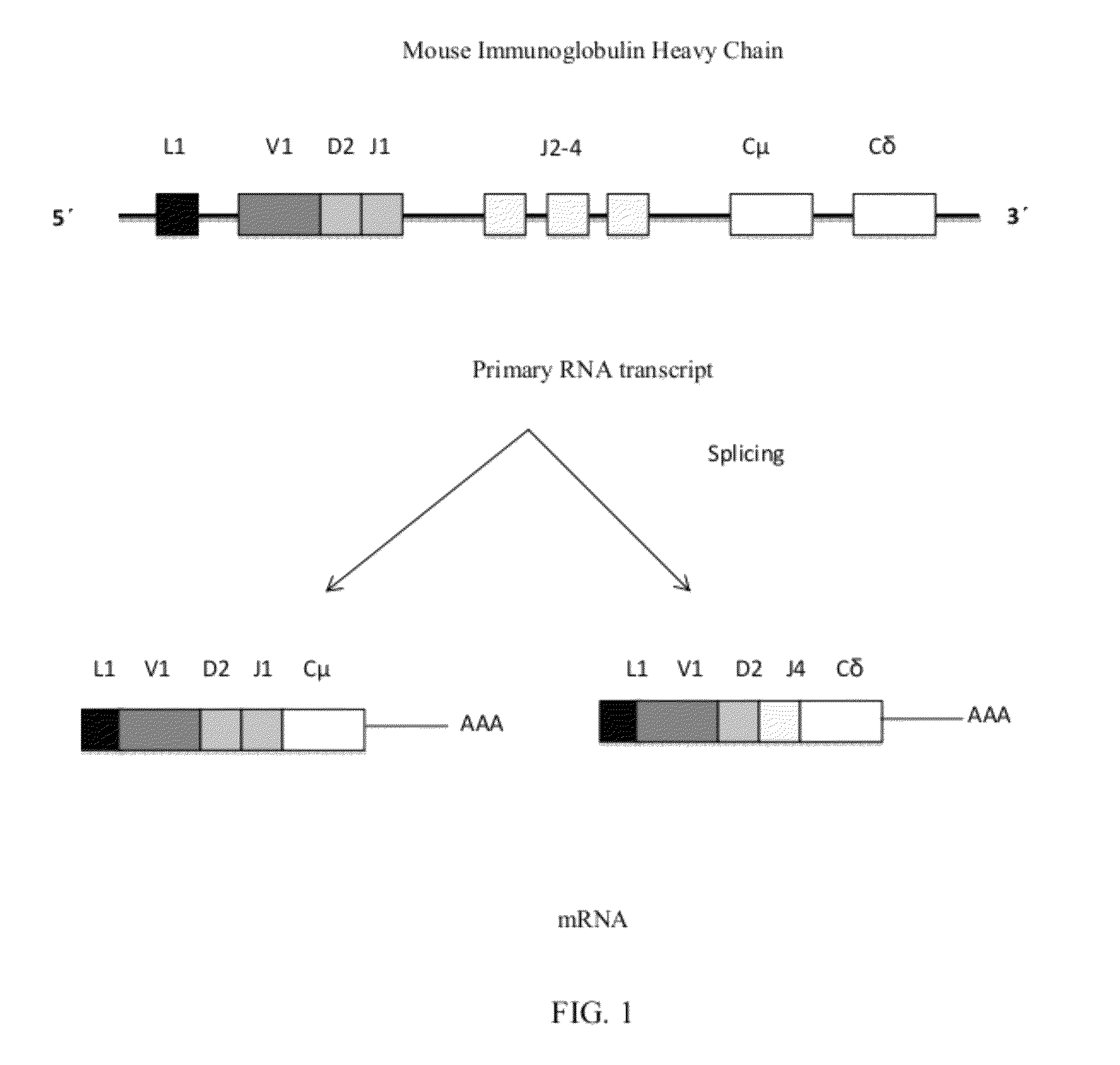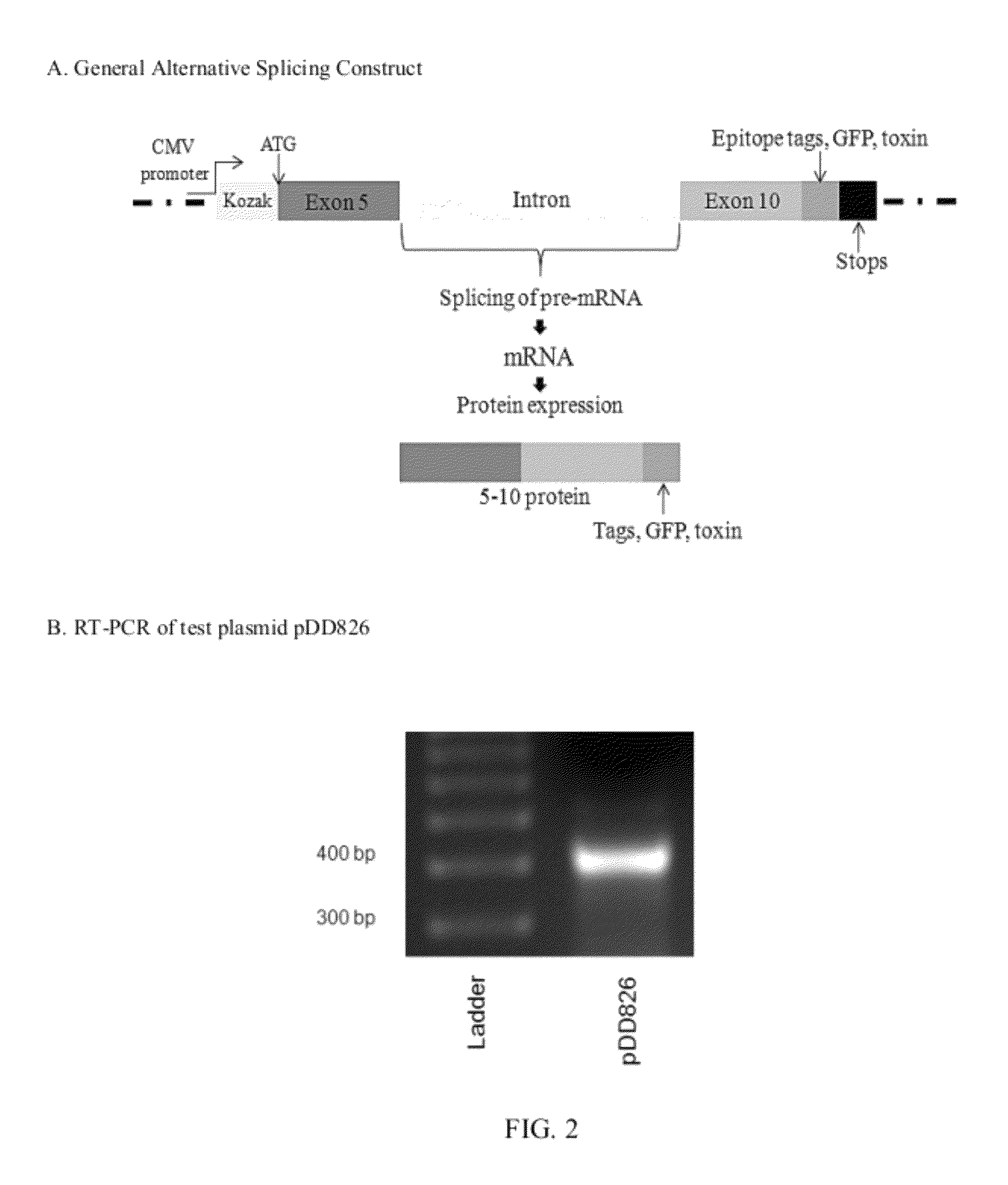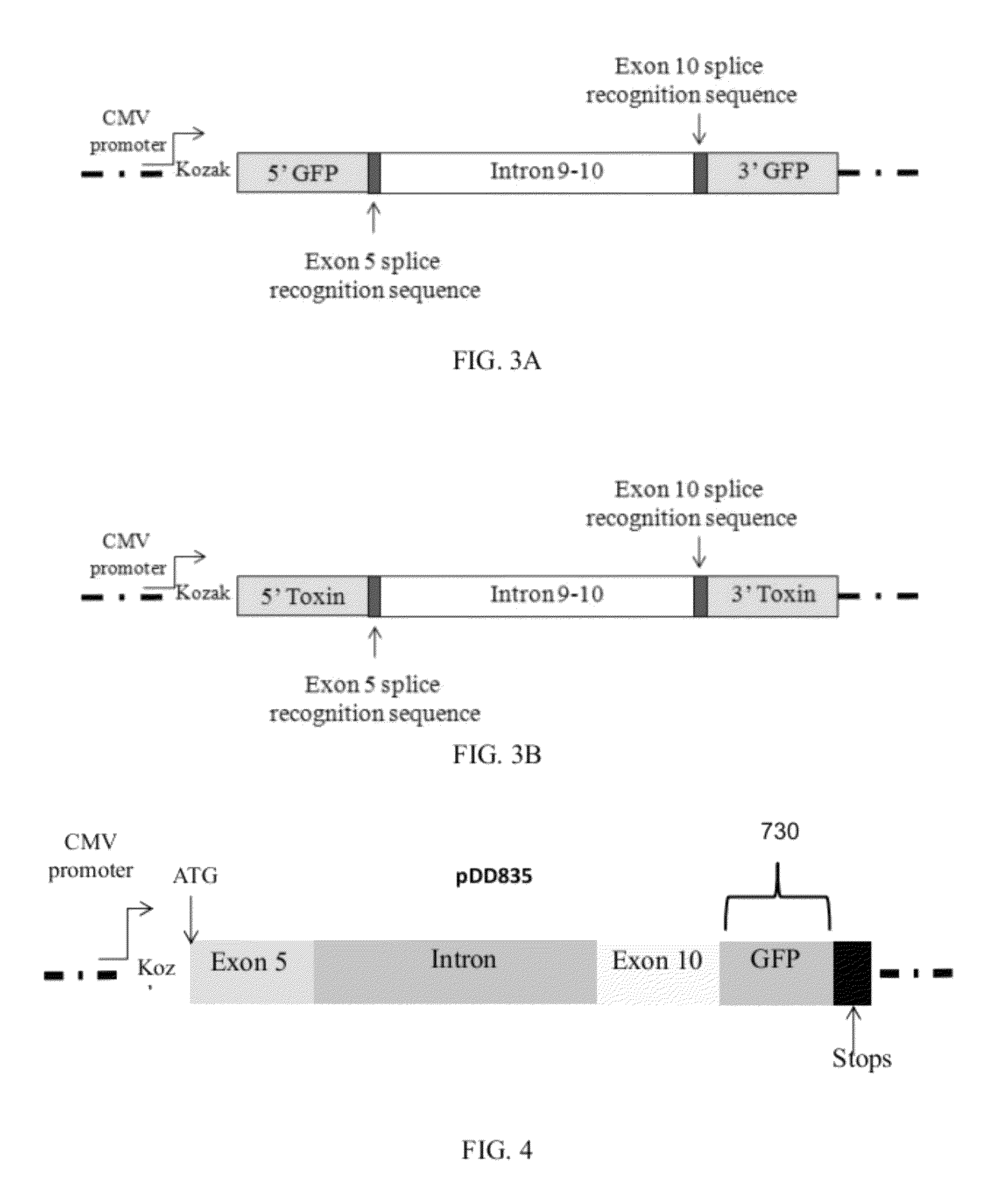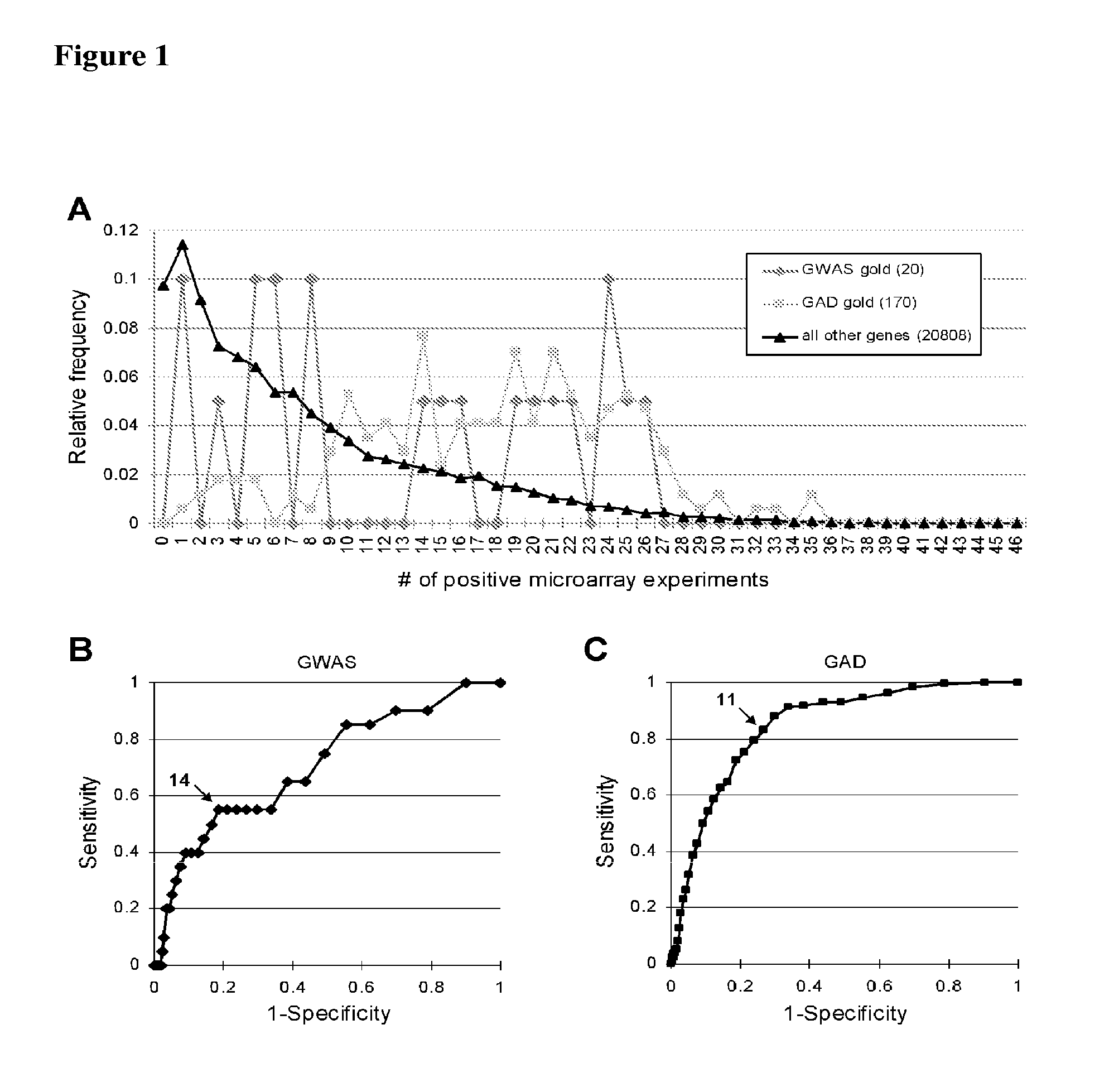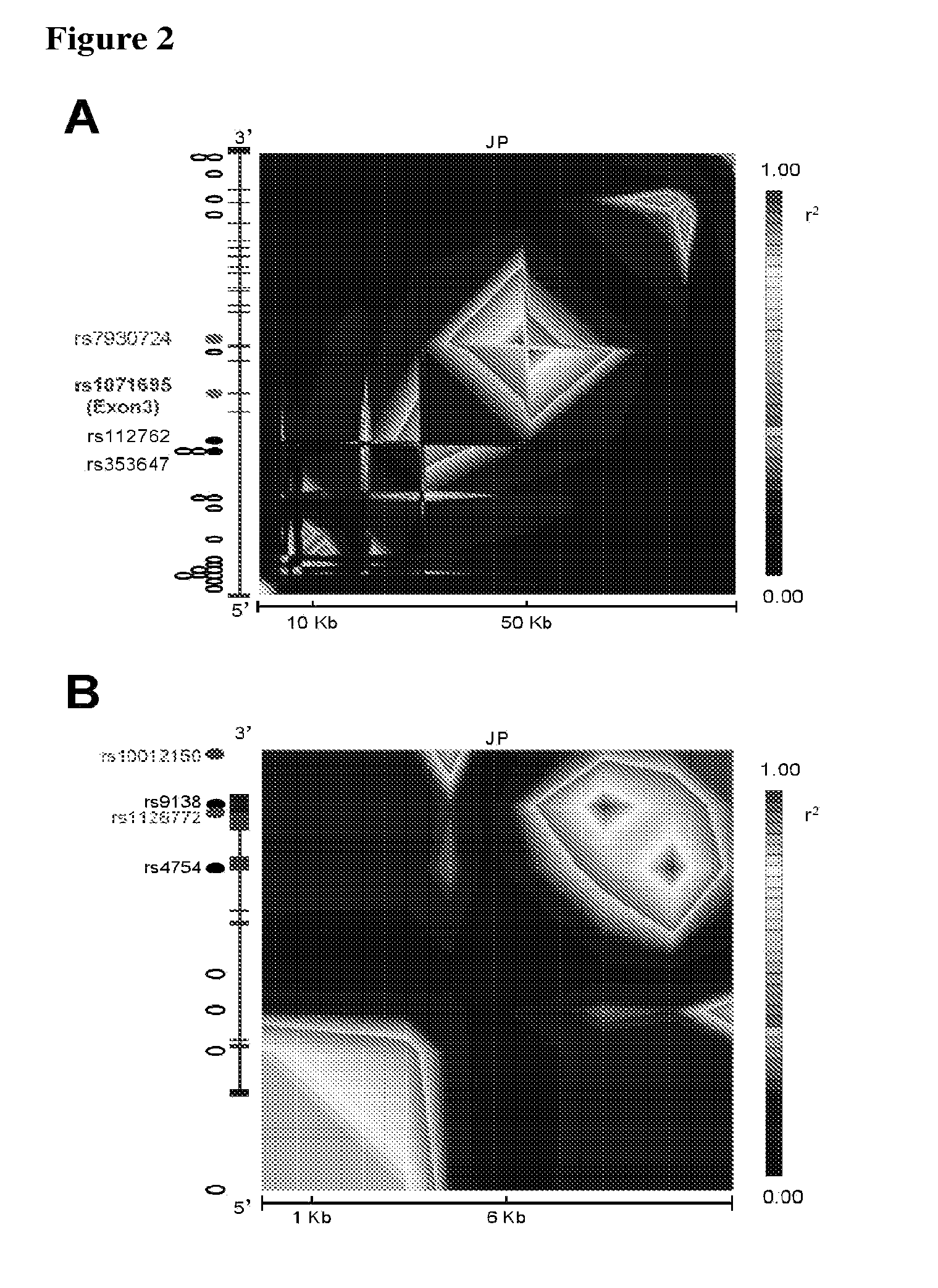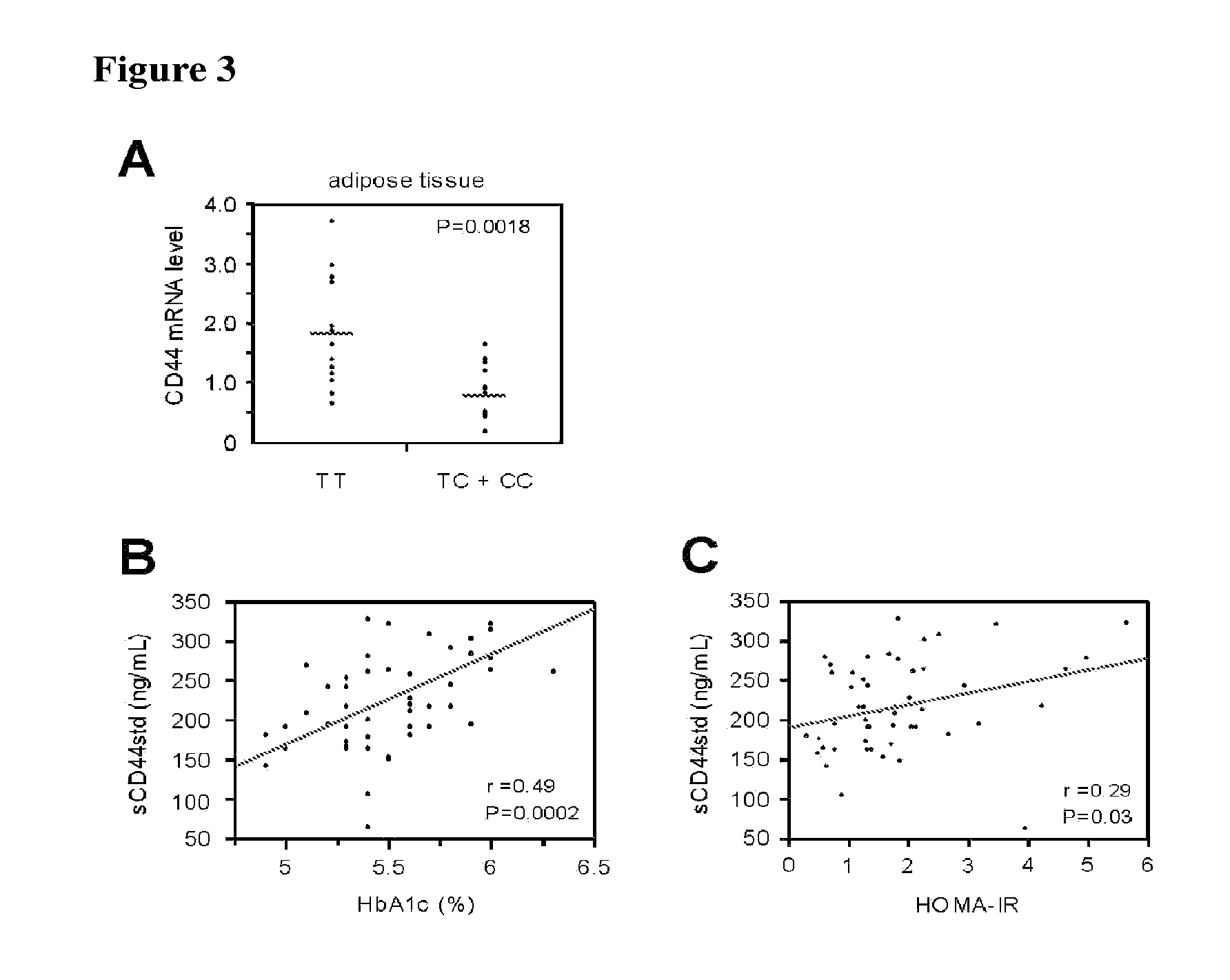Patents
Literature
Hiro is an intelligent assistant for R&D personnel, combined with Patent DNA, to facilitate innovative research.
36results about "CD44" patented technology
Efficacy Topic
Property
Owner
Technical Advancement
Application Domain
Technology Topic
Technology Field Word
Patent Country/Region
Patent Type
Patent Status
Application Year
Inventor
Methods of using CD44 fusion proteins to treat cancer
Pharmaceutical compositions and methods for treating cancer using CD44 antagonists are disclosed. In certain aspects, these pharmaceutical compositions and methods include treating a mammal having a cancer, such as glioma, colon cancer, breast cancer, prostate cancer, ovarian cancer, lung cancer, renal cell carcinoma, gastric cancer, esophageal cancer, head cancer, neck cancer, pancreatic cancer, or melanoma, with a CD44 fusion protein. These CD44 fusion proteins include CD44-Fc fusions and can be used to detect hyaluronan.
Owner:CENT HOSPITALER UNIV VAUDOIS UNIV OF LAUSANNE +1
Marker of human endometrial cancer, antibody and application of antibody
InactiveCN105859872AImmunoglobulins against cell receptors/antigens/surface-determinantsTissue cultureEpitopeCD44
The invention discloses a new human endometrial cancer tumor marker through immune mice from human endometrial cancer oncoprotein. The marker is named GAB31, and is abnormally glycosylated CD44. The marker is characterized in that CD44 contains a saccharide structure Galb1-3(Neu5Aca2-6)GlcNAcb1-4Galb1-4Glcb of epitope; in addition, a monoclonal antibody of the antigen is specifically recognized through screening, an antibody capable of specifically recognizing the antigen is obtained, and it is found through immunomagnetic bead experiments for clinical samples that the EM2D9-MB positive detection rate of a detecting method that the antibody recognizes the antigen GAB31 is obviously higher than that of a conventional cast-off cell microscopic examination method.
Owner:王闳
Inducible fluorescently-tagged protein expression system
The present invention is related to an antibiotic inducible / repressible genetic construct for controlling transcription of a gene of interest in a cell, and methods for its use. The genetic construct provides a plasmid vector comprising a polynucleotide molecule, two tetO sequences, and a single CMV promoter, wherein the polynucleotide molecule further comprises a fluorescent protein gene and an MCS upstream of the fluorescent protein gene, wherein a gene of interest encoding a protein of interest is cloned into the MCS so that a fusion protein comprising the protein of interest and the fluorescent protein may be produced, the polynucleotide molecule being operably linked to two tetO sequences and the single CMV promoter, and wherein the two tetO sequences are incorporated into the single CMV promoter.
Owner:OUHIT ALLAL +2
Cd44v6-derived cyclic peptides for treating cancers and angiogenesis related diseases
ActiveUS20170320930A1Inhibition formationHigh pharmacological effectivenessSenses disorderNervous disorderCyclic peptideDisease
The present invention relates to compounds, pharmaceutical compositions and methods for treating different forms of cancer and angiogenesis related diseases using cyclic peptides.
Owner:UNIVERSITY OF HEIDELBERG
Alternative Splicing Constructs and Methods of Use
Provided are alternative splicing constructs and methods for their use. In particular, CD44 based alternative splicing constructs are provided that include CD44 exon 5. These alternative splicing constructs are useful in high-throughput assays for testing the effects of compounds on splicing and for achieving targeted cell death.
Owner:THE CORP OF MERCER UNIV
Method of detecting cardiac hypertrophy through probe hybridization and gene expression analysis
InactiveUS20040157246A1Low stringency conditionRapid and easy identificationPeptide/protein ingredientsGenetic material ingredientsDiseaseNucleotide
The present invention is based upon the identification of genes which are differentially expressed in hypertrophic cardiac tissue as compared to normal cardiac tissue. Accordingly, the present invention provides nucleotide sequences of genes selected from the group consisting of CH-1, CH-2, CH-3, CH-4, CH-5, CH-6, CH-7, CH-8, and CH-9 and amino acid sequences of their encoded proteins, as well as derivatives (e.g., fragments) and analogs thereof. The invention also provides therapeutic methods and pharmaceutical compositions which are based on the promotion or inhibition of the function of the differentially expressed genes. The invention further provides methods of diagnosis, prognosis and screening for a disposition for diseases or disorders associated with cardiac hypertrophy. Methods for screening for modulators of the protein products of the differentially expressed genes in cardiac hypertrophy tissue are additionally provided.
Owner:SHIMKETS RICHARD A +1
Cd44 binding peptides
InactiveUS20170073392A1Reduce riskEasy to producePowder deliveryNervous disorderNanoparticleADAMTS Proteins
The present invention relates to a protein which binds to the domain encoded by exon 9 of human CD44 (CD44ex9), to fusion proteins and conjugates of said protein and especially to nanoparticles conjugated to said protein. The invention further relates to a method of production for the protein and the respective conjugated nanoparticles and the use of the protein of the invention for treatment and diagnosis of cancer diseases.
Owner:EXCHANGE IMAGING TECH GMBH
Epitope polypeptide CD44-P2 based on prostatic cancer stem cell marker CD44 and application of epitope polypeptide CD44-P2
InactiveCN109608537AImproving immunogenicityIncrease lethalityUrinary disorderAntibody medical ingredientsSurface markerCD44
The invention provides epitope polypeptide CD44-P2 based on a prostatic cancer stem cell marker CD44 and an application of the epitope polypeptide CD44-P2 and relates to the technical field of biological medicine engineering. According to the epitope polypeptide CD44-P2 based on the prostatic cancer stem cell marker CD44 and the application of the epitope polypeptide CD44-P2, the epitope polypeptide based on the prostatic cancer stem cell surface marker CD44 is designed and synthesized by a bioinformatics means, can sacrificially activate cytotoxic T lymphocytes, has good killing effects, canbe used for developing therapeutic peptide vaccines targeting prostatic cancer stem cells, a new technical scheme is provided for precise immunotherapy of malignant prostatic cancer, prostatic cancerstem cells can be specifically targeted, and relapse of prostatic cancer is reduced fundamentally.
Owner:深圳市龙华区人民医院
Antigen epitope peptide CD44-P1 based on prostatic cancer stem cell marker CD44 and application thereof
InactiveCN109593125AImproving immunogenicityIncrease lethalityCancer antigen ingredientsFermentationCytotoxicityCD44
The invention provides antigen epitope peptide CD44-P1 based on a prostatic cancer stem cell marker CD44 and application thereof, and relates to the technical field of biomedicine engineering. The antigen epitope peptide based on the prostatic cancer stem cell marker CD44 is designed and synthesized through bioinformatics means, specifically activates cytotoxicity T lymphocyte, has an excellent kill effect, can be applied to the development of prostatic cancer stem cell targeted therapeutic peptide vaccine, provides a novel technical scheme for the precise immunological therapy of malignant prostatic cancer, and can further specifically target prostatic cancer stem cell to reduce the recurrence of prostatic cancer.
Owner:深圳市龙华区人民医院
Neuroprotective peptides
A method of treating a neurodegenerative disorder is disclosed. The method comprises administering to the subject a therapeutically effective amount of an isolated peptide comprising at least 3 amino acids of a CD44V10 amino acid sequence no more than 20 amino acids of said CD44V10 amino acid sequence and comprising a neuroprotective activity.
Owner:NEURIM PHARMA
Virus-like particles with high-density coating for inducing the expression of antibodies
ActiveUS20190315807A1Polypeptide with localisation/targeting motifImmunoglobulin superfamilyHigh densityVirus-like particle
The invention relates to a fusion protein comprising a polypeptide of interest, a transmembrane domain and an HIV gag polypeptide, or their functionally equivalent variants. The invention also relates to the polynucleotides, vectors, host cells and virus-like particles expressing or presenting said fusion proteins and to the pharmaceutical, immunogenic or vaccines composition containing said fusion proteins, polynucleotides, vectors, host cells and virus-like particles and their use in human and veterinary medicine.
Owner:FUNDACIO PRIVADA INST DE RECERCA DE LA SIDA CAIXA
Cd44 binding peptides
InactiveCN106061496AReduce the risk of side effectsPowder deliveryNervous disorderNanoparticleBinding peptide
The present invention relates to a protein which binds to the domain encoded by exon 9 of human CD44 (CD44ex9), to fusion proteins and conjugates of said protein and especially to nanoparticles conjugated to said protein. The invention further relates to a method of production for the protein and the respective conjugated nanoparticles and the use of the protein of the invention for treatment and diagnosis of cancer diseases.
Owner:EXCHANGE IMAGING TECH GMBH
Cd44 binding peptides
The present invention relates to a protein which binds to the domain encoded by exon 9 of human CD44 (CD44ex9), to fusion proteins and conjugates of said protein and especially to nanoparticles conjugated to said protein. The invention further relates to a method of production for the protein and the respective conjugated nanoparticles and the use of the protein of the invention for treatment and diagnosis of cancer diseases.
Owner:EXCHANGE IMAGING TECH GMBH
Therapeutic antibody and uses thereof
InactiveUS20210087289A1Biological material analysisImmunoglobulins against cell receptors/antigens/surface-determinantsDiseaseAntigen Binding Fragment
The invention described herein provides antibodies or antigen-binding fragment thereof specific for an epitope within the variant exon v6 or v9 of the CD44 gene (CD44v6 or CD44v9), antibody-drug-conjugate (ADC) thereof, and other derivative comprising the antibodies or antigen-binding fragment thereof. The invention also provides nucleic acid molecules encoding the same, and methods of making the same. The invention further provides pharmaceutical compositions comprising the same, and the use of the same in treating diseases or in the manufacture of a medicament for the treatment of the diseases, such as cancer.
Owner:MULTITUDE
Methods for diagnosing and treating diseases based on modulating drug efflux by binding to cryptic region of cd44
InactiveUS20200299355A1Preventing cellular effluxEffective treatmentOrganic active ingredientsPeptide/protein ingredientsDiseaseAnticarcinogen
The present invention relates to methods for modulating efflux of drugs based on binding to a protein region of CD44 in part comprising the amino acid sequence specified in the provisional application referenced above, and incorporated in its entirety by reference herein (“PROV”). In some aspects, the present invention relates to methods for treatment of cancer by preventing the cellular efflux of therapeutic drugs; for example, preventing the cellular efflux of anti-cancer agents, for example a taxane, by contacting a CD44-modulating peptide, comprising the amino acid sequence specified in the provisional application referenced above, and incorporated in its entirety by reference herein (“PROV”).
Owner:SPLASH PHARMA INC
Stem cells expressing mesenchymal and neuronal markers, compositions thereof, and methods of preparation thereof
The invention provides a method of producing human immature dental pulp stem cells (hIDPSCs) expressing CD44 and CD13 and lacking expression of CD146. The invention also provides compositions for use in the treatment of a neurological disease or condition selected from the group consisting of Parkinson's disease (PD), multiple sclerosis, amyotrophic lateral sclerosis (ALS), stroke, autoimmune encephalomyelitis, diabetic neuropathy, glaucomatous neuropathy, Alzheimer's disease, Huntington's disease (HD), autism, schizophrenia, stroke, ischemia, a motor disorder, and a convulsive disorder.
Owner:AVITA INT +1
Virus-like particles with high-density coating for inducing the expression of antibodies
ActiveUS10906943B2Polypeptide with localisation/targeting motifImmunoglobulin superfamilyNucleotideVirus-like particle
The invention relates to a fusion protein comprising a polypeptide of interest, a transmembrane domain and an HIV gag polypeptide, or their functionally equivalent variants. The invention also relates to the polynucleotides, vectors, host cells and virus-like particles expressing or presenting said fusion proteins and to the pharmaceutical, immunogenic or vaccines composition containing said fusion proteins, polynucleotides, vectors, host cells and virus-like particles and their use in human and veterinary medicine.
Owner:FUNDACIO PRIVADA INST DE RECERCA DE LA SIDA CAIXA
Stem cells expressing mesenchymal and neuronal markers, compositions thereof, and methods of preparation thereof
The invention provides a method of producing human immature dental pulp stem cells (hIDPSCs) expressing CD44 and CD13 and lacking expression of CD146. The invention also provides compositions for use in the treatment of a neurological disease or condition selected from the group consisting of Parkinson's disease (PD), multiple sclerosis, amyotrophic lateral sclerosis (ALS), stroke, autoimmune encephalomyelitis, diabetic neuropathy, glaucomatous neuropathy, Alzheimer's disease, Huntington's disease (HD), autism, schizophrenia, stroke, ischemia, a motor disorder, and a convulsive disorder.
Owner:AVITA INT +1
Antigen epitope polypeptide cd44-p2 based on prostate cancer stem cell marker cd44 and its application
InactiveCN109608537BImproving immunogenicityIncrease lethalityUrinary disorderAntibody medical ingredientsAntigen epitopeCD44
The invention provides epitope polypeptide CD44-P2 based on a prostatic cancer stem cell marker CD44 and an application of the epitope polypeptide CD44-P2 and relates to the technical field of biological medicine engineering. According to the epitope polypeptide CD44-P2 based on the prostatic cancer stem cell marker CD44 and the application of the epitope polypeptide CD44-P2, the epitope polypeptide based on the prostatic cancer stem cell surface marker CD44 is designed and synthesized by a bioinformatics means, can sacrificially activate cytotoxic T lymphocytes, has good killing effects, canbe used for developing therapeutic peptide vaccines targeting prostatic cancer stem cells, a new technical scheme is provided for precise immunotherapy of malignant prostatic cancer, prostatic cancerstem cells can be specifically targeted, and relapse of prostatic cancer is reduced fundamentally.
Owner:深圳市龙华区人民医院
Peptides for binding to CD44v6 and use thereof
ActiveUS11192920B2Stable in serumInhibit cell migrationOrganic active ingredientsPeptide/protein ingredientsCancer cellPeptide display
The present invention relates to a peptide bound to CD44v6 and uses for inhibiting cancer metastasis using the same, and the peptide of the present invention specifically binds to CD44v6 and inhibits it, thereby inhibiting cancer cell migration and metastasis. The peptides of the present invention selected two peptides (v6Pep-1 and v6Pep-2) that bind well to cells with high expression of human CD44v6 protein using phage peptide display technology and it was confirmed that it interferes with the binding between c-Met and CD44v6 to inhibit cancer cell migration. The peptide of the present invention is relatively stable in serum and shows a high potential as an anticancer treatment agent that suppresses metastasis due to the progression and migration of cancer in the future.
Owner:JP DUETBIO CO LTD
Methods for diagnosis and treatment of non-insulin dependent diabetes mellitus
InactiveCN102781517AOrganic active ingredientsMetabolism disorderInsulin dependent diabetesInsulin resistance
Methods and compositions are provided for the treatment and diagnosis of diseases related to hyperglycemic conditions, including diabetes, insulin resistance, and the like. Genetic polymorphisms are shown to be associated with disease susceptibility, and their detection is used in the diagnosis of a predisposition to these conditions. The corresponding proteins are useful as targets for therapeutic intervention.
Owner:THE BOARD OF TRUSTEES OF THE LELAND STANFORD JUNIOR UNIV
CD44V6-Derived Peptides for Treating Metastasizing Cancer
InactiveUS20170305995A1Inhibition formationEffective in regressionPeptide/protein ingredientsCD44Pancreas CarcinomaOncology
The present invention relates to compounds, pharmaceutical compositions and methods for treating different forms of pancreatic cancer.
Owner:AMCURE
BFGF mesenchymal stem cell exosomes and preparation method and application thereof
ActiveCN113073081BEnhance specific targetingImprove repair effectCosmetic preparationsToilet preparationsTissue repairMesenchymal stem cell
The present invention relates to a bFGF mesenchymal stem cell exosome and its preparation method and application. The bFGF mesenchymal stem cell exosome is secreted by mesenchymal stem cells and can express bFGF fusion protein on the mesenchymal stem cell membrane of exosomes. In the present invention, for the first time, bFGF is expressed on the membrane of mesenchymal stem cells and mesenchymal stem cell exosomes in the form of fusion protein, which can express a large amount of bFGF protein, and can enhance the specific targeting of mesenchymal stem cell exosomes , Significantly improves the effect of wound repair and reduces the formation of scars. The present invention provides a new safe and efficient drug or medical preparation or medical aesthetic product for promoting tissue repair.
Owner:广州远想生物科技股份有限公司
Compositons and methods for cartilage defect repair using a rhamm-mimetic peptide
Owner:LONDON HEALTH SCI CENT RES +1
A cow mammary gland epithelial cell line knocked out of cd44 gene and its construction method
ActiveCN110499316BPrecise and Efficient KnockoutKnockout worksMicrobiological testing/measurementGenetically modified cellsNucleotideCD44
The invention discloses a cow mammary gland epithelial cell line knocked out of the CD44 gene and a construction method thereof. The method utilizes a recognition sequence of a gRNA knocking out the CD44 gene, the nucleotide sequence of which is shown in SEQ ID NO:1. The present invention utilizes the gRNA designed by the inventor to accurately and efficiently knock out the CD44 gene, and effectively constructs a dairy cow mammary epithelial cell with the CD44 gene knocked out. The present invention solves the defect of low interference efficiency in RNAi technology and provides a A simple and efficient method for constructing gene knockout cell lines. CD44 gene is an important marker gene related to lipid metabolism and fatty acid metabolism. The establishment of its knockout cell line also provides effective genetic materials and genetic tools for further research on the functions of genes related to lipid metabolism and fatty acid metabolism pathways.
Owner:GUANGDONG OCEAN UNIVERSITY
CD-44 like protein
The present invention concerns a novel CD44-like protein receptor. In particular, isolated nucleic acid molecules are provided encoding the CD44-like protein. CD44-like polypeptides are also provided, as are screening methods for identifying agonists and antagonists capable of enhancing or inhibiting CD44-like protein-mediated signaling. The invention further concerns therapeutic methods for treating diseases associated with processes mediated by CD44-like protein signaling.
Owner:HUMAN GENOME SCI INC
Compositions and methods for cartilage defect repair using a RHAMM-mimetic peptide
Owner:LONDON HEALTH SCI CENT RES +1
Ferritin nanocage for multi-displaying trail trimer and cancer-targeting peptide and use thereof as anticancer agent
PendingUS20220177547A1Enhanced cancer targetingEfficient targetingPeptide/protein ingredientsAntibody mimetics/scaffoldsCancer deathCancer targeting
The present invention relates to a ferritin nanocage for multi-displaying a TRAIL trimer and a cancer-targeting peptide, and use thereof as an anticancer agent, and relates to the development of a TRAIL fusion nanoprotein, in which TRAIL with a trimer structure is conjugated to a human ferritin monomer fragment, and which exhibits enhanced cancer targeting using a cancer-targeting peptide. When injected into a blood vessel, the fusion protein according to the present invention effectively targets cancer and thus effectively leads to cancer death caused by TRAIL, wherein the fusion nanoprotein addresses the instability and off-targeting problems of TRAIL proteins, stably delivers a TRAIL trimer to cancer tissue, and thus there is a high possibility of developing an anticancer agent using same.
Owner:KYUNGPOOK NAT UNIV IND ACADEMIC COOP FOUND
Alternative splicing constructs and methods of use
Provided are alternative splicing constructs and methods for their use. In particular, CD44 based alternative splicing constructs are provided that include CD44 exon 5. These alternative splicing constructs are useful in high-throughput assays for testing the effects of compounds on splicing and for achieving targeted cell death.
Owner:THE CORP OF MERCER UNIV
Methods for Diagnosis and Treatment of Non-Insulin Dependent Diabetes Mellitus
InactiveUS20130071408A1Reduce usageUseful in treatmentOrganic active ingredientsSugar derivativesInsulin resistanceTherapy intervention
Owner:THE BOARD OF TRUSTEES OF THE LELAND STANFORD JUNIOR UNIV
Features
- R&D
- Intellectual Property
- Life Sciences
- Materials
- Tech Scout
Why Patsnap Eureka
- Unparalleled Data Quality
- Higher Quality Content
- 60% Fewer Hallucinations
Social media
Patsnap Eureka Blog
Learn More Browse by: Latest US Patents, China's latest patents, Technical Efficacy Thesaurus, Application Domain, Technology Topic, Popular Technical Reports.
© 2025 PatSnap. All rights reserved.Legal|Privacy policy|Modern Slavery Act Transparency Statement|Sitemap|About US| Contact US: help@patsnap.com
